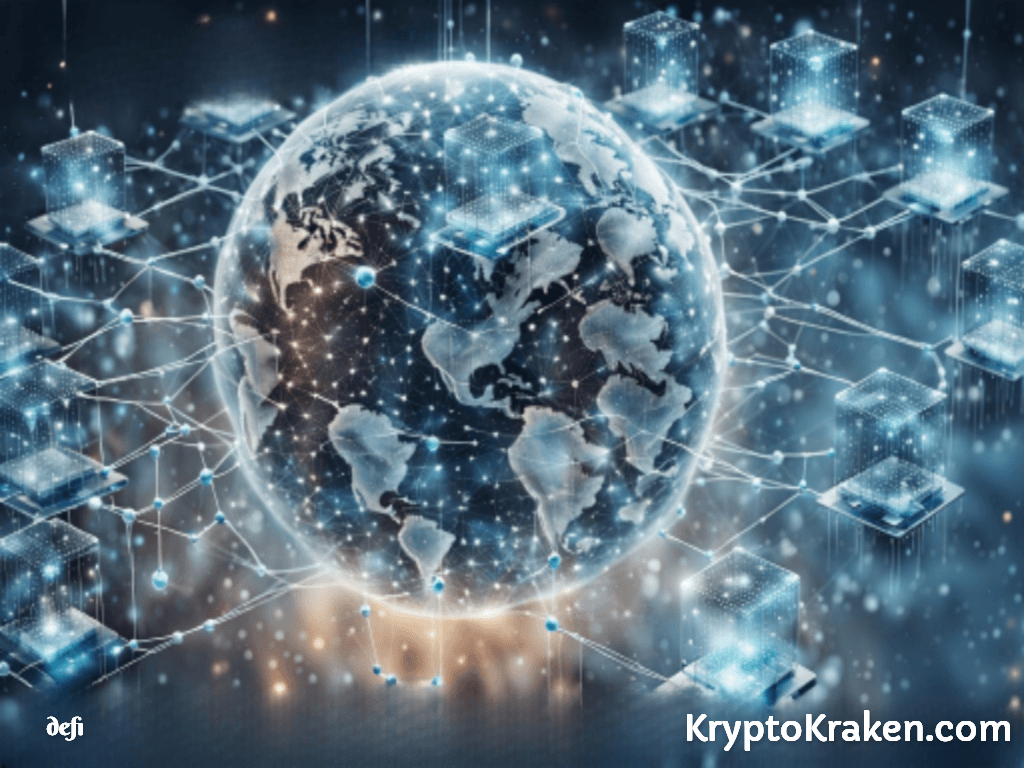
- August 24, 2023
- Dennis Frank
- 1
Table of Contents
DeFi: The Complete Guide
Decentralized Finance (DeFi) has recently been gaining momentum as an innovative financial system. It operates on the blockchain network, removing intermediaries and allowing users to control their finances independently. This article aims to provide a comprehensive guide to understanding DeFi and explore how it is transforming the traditional financial system.
Understanding DeFi: The Basics
What is Decentralized Finance (DeFi)?
DeFi refers to a decentralized ecosystem of financial applications built on blockchain technology. It aims to provide financial services without the need for intermediaries such as banks or other financial institutions. The DeFi system utilizes smart contracts, a self-executing code that enforces the terms of the agreement and eliminates the need for intermediaries.
The concept of DeFi has gained popularity in recent years, as it offers several advantages over traditional financial systems. Firstly, it provides greater accessibility to financial services, especially for those who are unbanked or underbanked. Secondly, it allows for greater transparency and security, as all transactions are recorded on a public ledger, and smart contracts ensure that the terms of the agreement are met. Lastly, it enables faster and cheaper transactions, as there are no intermediaries involved, and transactions can be executed 24/7.
The Evolution of DeFi
The roots of DeFi can be traced back to Bitcoin, the first cryptocurrency that enabled transactions without intermediaries. Ethereum, the second largest cryptocurrency, built upon this concept and introduced smart contracts, which can power a variety of decentralized applications, including DeFi. In 2019, DeFi gained momentum and continues to be an essential aspect of the blockchain ecosystem.
DeFi has come a long way since its inception, with several new applications and use cases being developed every day. Some of the most popular DeFi applications include decentralized exchanges (DEXs), lending and borrowing platforms, stablecoins, and prediction markets. Where might Defi be going in the future? Read here for a little more information about the Future of Defi
Key Components of DeFi
DeFi is comprised of several interdependent components, including:
- Smart contracts
- Decentralized Applications (dApps)
- Decentralized Autonomous Organizations (DAOs)
- Oracles
Smart contracts are the backbone of DeFi, as they enable the automation of financial agreements without the need for intermediaries. Decentralized applications (dApps) are built on top of smart contracts and provide a user interface for interacting with the DeFi ecosystem. Decentralized Autonomous Organizations (DAOs) are organizations that are governed by smart contracts and operate without a central authority. Oracles are third-party services that provide off-chain data to smart contracts, enabling them to execute more complex financial agreements.
Together, these components form a robust and decentralized financial system that has the potential to disrupt traditional financial systems and provide greater financial freedom to individuals all over the world.
DeFi Building Blocks
Decentralized Finance (DeFi) is a rapidly growing sector in the world of blockchain and cryptocurrency. It is a financial system that operates on a decentralized network, allowing users to access financial services without intermediaries such as banks. DeFi is built on a variety of innovative technologies, including smart contracts, decentralized applications (dApps), decentralized autonomous organizations (DAOs), and oracles.
Smart Contracts
Smart contracts are a key component of DeFi. They are self-executing contracts with the terms of the agreement between the buyer and seller being directly written into code. Smart contracts are responsible for the automation of financial transactions without intermediaries while providing high security. They are programmed to execute automatically when certain conditions are met. This ensures that all parties involved in the transaction are held accountable and that there is no room for fraud or manipulation.
Smart contracts have numerous applications in DeFi. They are used to create decentralized exchanges, lending platforms, insurance systems, and more. They allow for the creation of trustless systems that operate without the need for intermediaries.
Decentralized Applications (dApps)
Decentralized Applications are built on top of blockchain networks, allowing them to operate in a decentralized manner and without intermediaries. They offer a variety of financial services, including lending, borrowing, exchanging cryptocurrencies, trading, and insurance. dApps are designed to be open-source, meaning that anyone can contribute to their development and improvement.
dApps have become increasingly popular in recent years due to their ability to provide financial services to anyone with an internet connection. They allow users to access financial services without the need for a bank account or credit history. This has the potential to revolutionize the way we think about finance and banking.
Decentralized Autonomous Organizations (DAOs)
Decentralized Autonomous Organizations are organizations that operate without human intervention, relying solely on rules encoded as computer programs. This ensures a transparent decision-making process for everyone involved in the system. DAOs are run by a community of stakeholders who vote on proposals and make decisions based on the rules encoded in the program.
DAOs have the potential to revolutionize the way organizations are run. They offer a transparent and democratic decision-making process that is not influenced by human bias or self-interest. DAOs are often used in DeFi to govern decentralized protocols and manage decentralized funds.
Oracles
Oracles are essential components in DeFi that provide external data to smart contracts regarding information such as the market price of assets within the system. They help create trustless systems by providing verifiable data to the network. Oracles are responsible for feeding real-world data into the blockchain, allowing smart contracts to execute based on real-world events.
Oracles have become increasingly important in DeFi as the sector has grown. They are used to provide price feeds for decentralized exchanges, insurance systems, and more. Oracles are also used to provide data for prediction markets, allowing users to make bets on real-world events.
Overall, the combination of smart contracts, dApps, DAOs, and oracles has created a powerful ecosystem of decentralized finance. This ecosystem has the potential to revolutionize the way we think about finance and banking, providing financial services to anyone with an internet connection and creating a more transparent and democratic financial system.
DeFi Financial Services
Decentralized Finance, or DeFi, is a term used to describe a new wave of financial services that operate on the blockchain network. These services are designed to be transparent, secure, and accessible to anyone with an internet connection. DeFi services aim to remove intermediaries from financial transactions, allowing for greater efficiency and lower costs.
Lending and Borrowing
DeFi lending and borrowing platforms are one of the most popular types of DeFi services. These platforms allow users to borrow or lend digital assets without intermediaries. The interest rates on these platforms are determined by supply and demand, providing market-driven rates. This means that borrowers can get better rates than they would from traditional lenders, while lenders can earn higher returns on their investments.
One of the key advantages of DeFi lending and borrowing platforms is that they do not require credit checks. This means that anyone with digital assets can participate, regardless of their credit history. Additionally, these platforms operate globally, allowing users to access funds from anywhere in the world.
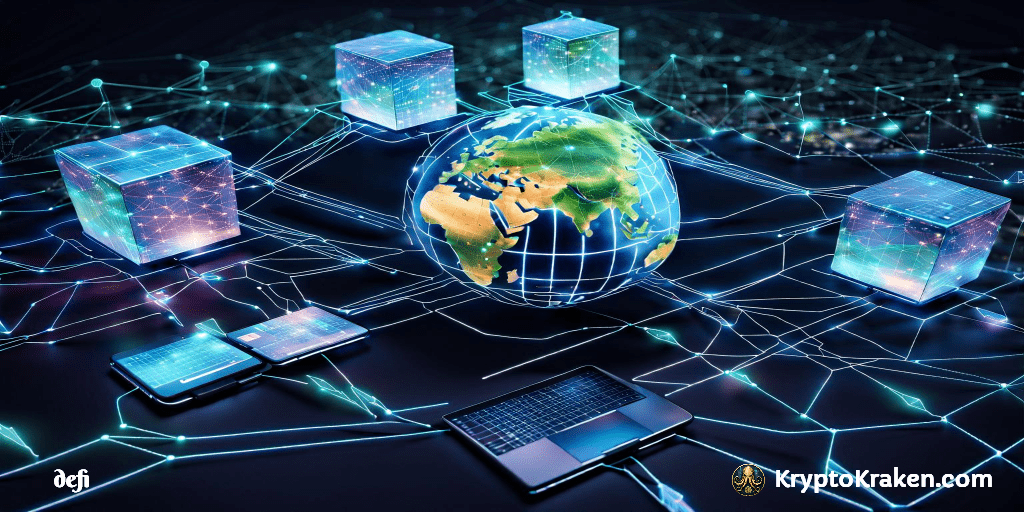
Decentralized Exchanges (DEXs)
Decentralized Exchanges, or DEXs, are another popular type of DeFi service. These platforms allow the exchange of cryptocurrencies without intermediaries. This means that traders can buy and sell cryptocurrencies directly with each other, without the need for a central authority.
DEXs use smart contracts to operate, and transactions are executed in a peer-to-peer manner. This offers increased transparency and security to traders, as all transactions are recorded on the blockchain network.
Asset Management
DeFi asset management platforms enable users to manage their digital assets, such as cryptocurrencies, by investing in different pools of assets. These platforms operate automatically through smart contracts and do not require the involvement of intermediaries, providing transparency and increased security.
One of the key benefits of DeFi asset management platforms is that they offer users greater control over their investments. Users can choose which pools of assets to invest in, and can withdraw their funds at any time. Additionally, these platforms offer lower fees than traditional asset management services.
Derivatives and Prediction Markets
Decentralized derivatives and prediction markets are a newer type of DeFi service. These platforms allow users to exchange contracts based on the future value of an asset. This allows for decentralized hedging and speculation on future asset values without intermediaries.
Derivatives and prediction markets are still in their early stages, but they have the potential to revolutionize the way financial markets operate. By removing intermediaries, these platforms can offer greater efficiency and lower costs to traders.
Insurance
Decentralized insurance platforms offer coverage against risks within the blockchain network. These platforms allow for the creation of customized insurance products and provide fast access to payouts.
One of the key advantages of decentralized insurance platforms is that they are more transparent than traditional insurance services. All transactions are recorded on the blockchain network, providing greater accountability and reducing the risk of fraud.
Stablecoins
Stablecoins are digital tokens that have a stable value in comparison to other cryptocurrencies, such as Bitcoin. This stability is achieved through the pegging of their value to a physical asset such as gold or a fiat currency.
Stablecoins are utilized as a means of payment and medium of exchange within DeFi platforms. They offer users a way to transact without the volatility of other cryptocurrencies, making them ideal for everyday use.
In conclusion, DeFi services offer a new way of accessing financial services that is more transparent, secure, and efficient than traditional services. These services are still in their early stages, but they have the potential to revolutionize the way we think about finance.
Conclusion
DeFi is revolutionizing the traditional financial system by providing a decentralized alternative and offering various financial services without intermediaries. The trustless nature of DeFi systems, along with the increased security and transparency, is driving the adoption of DeFi platforms. DeFi has a vast potential to disrupt the financial industry, and as time progresses, it will continue to evolve and change the way we view finance forever. For more information, you can visit Defi 101: An Introduction to Decentralized Finance



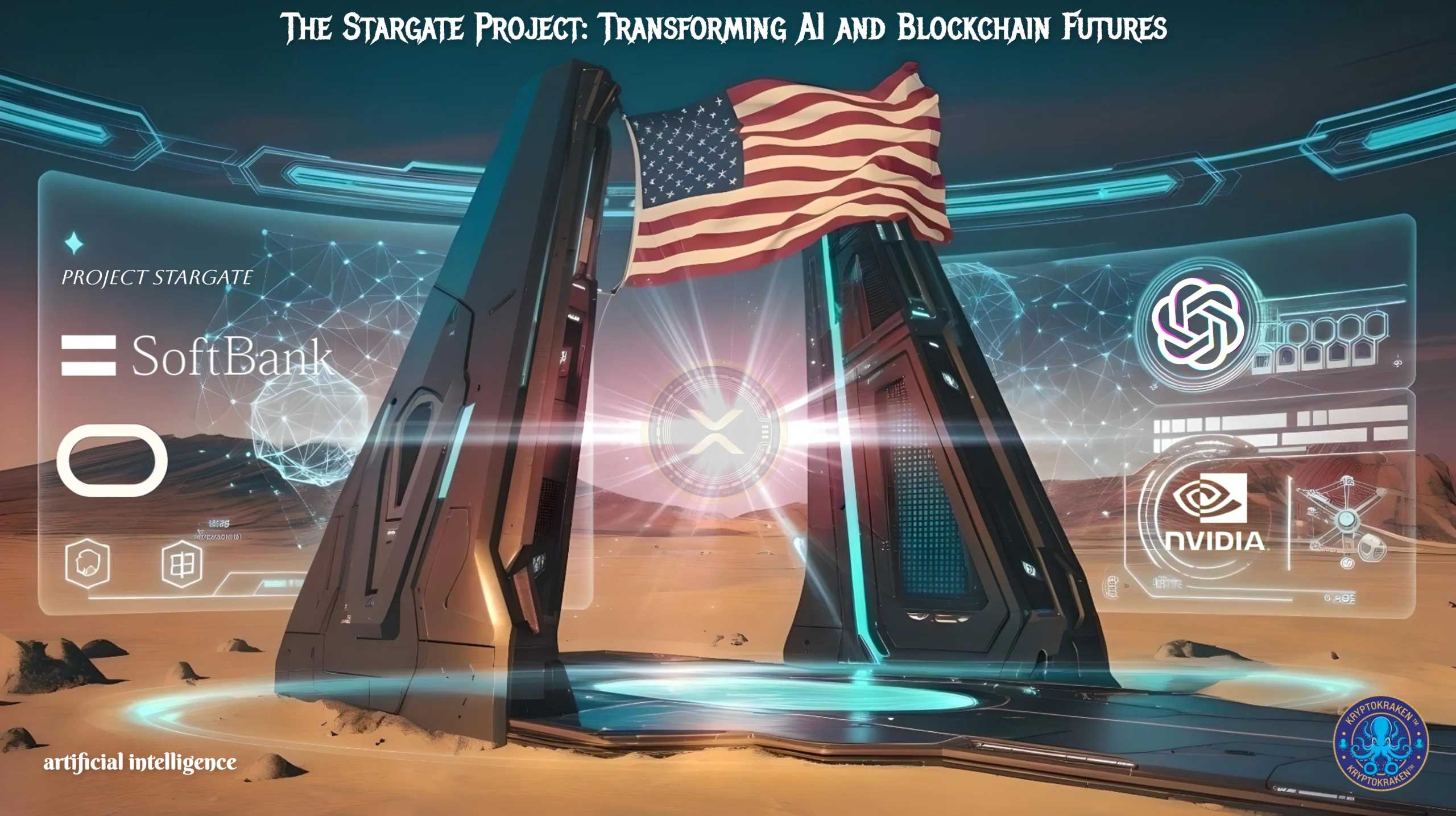
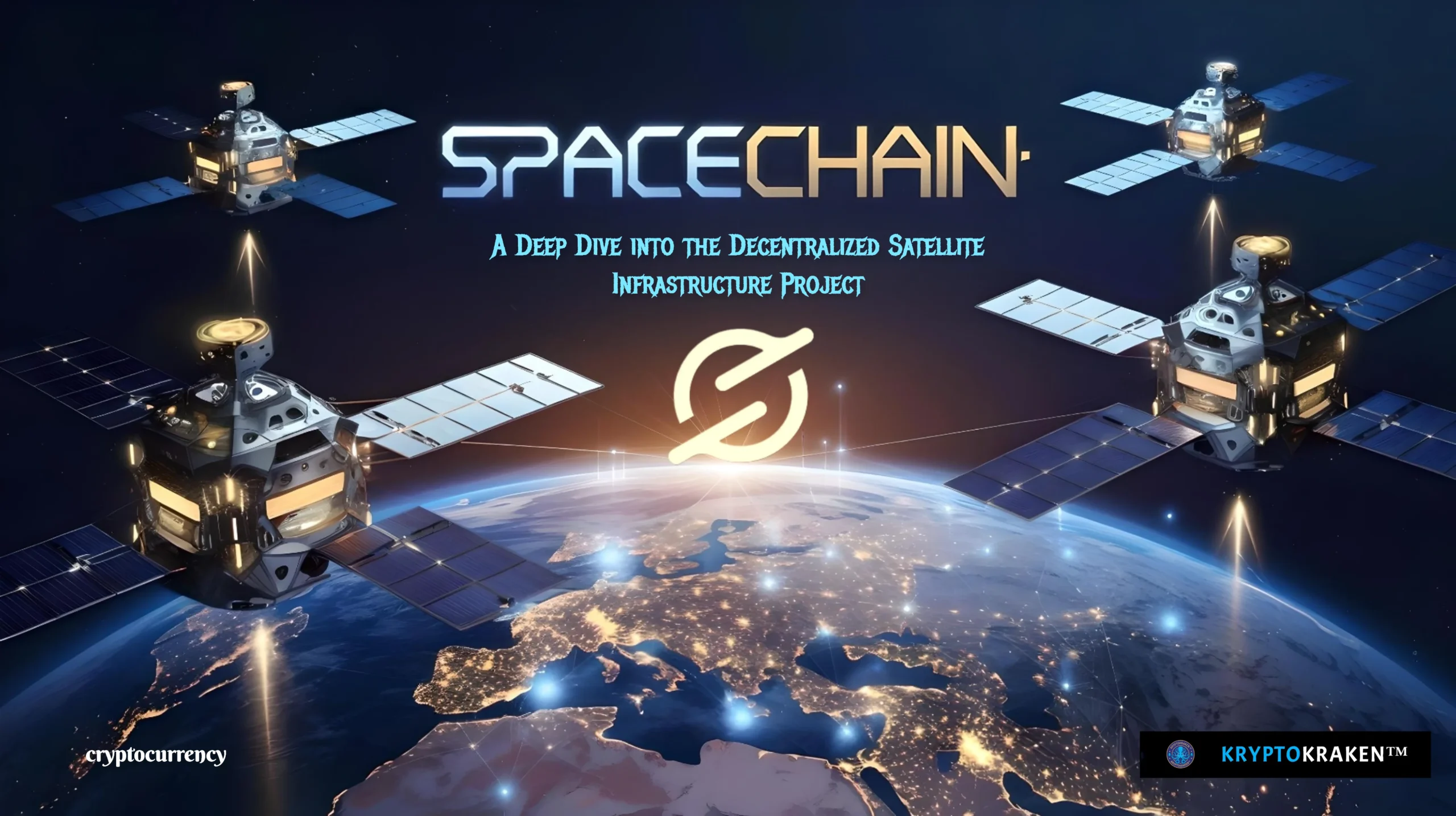
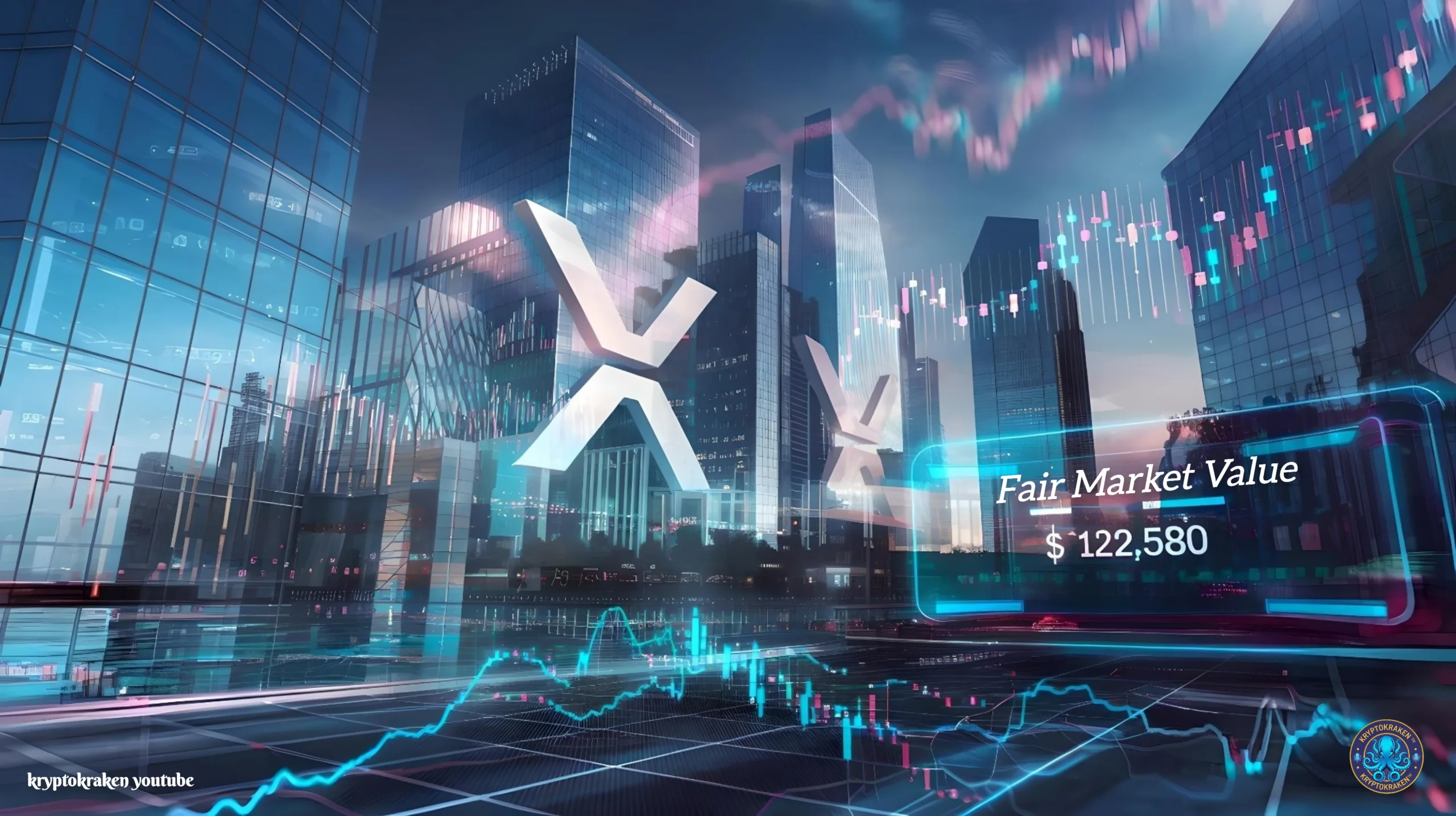
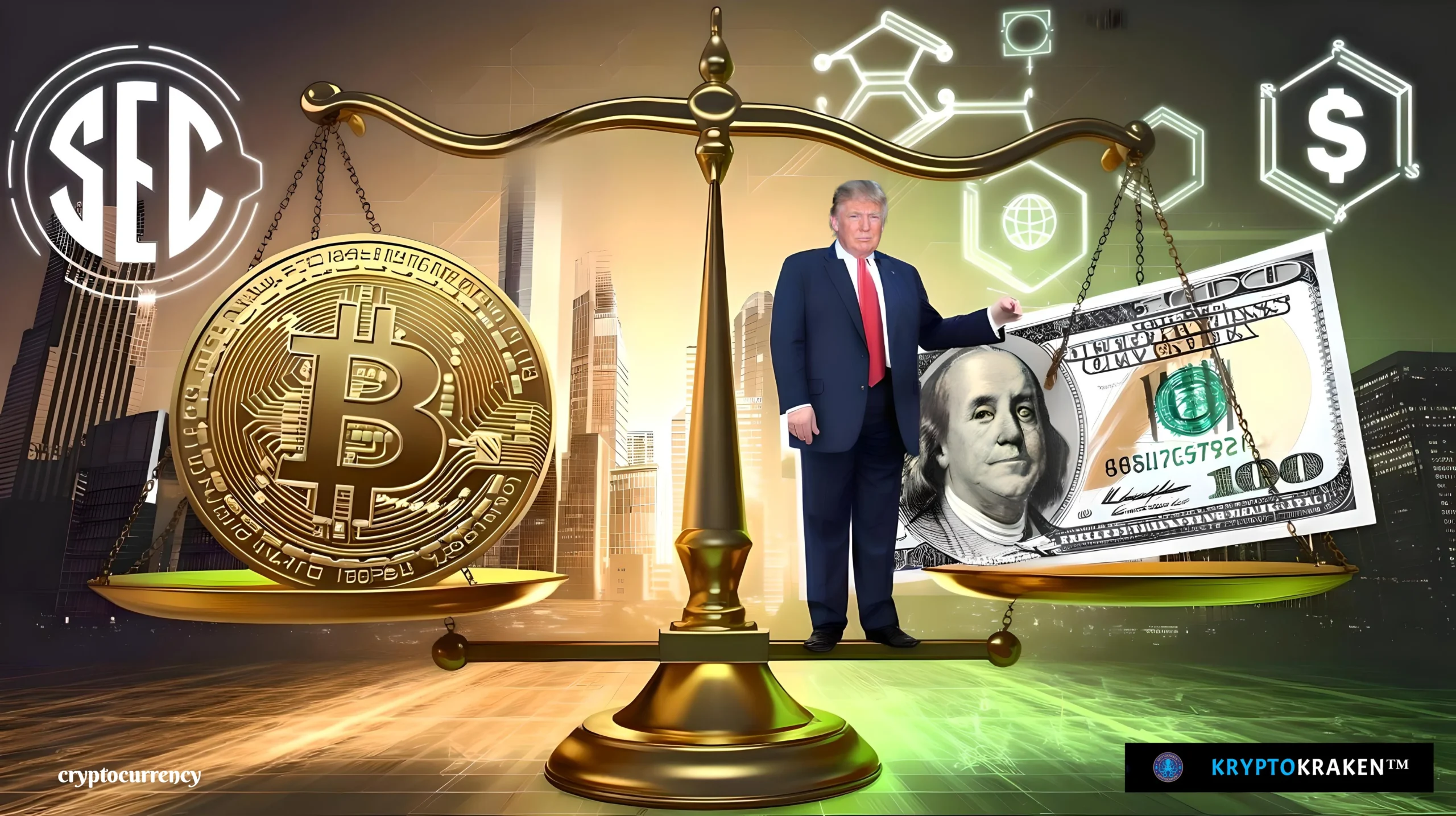

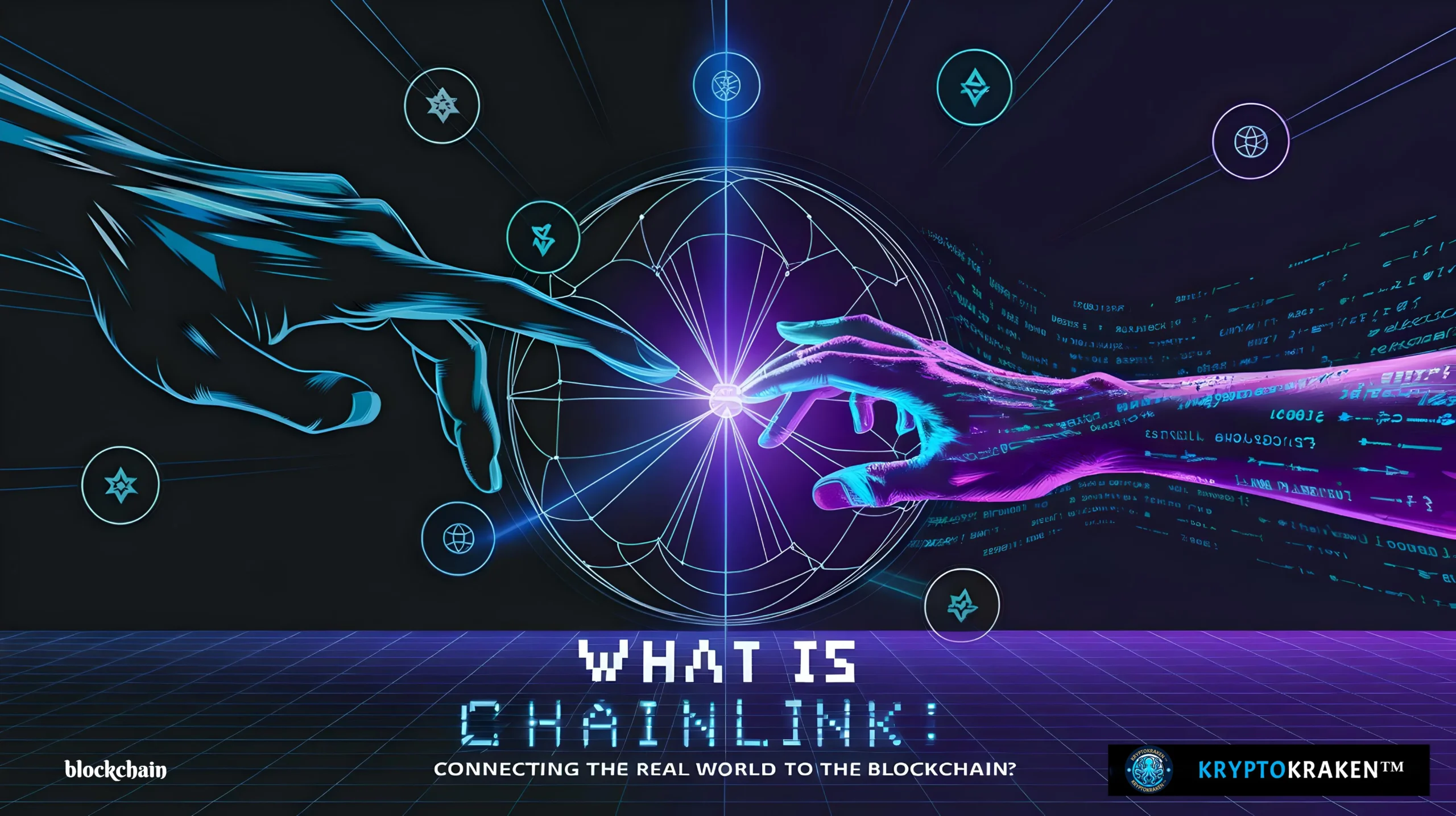
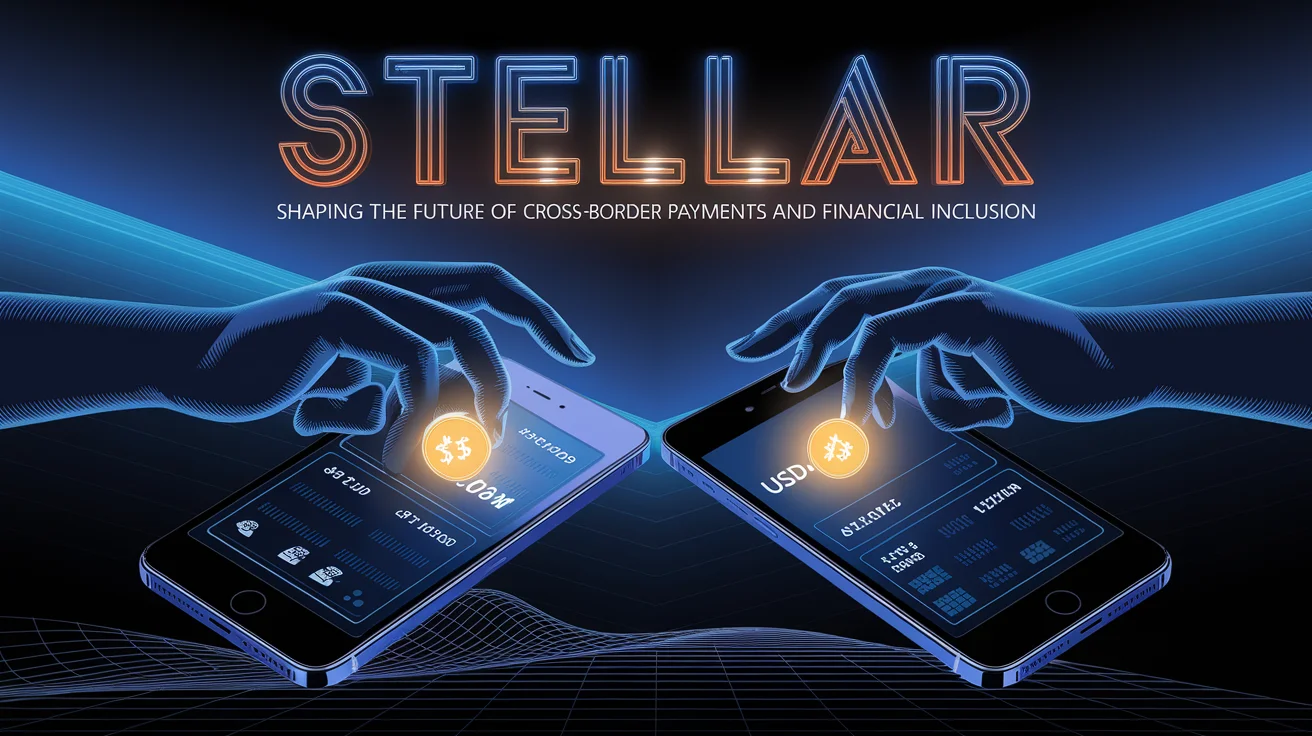
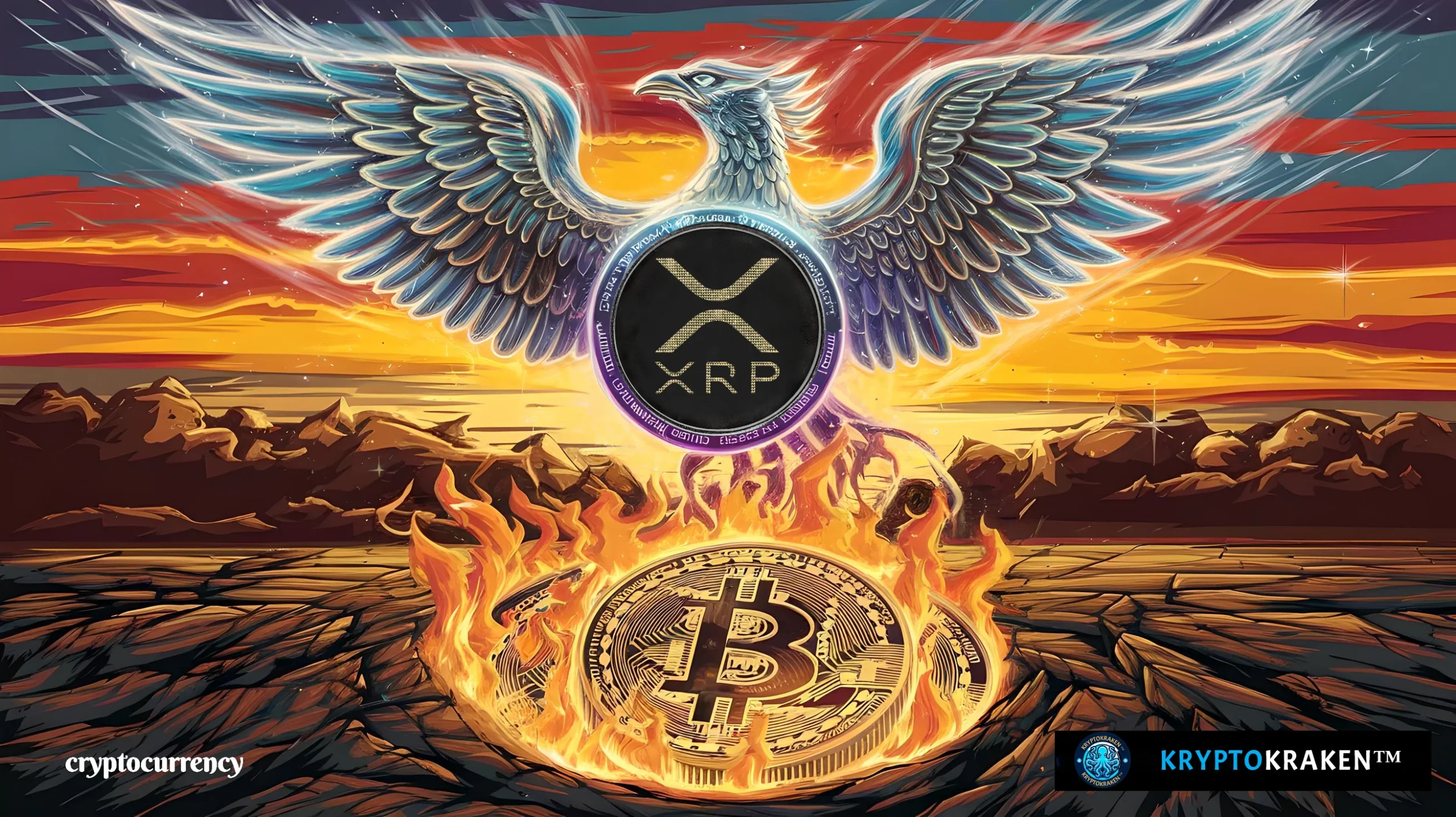
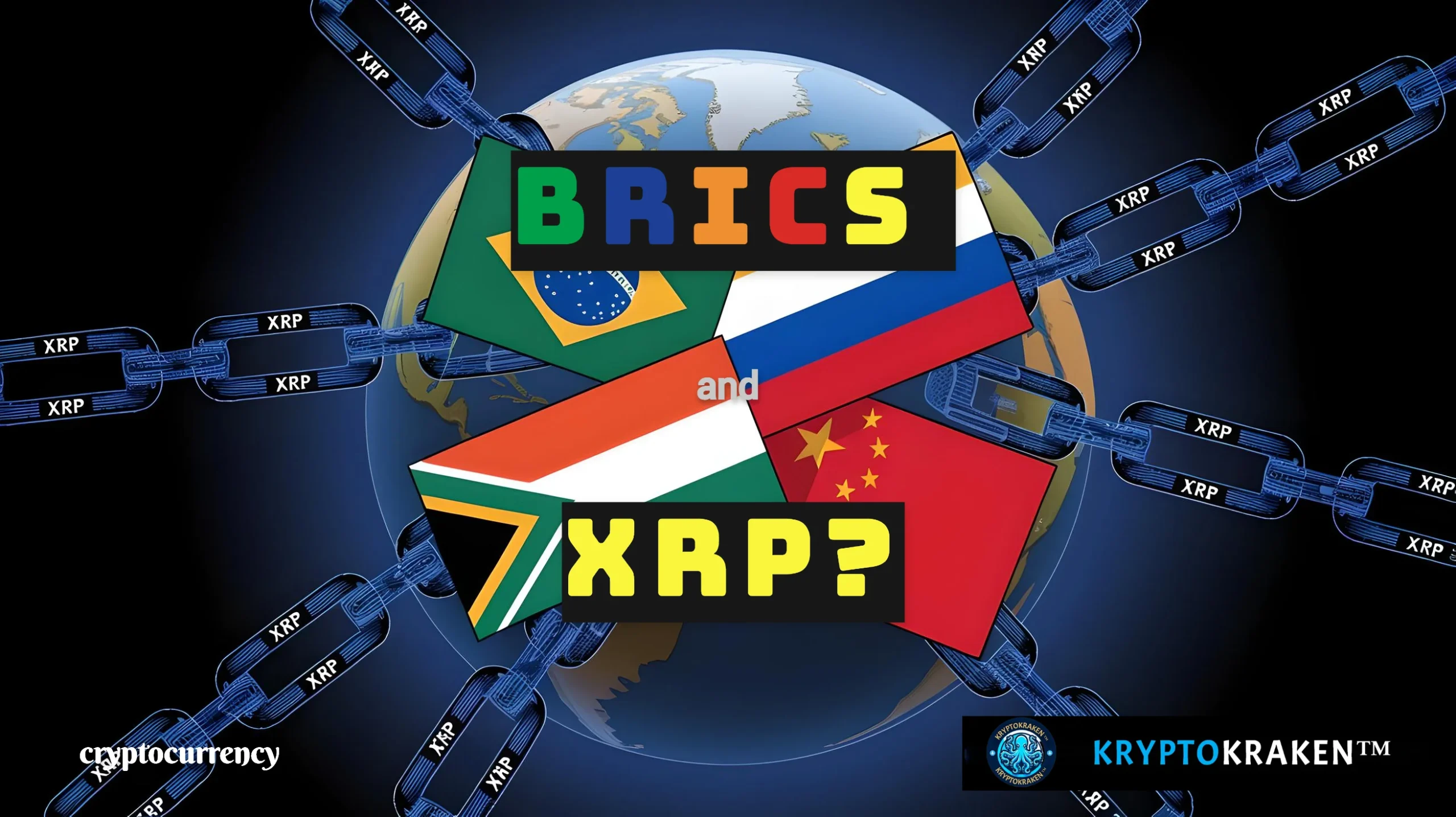
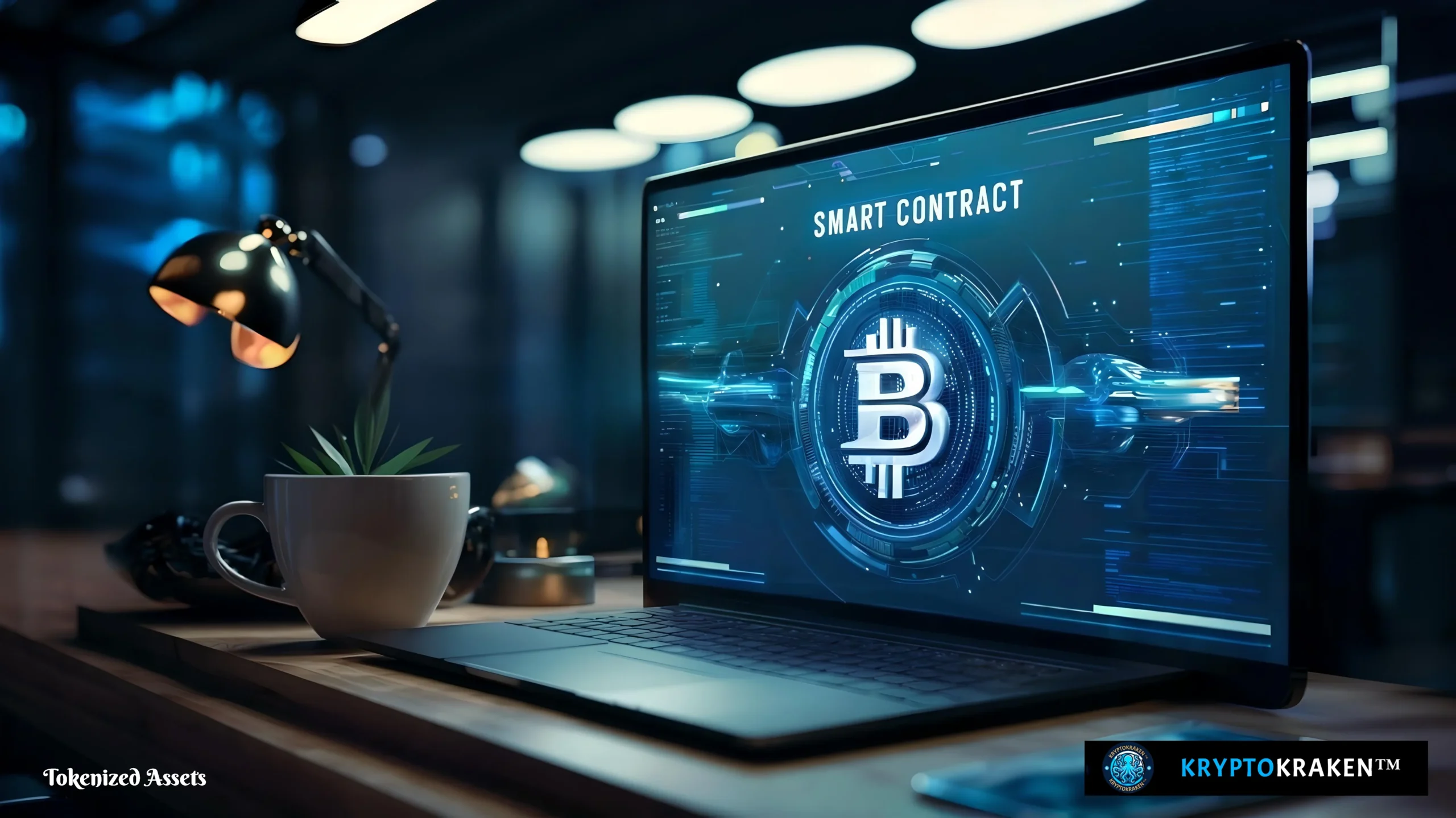
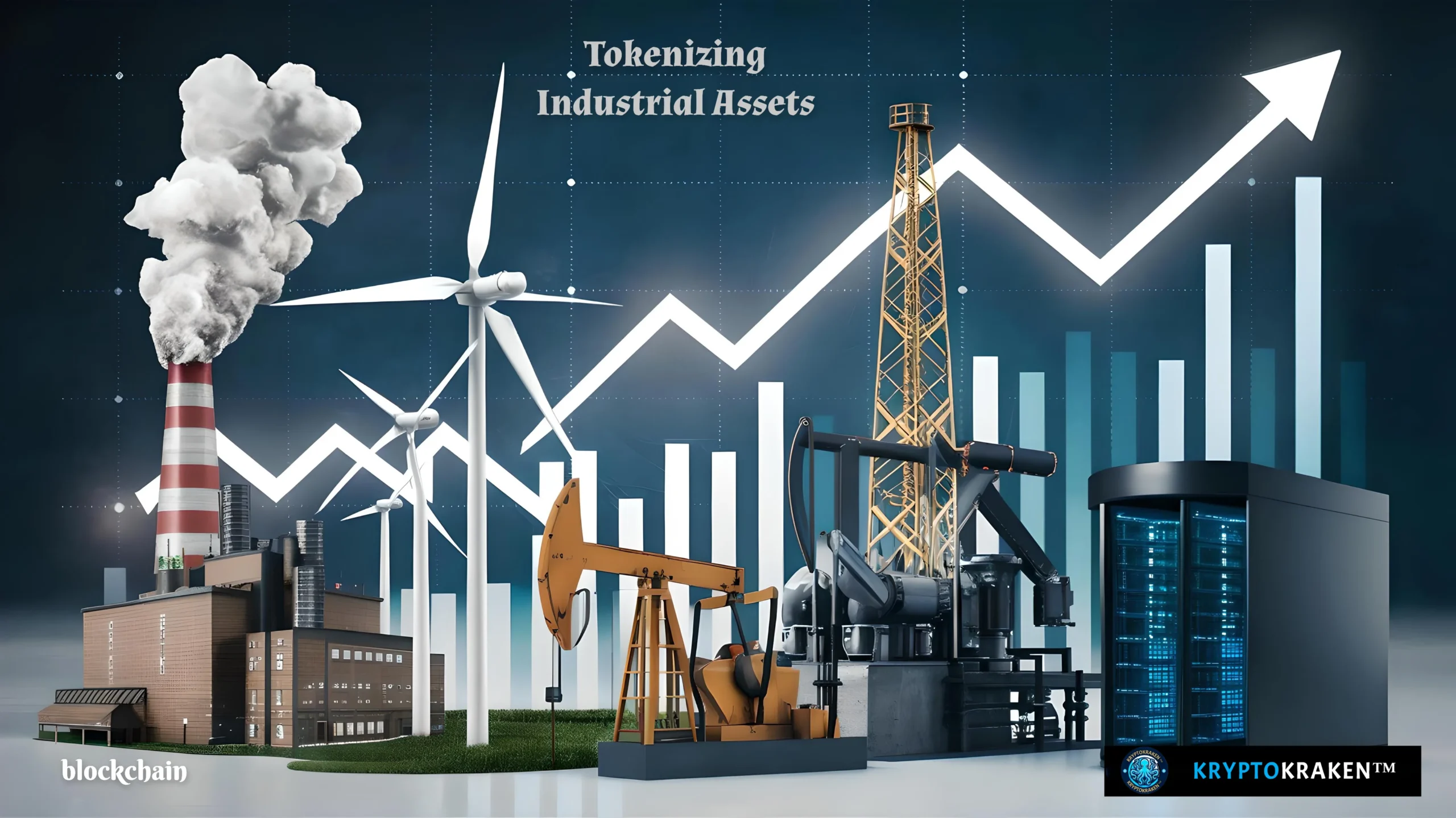
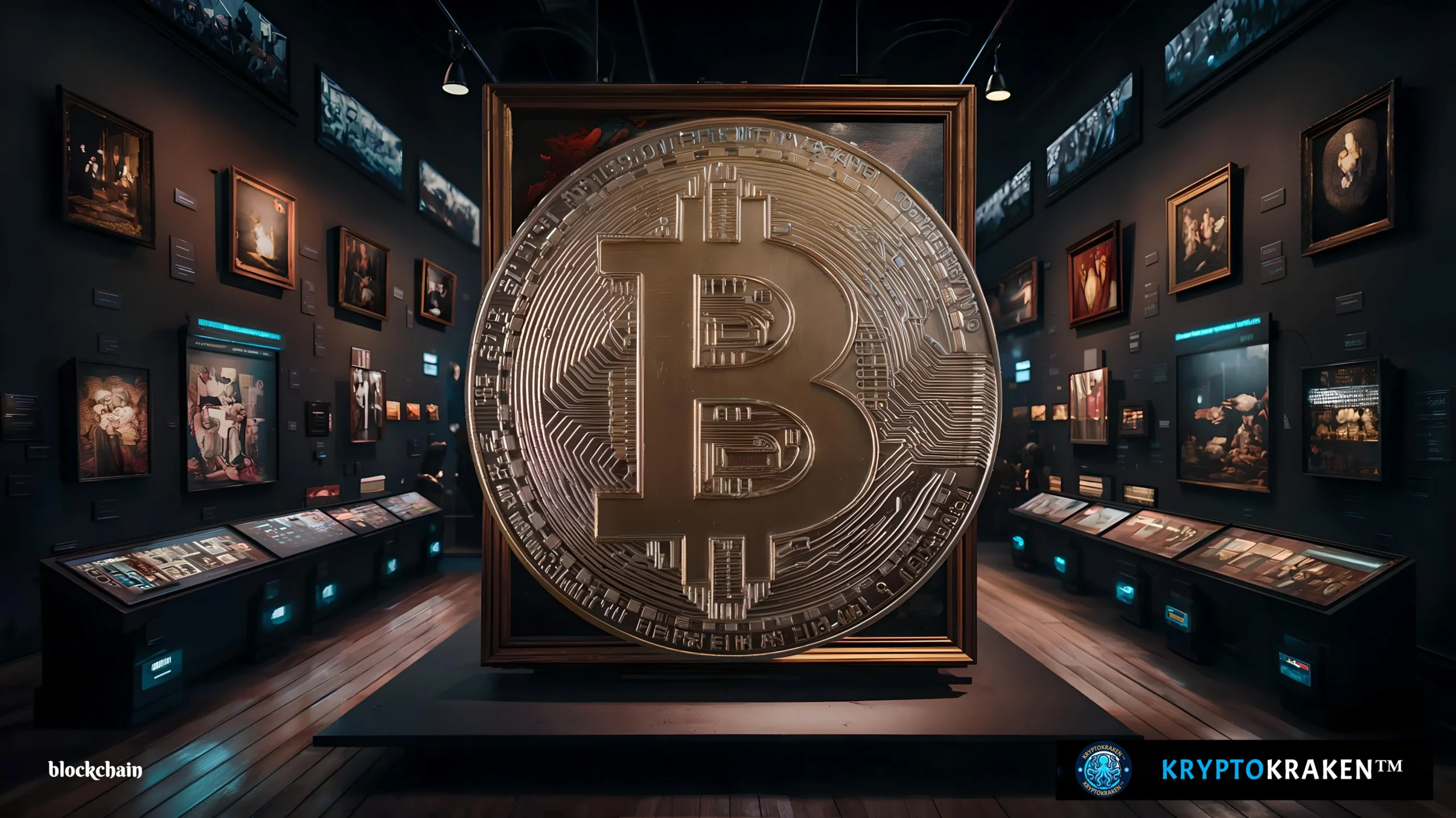
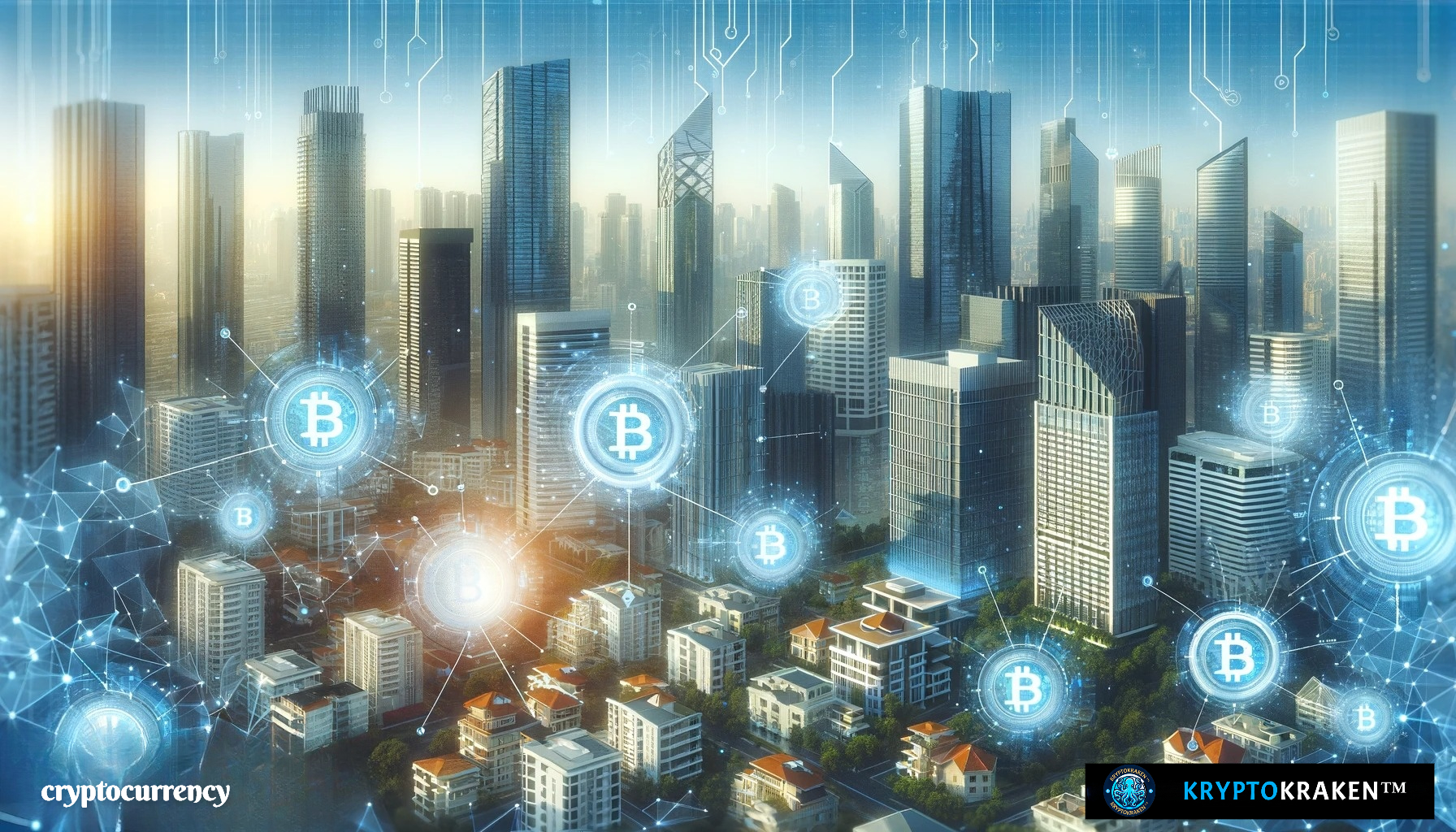
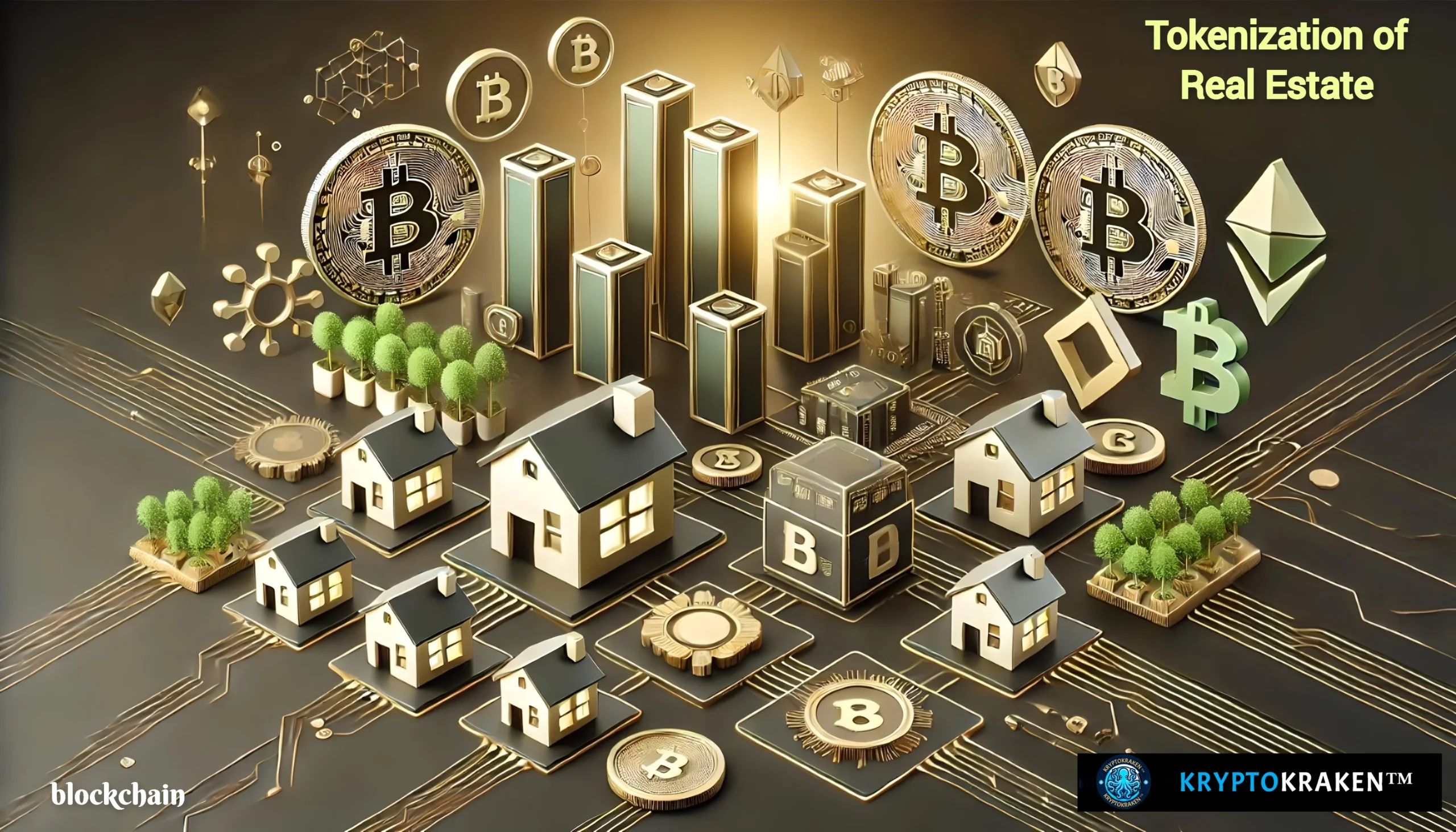
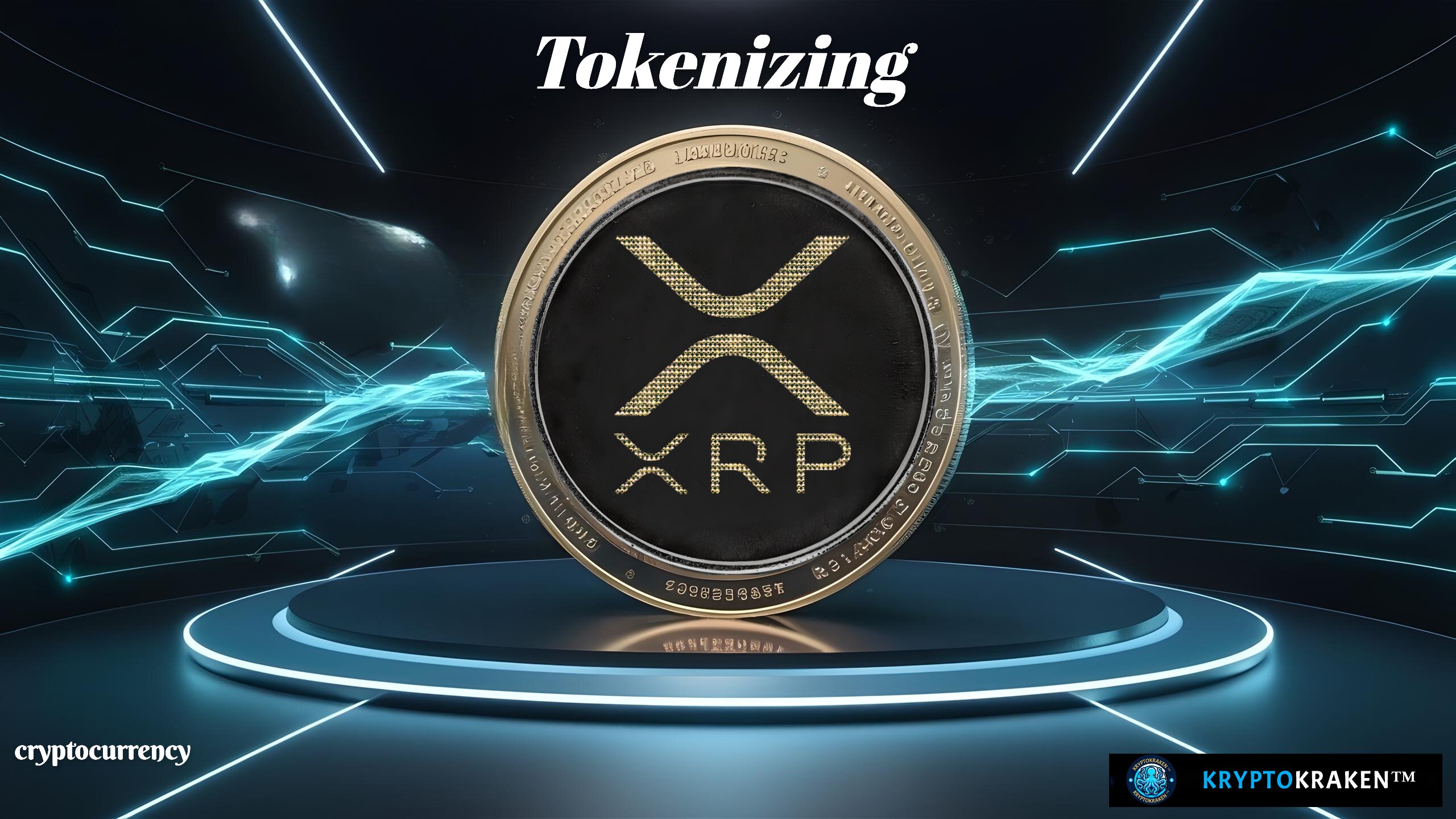
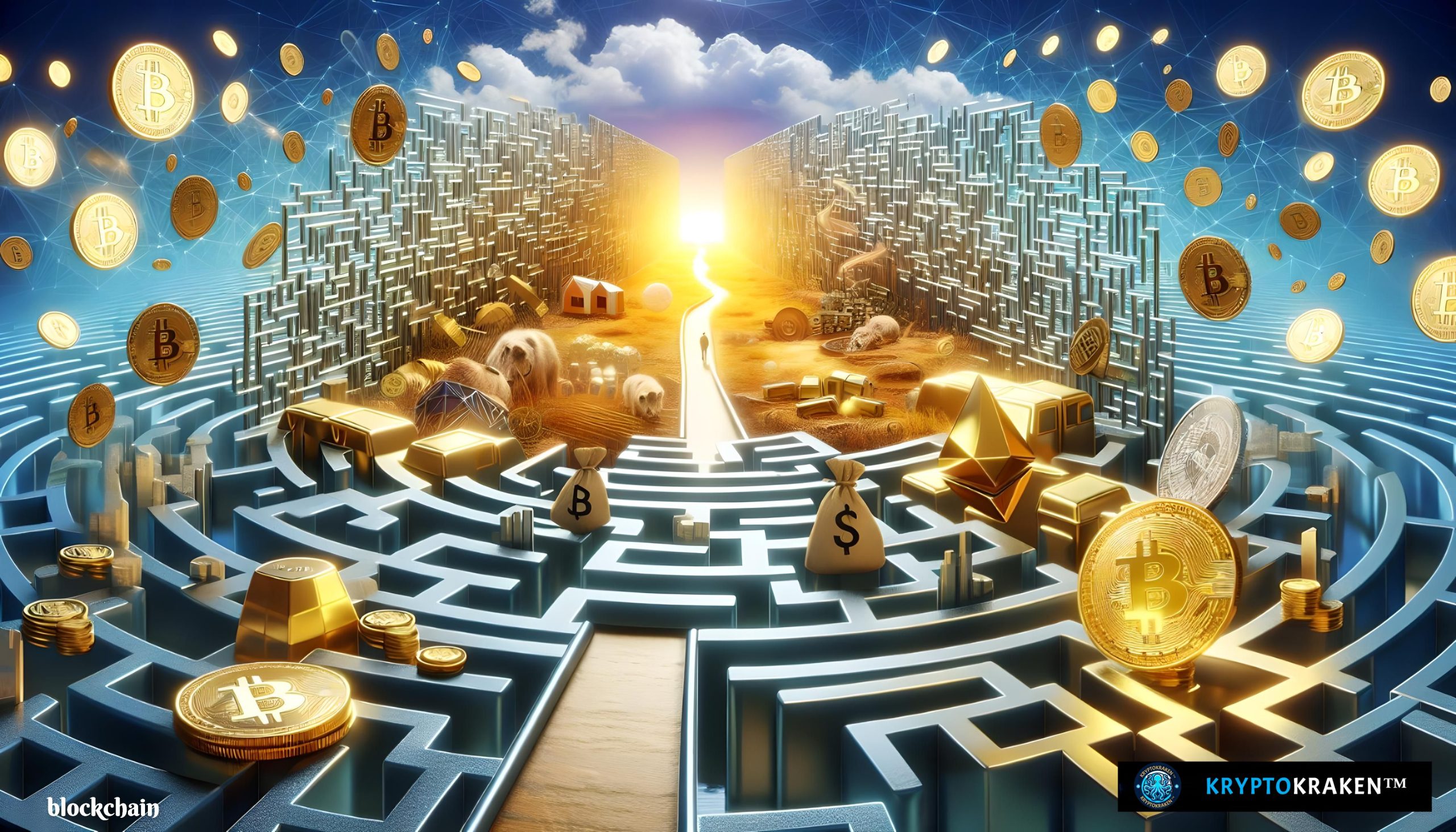
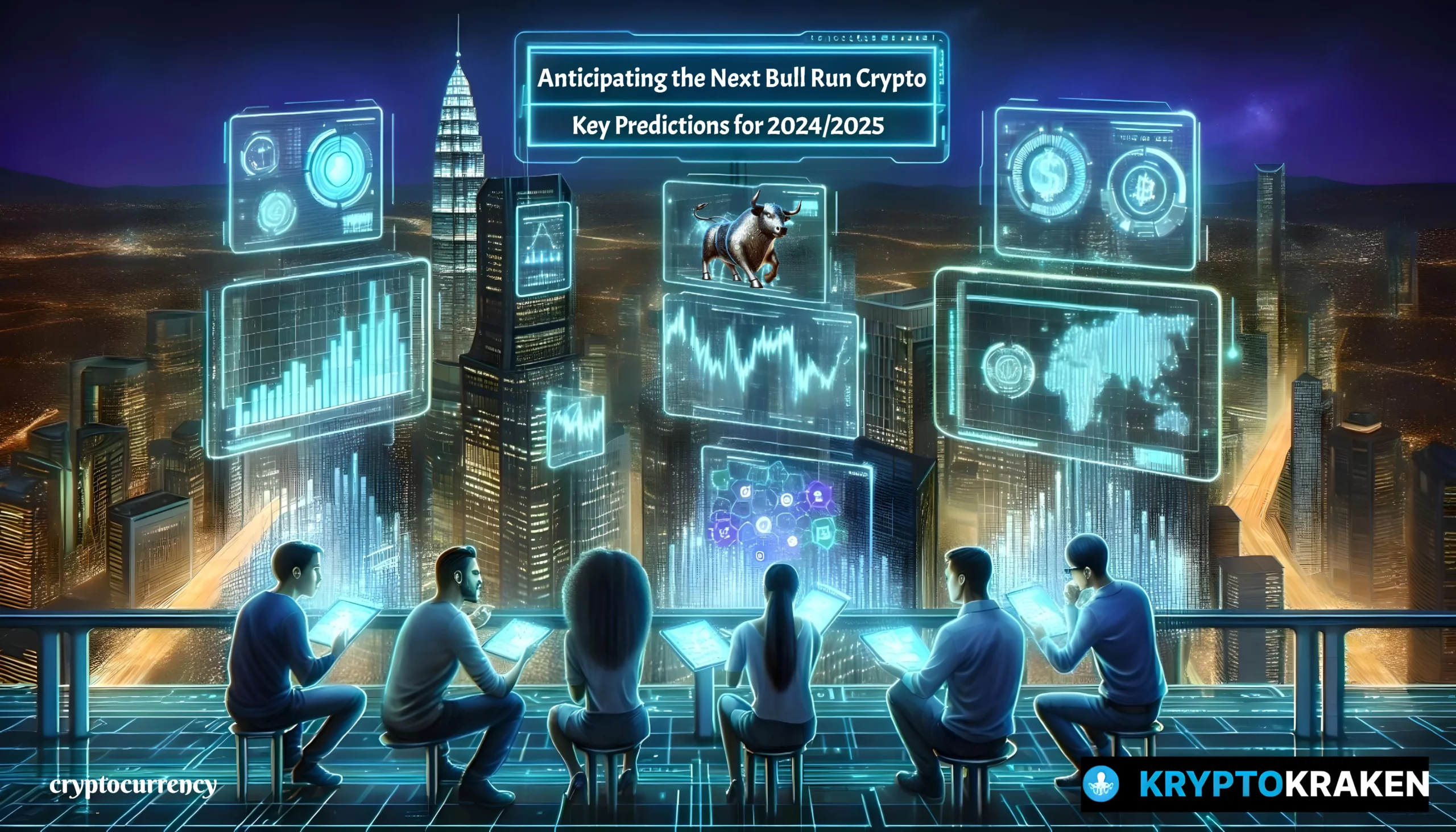
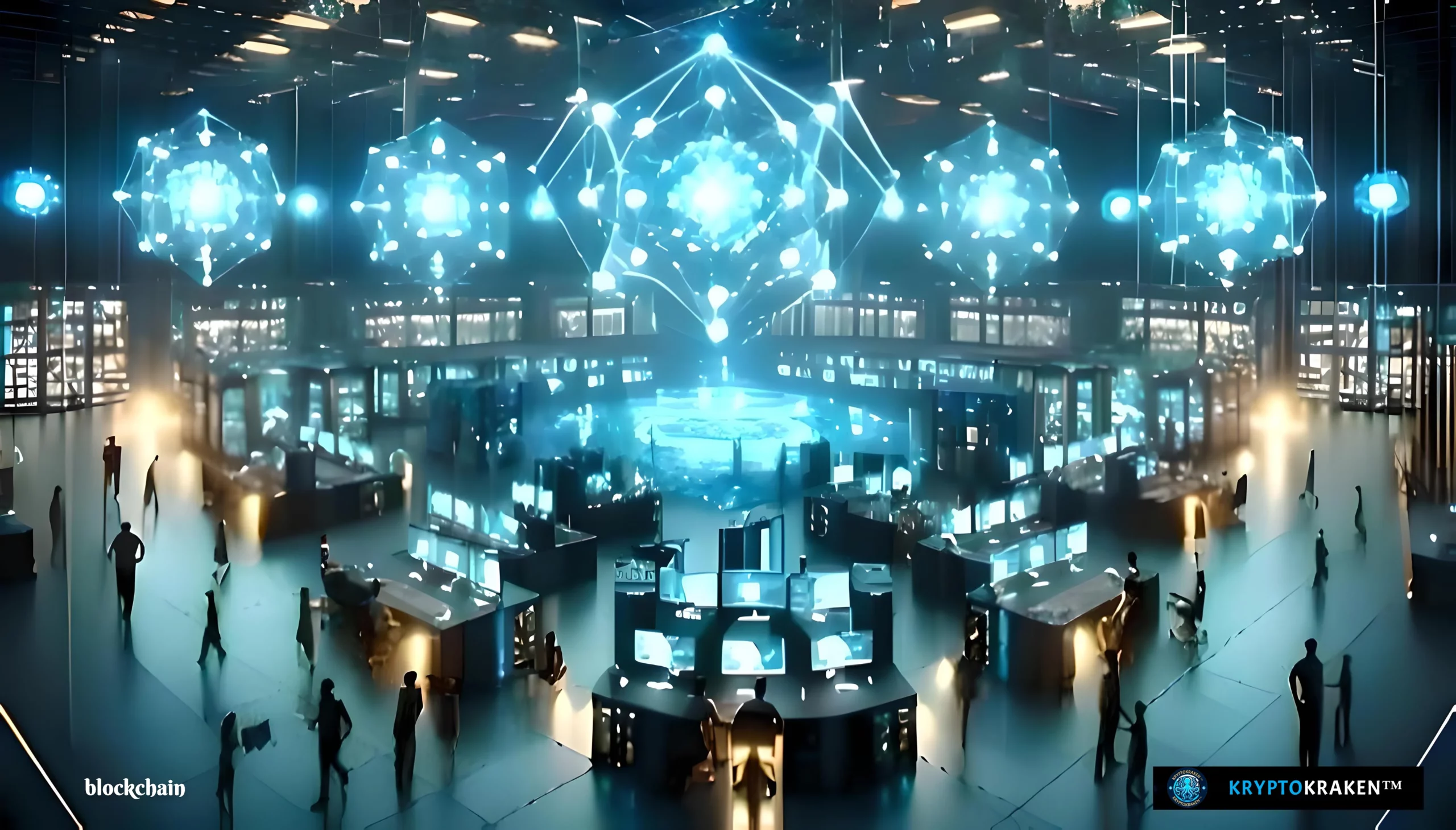

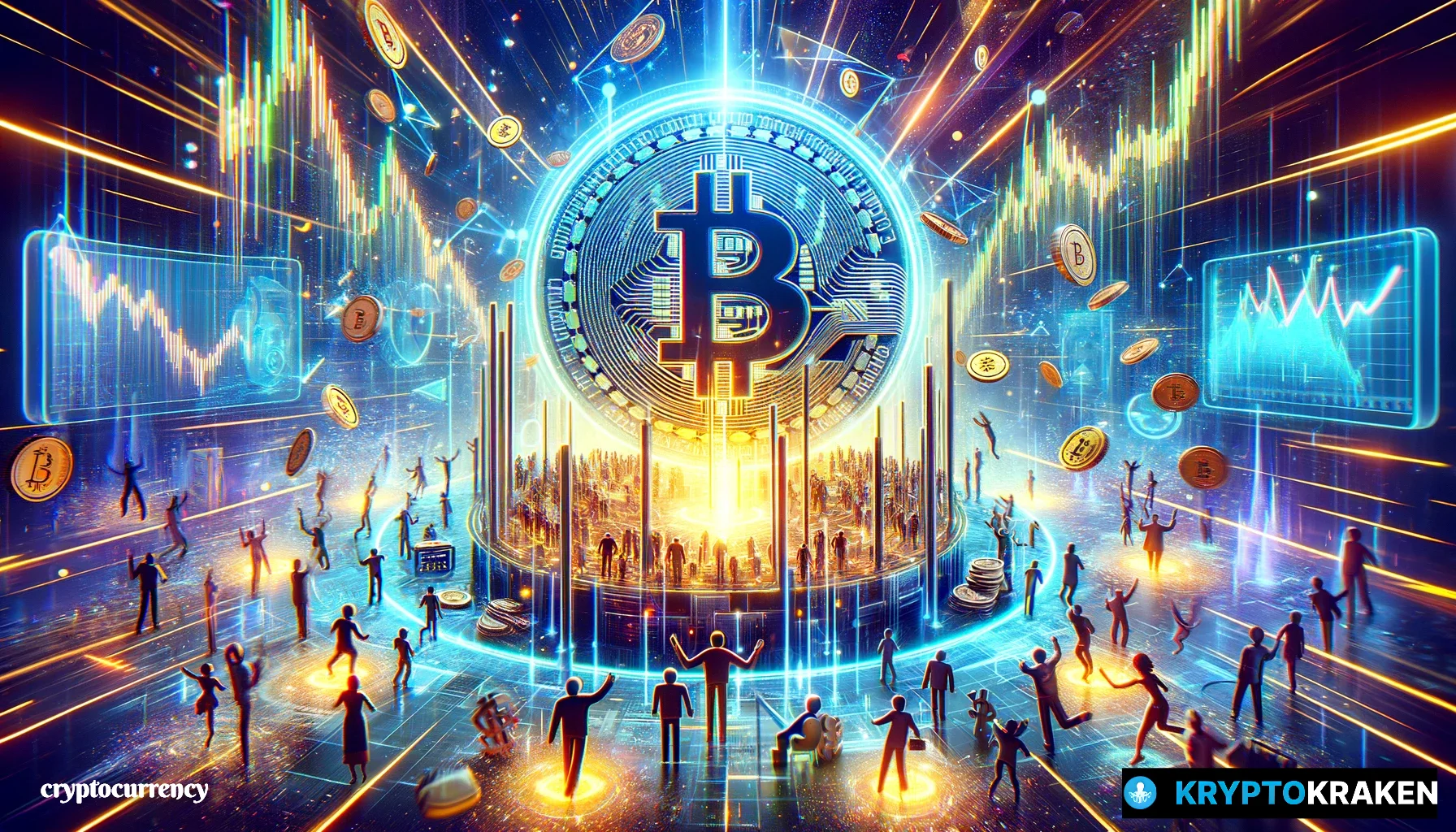
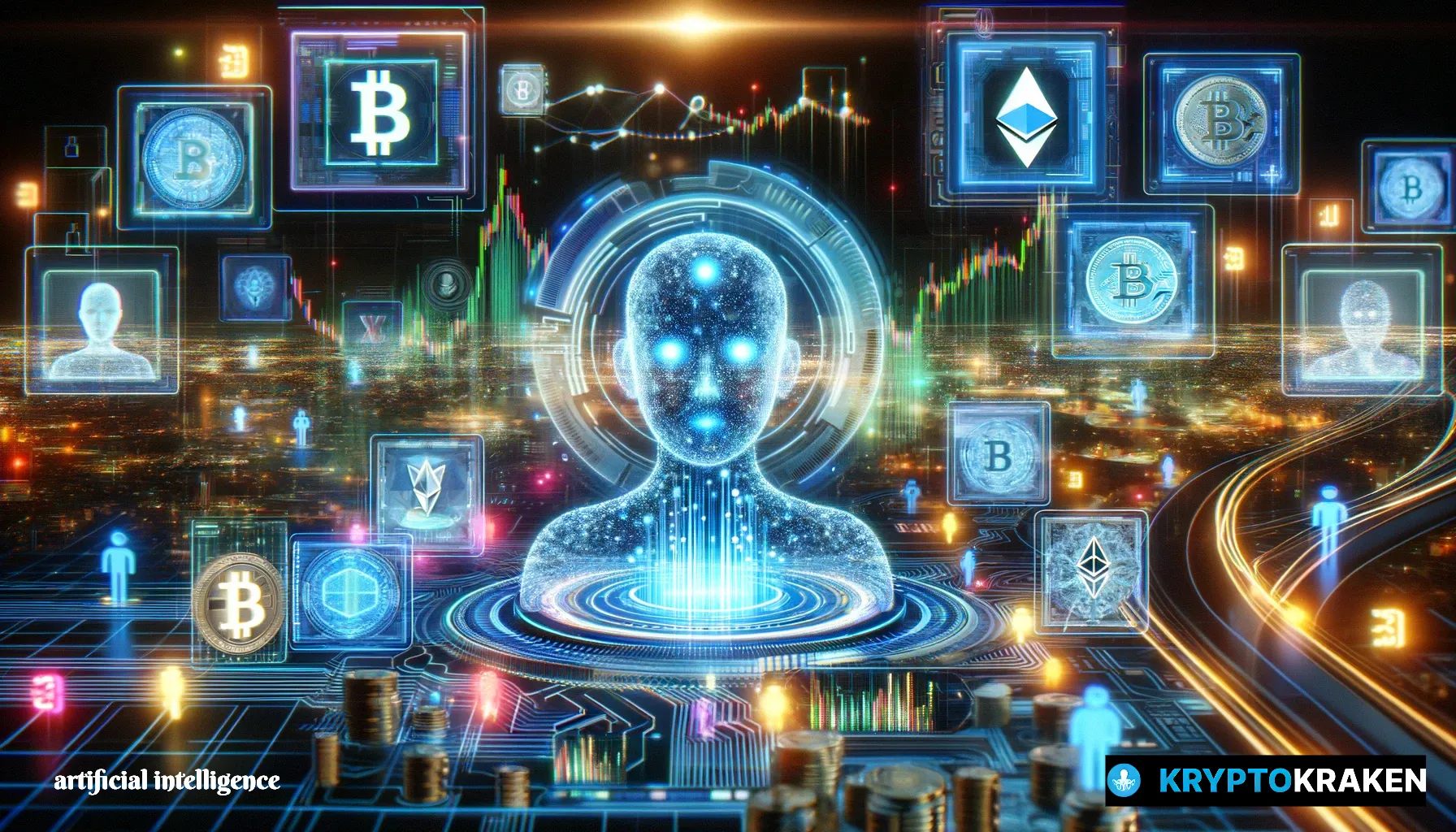
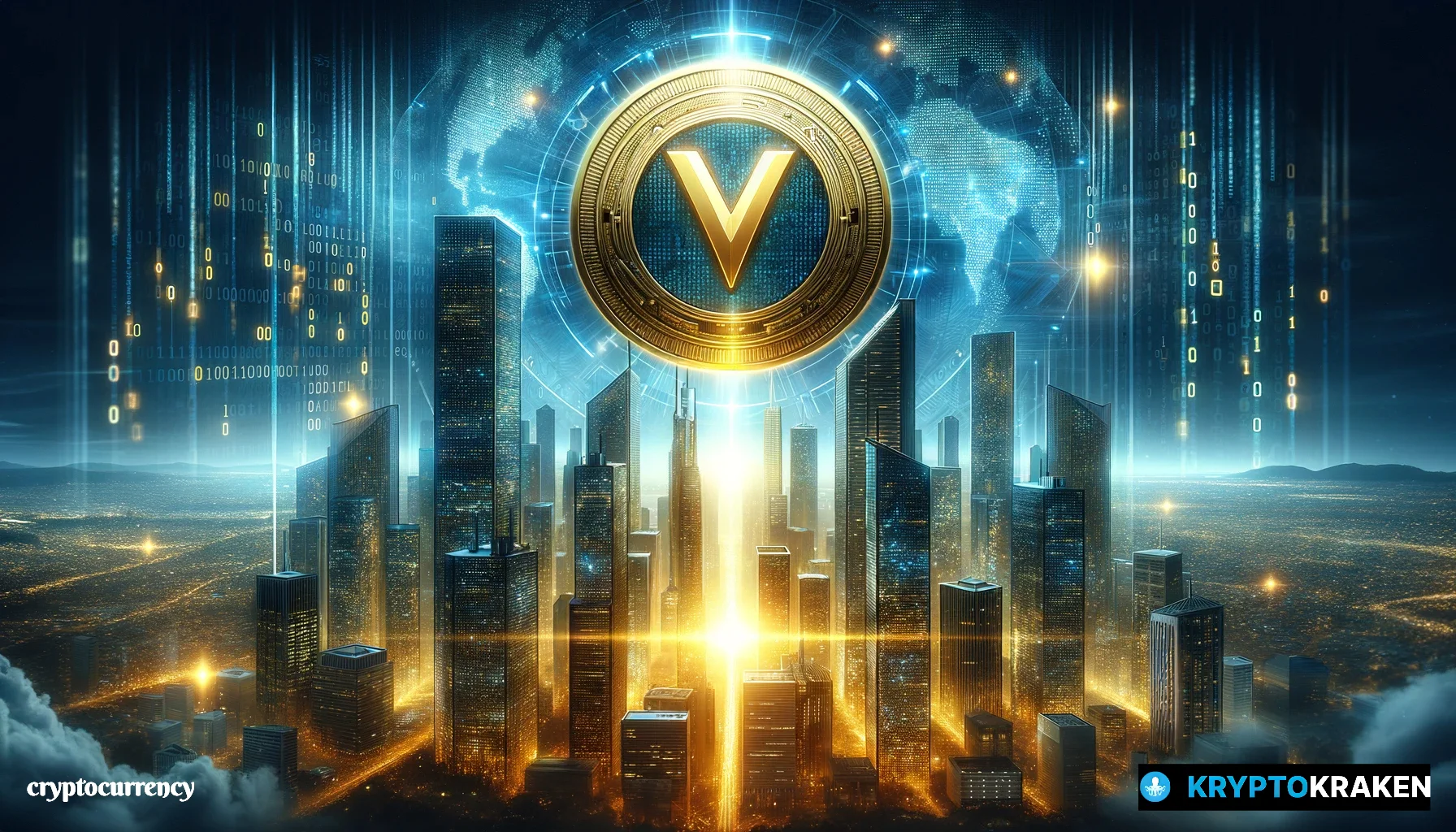
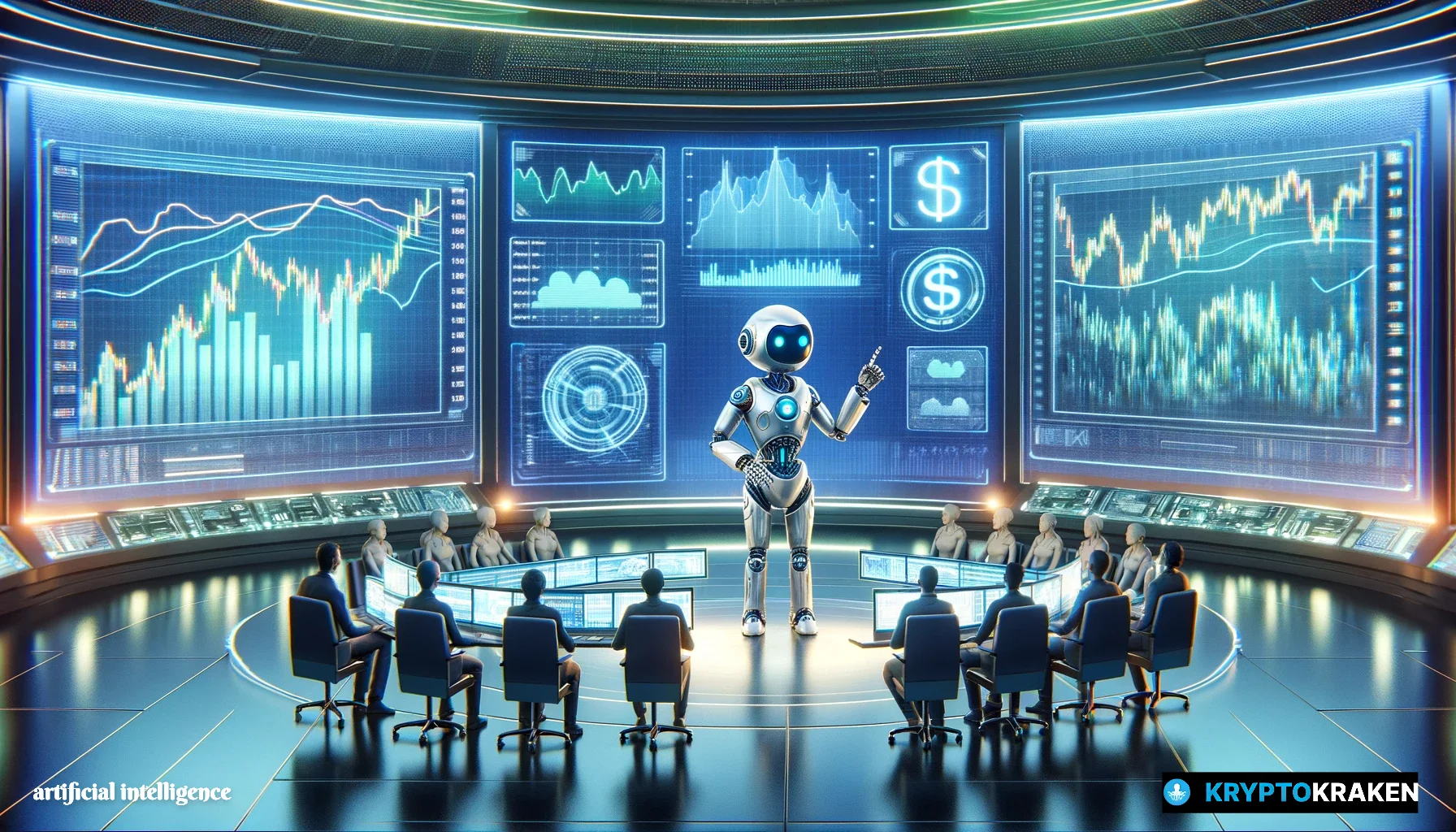
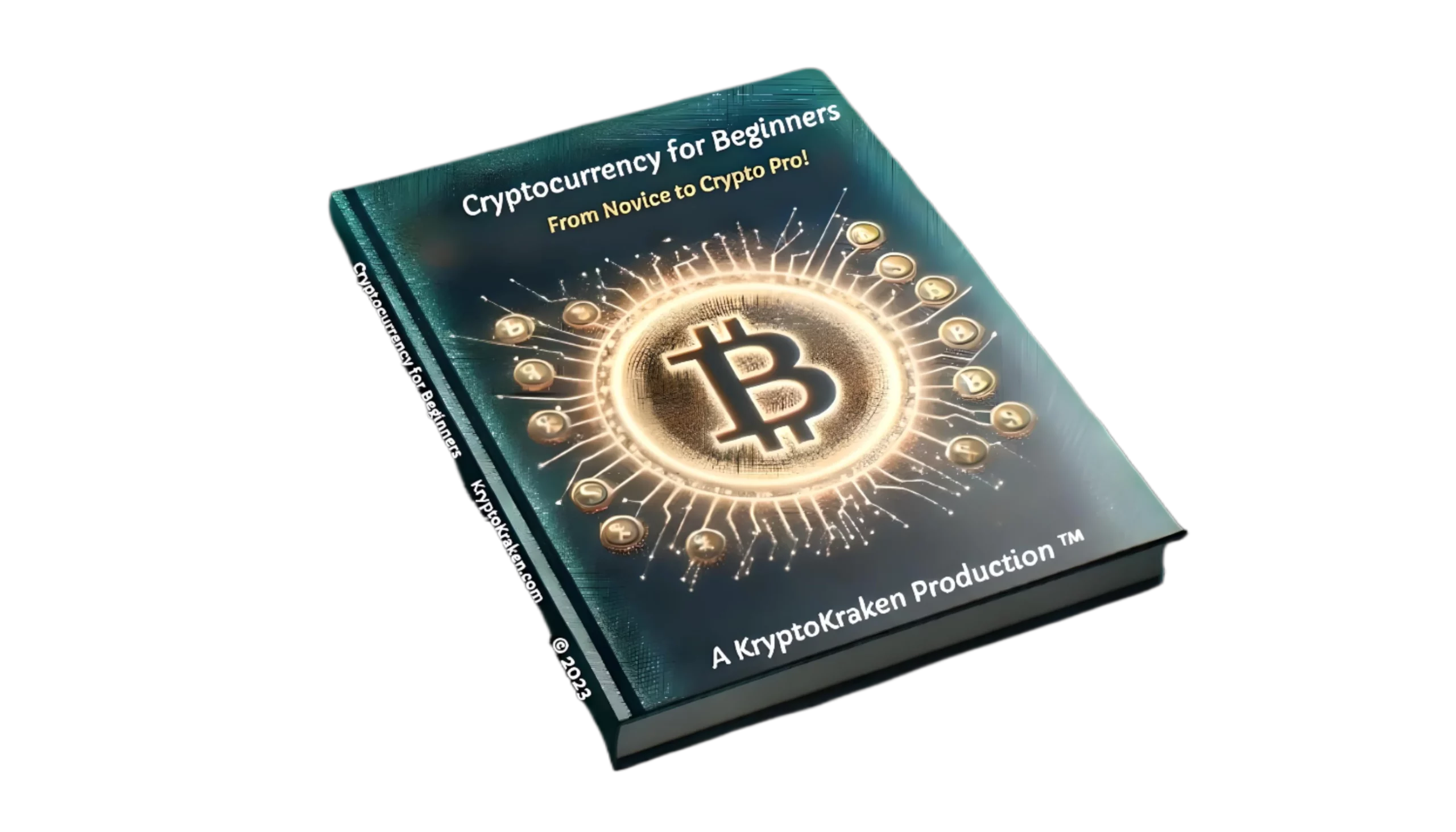
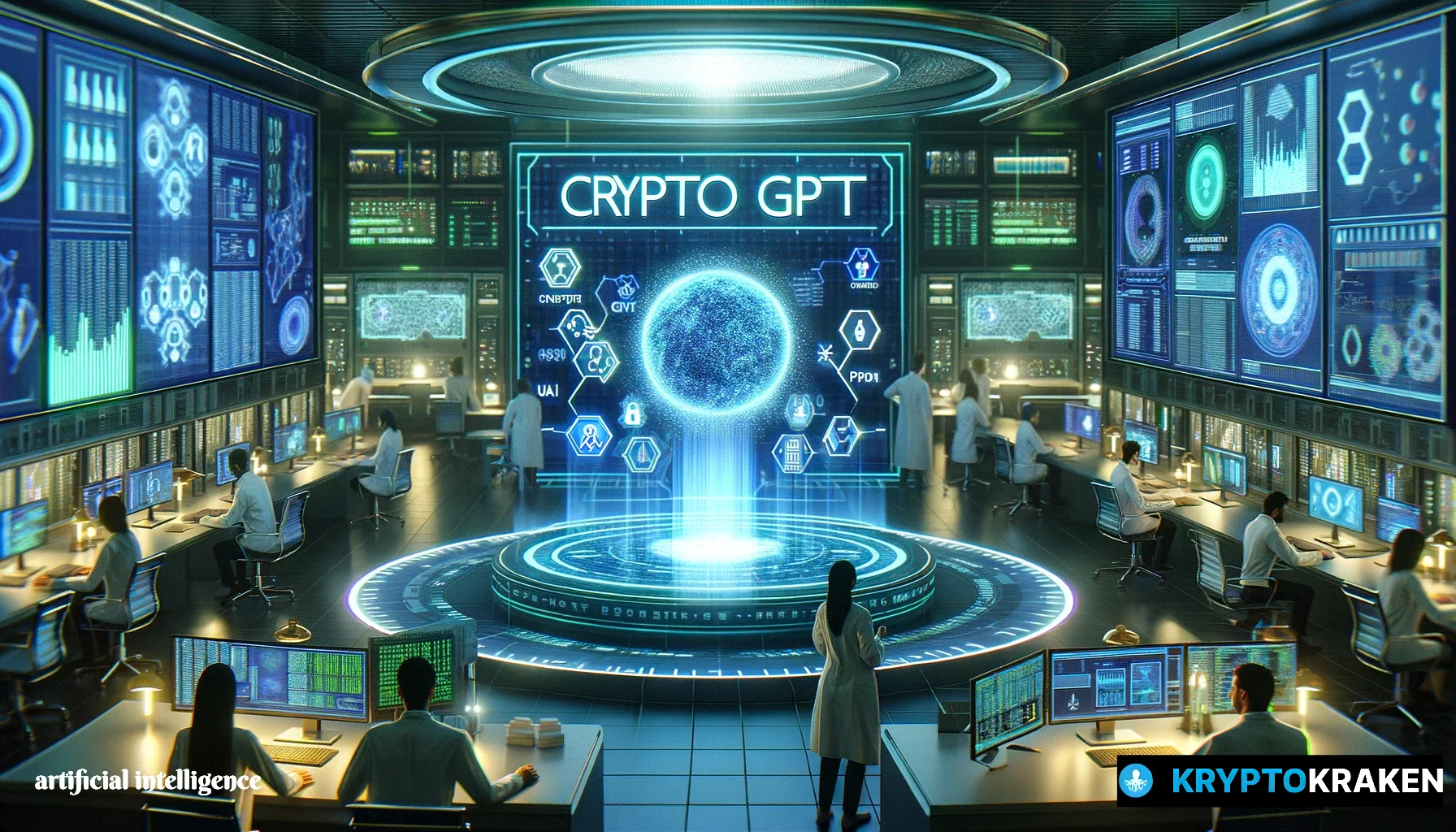
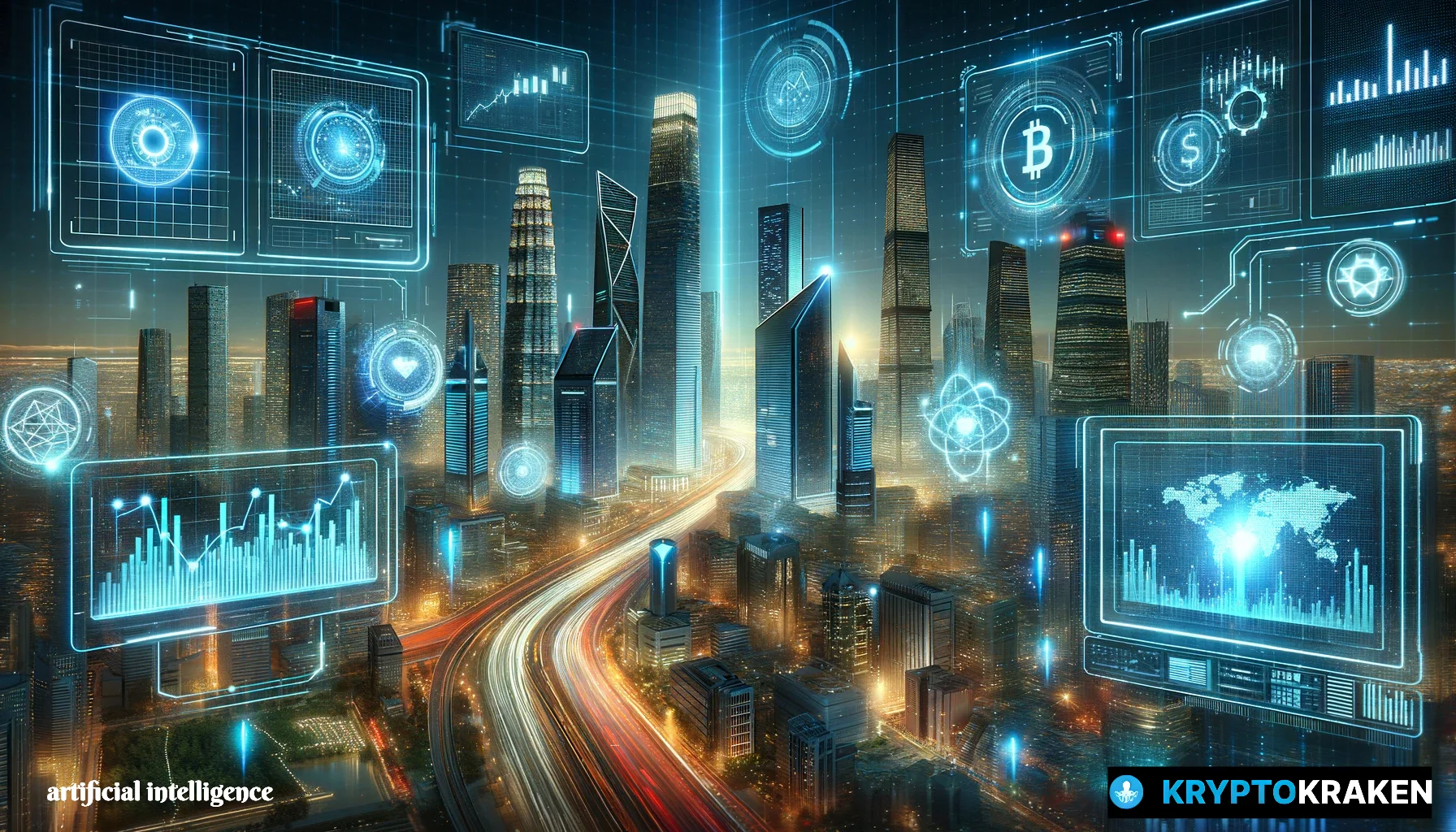
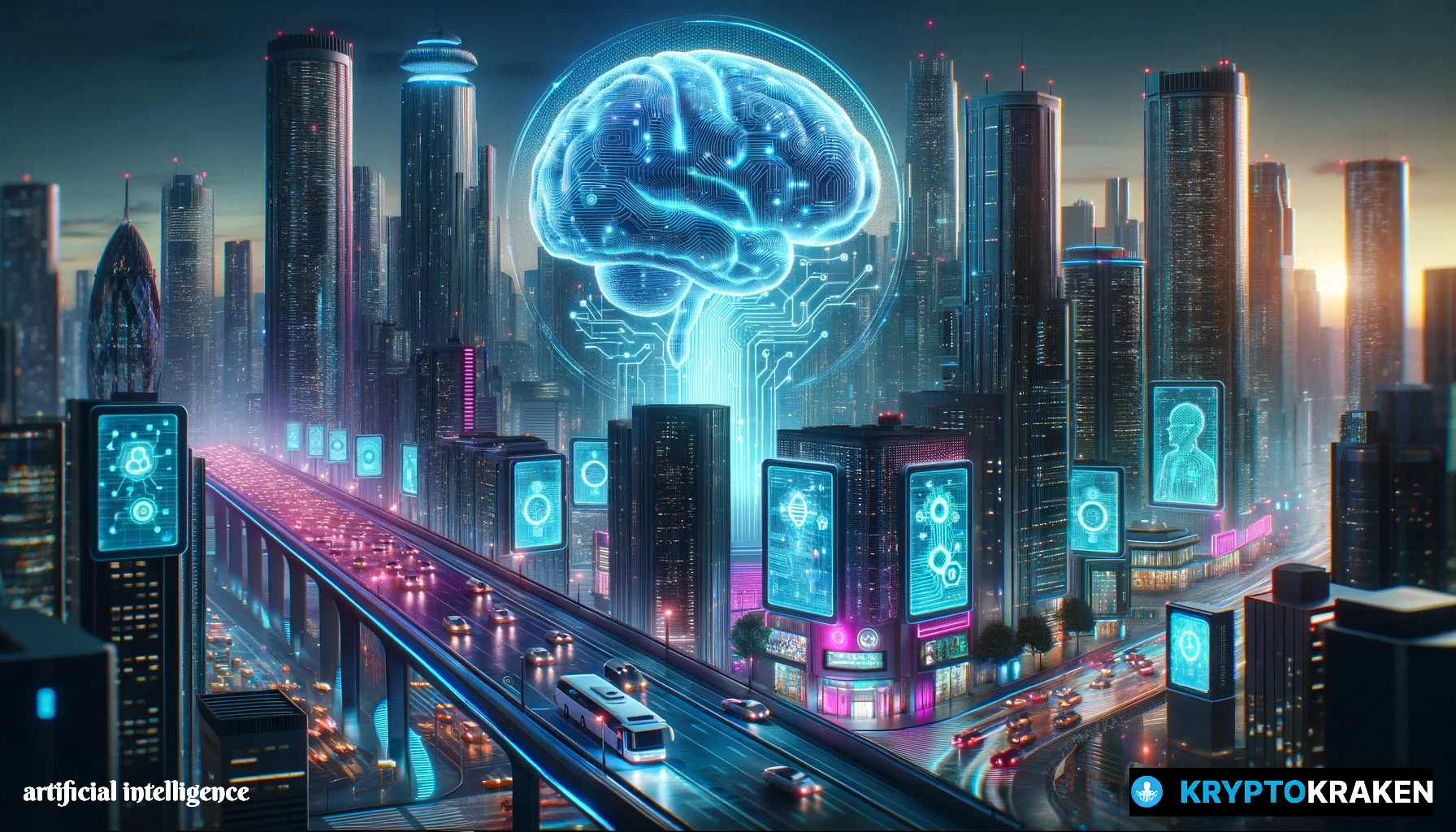
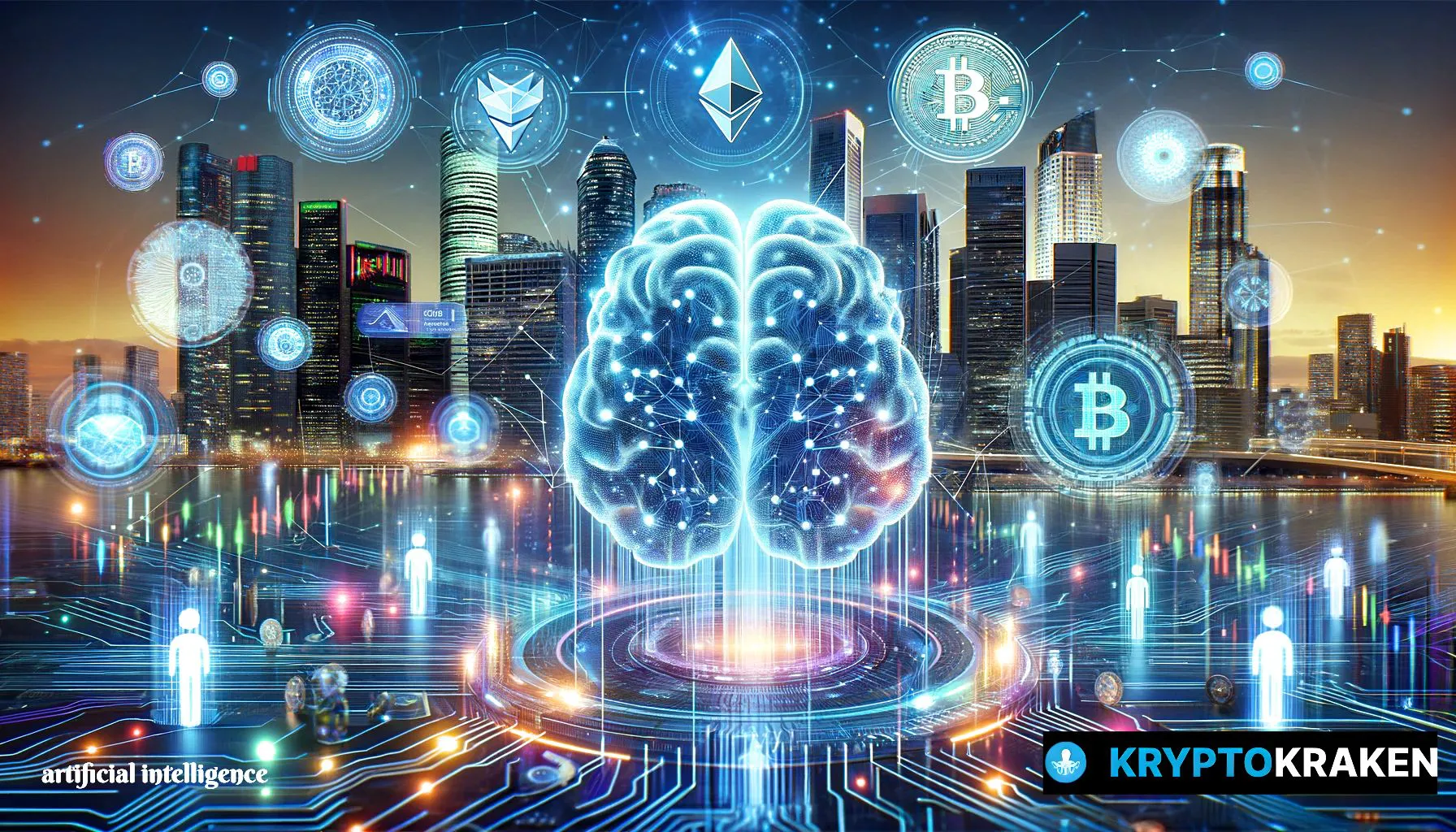
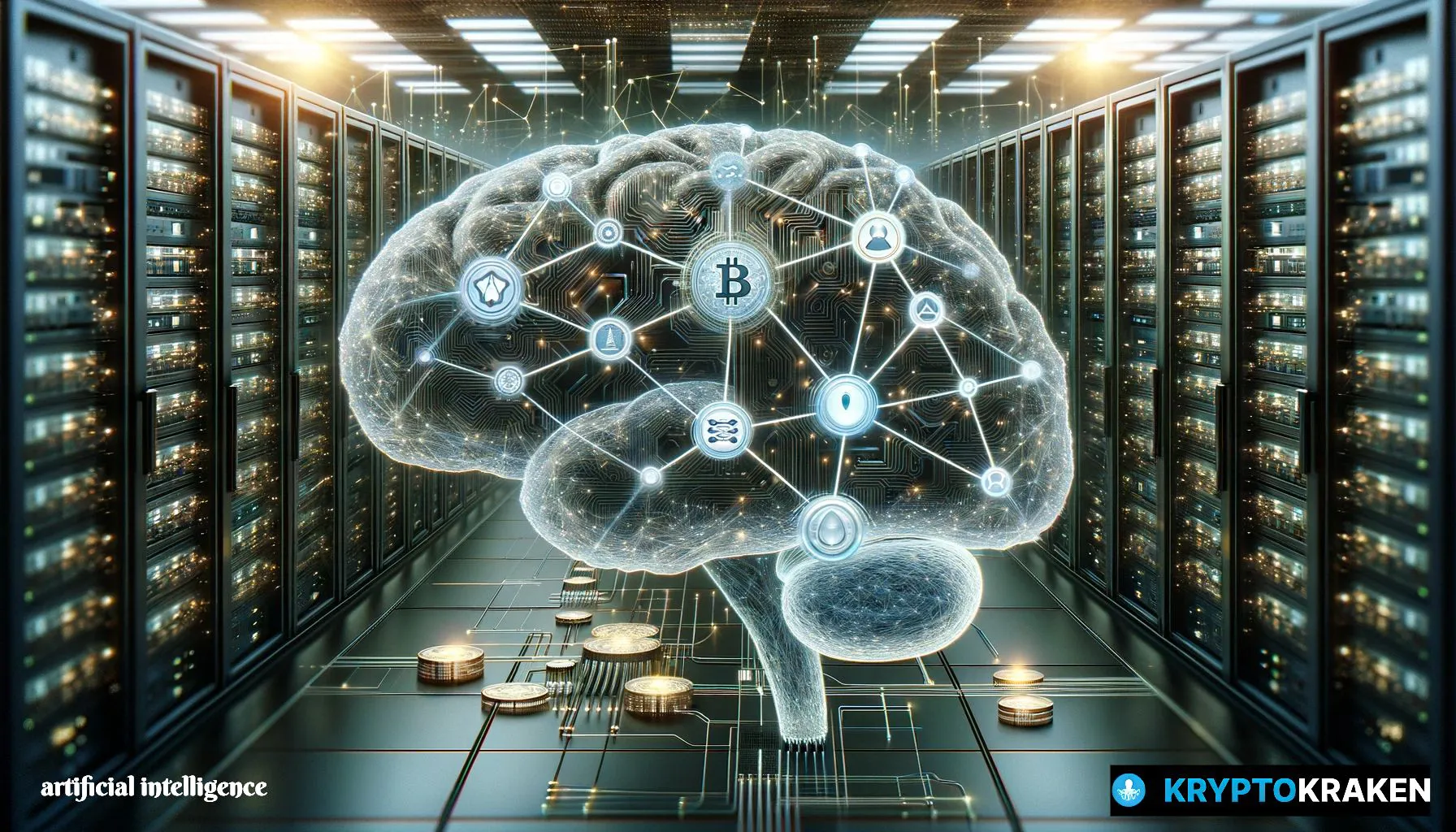

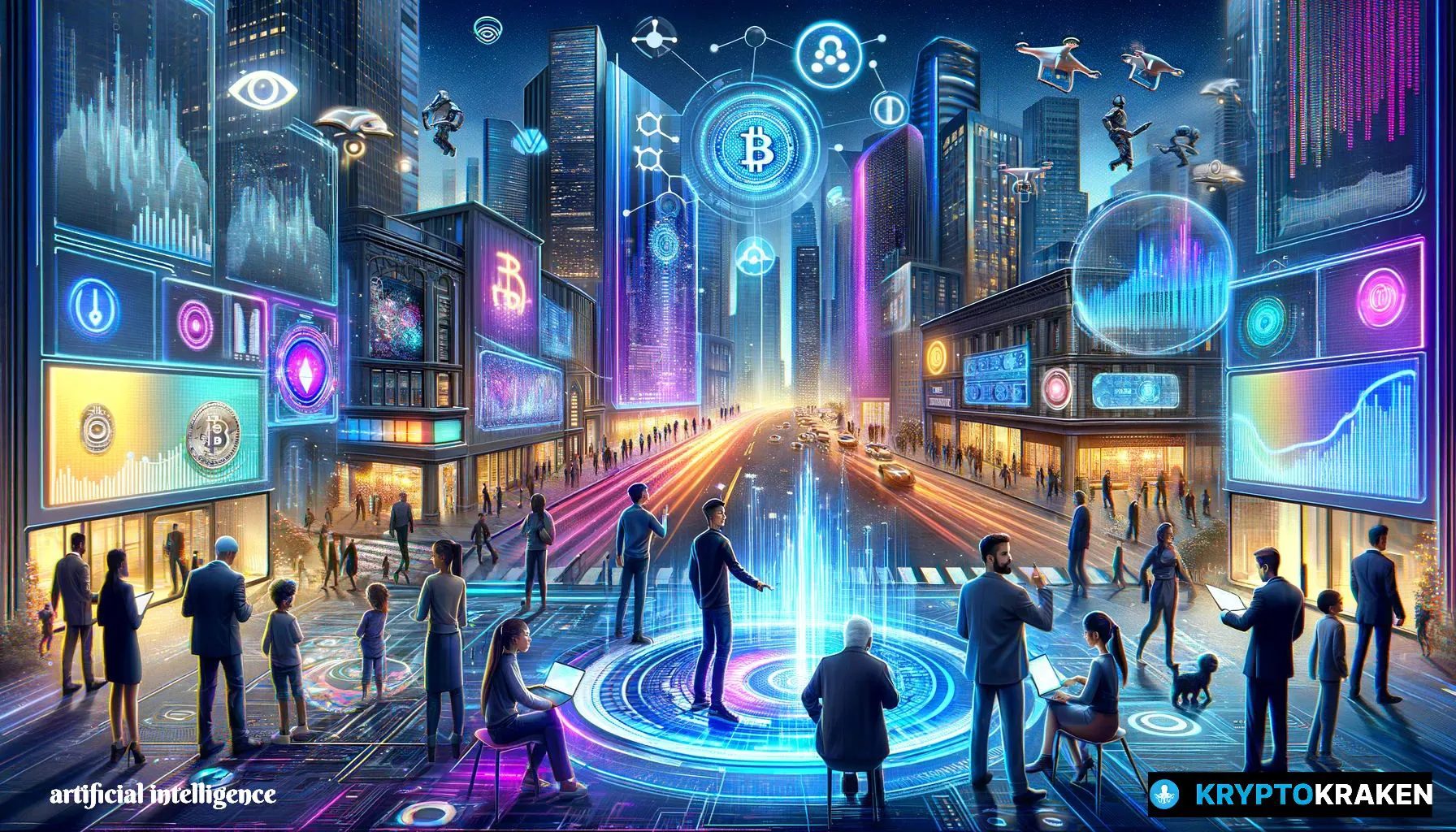
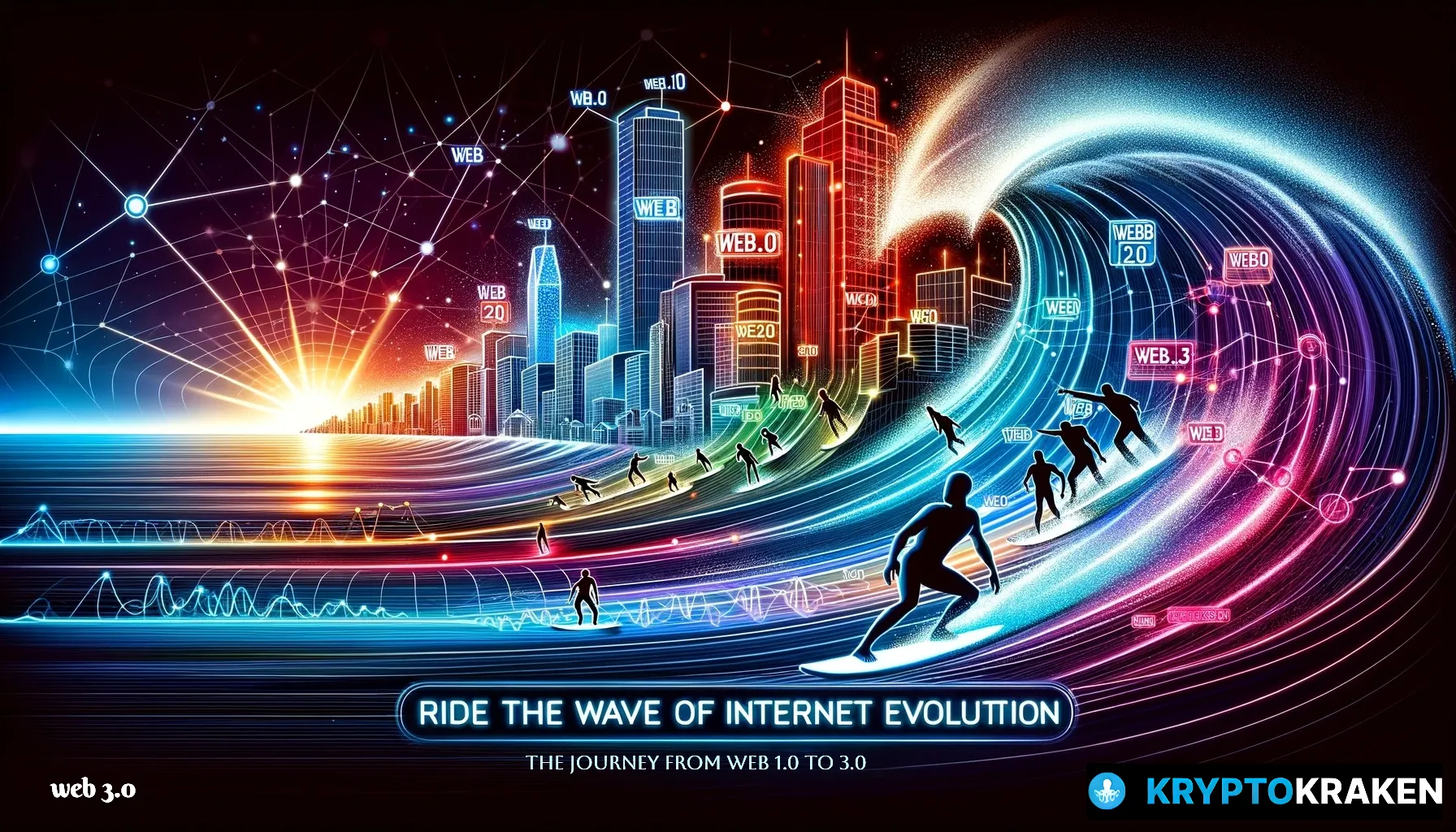

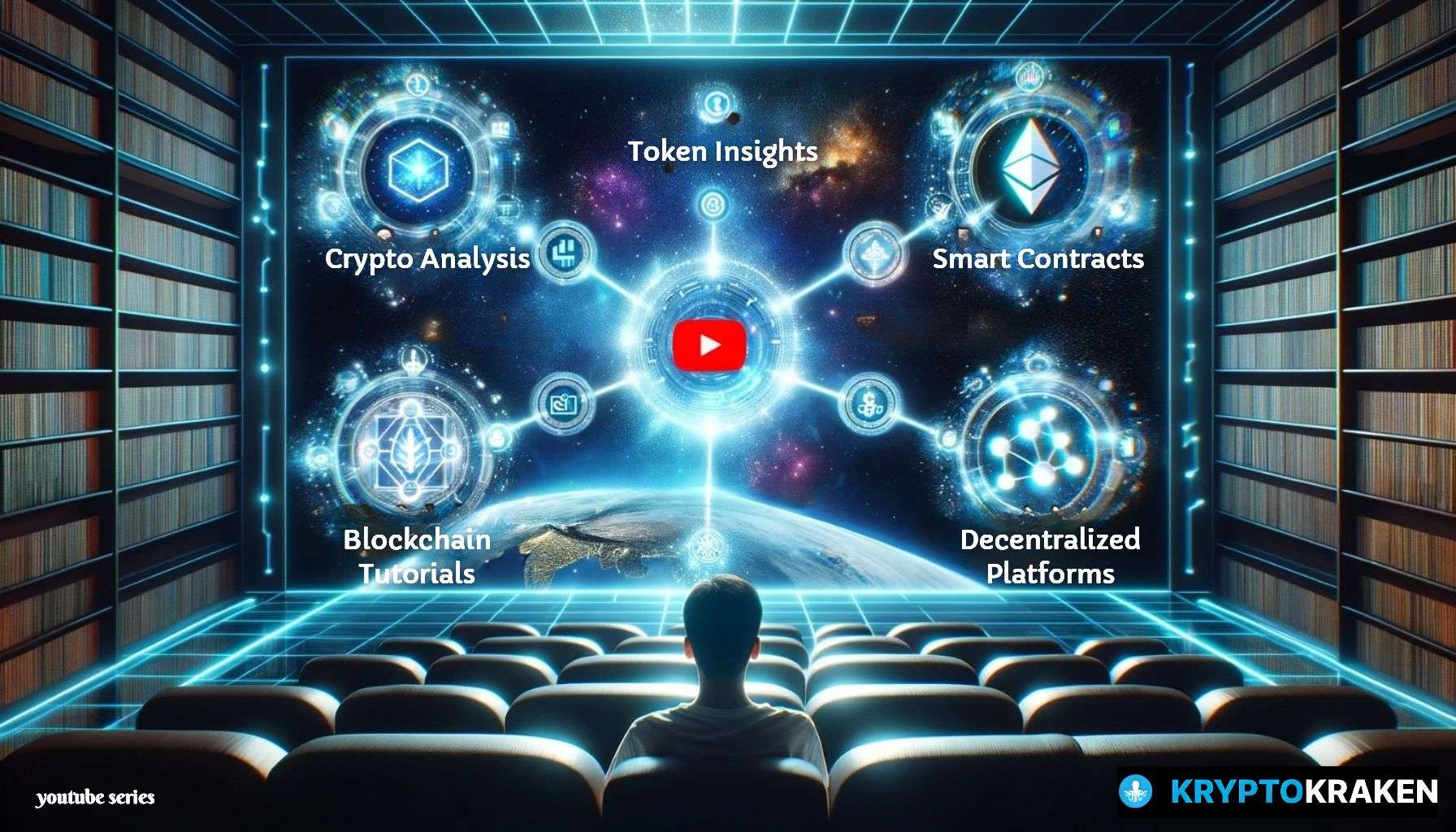
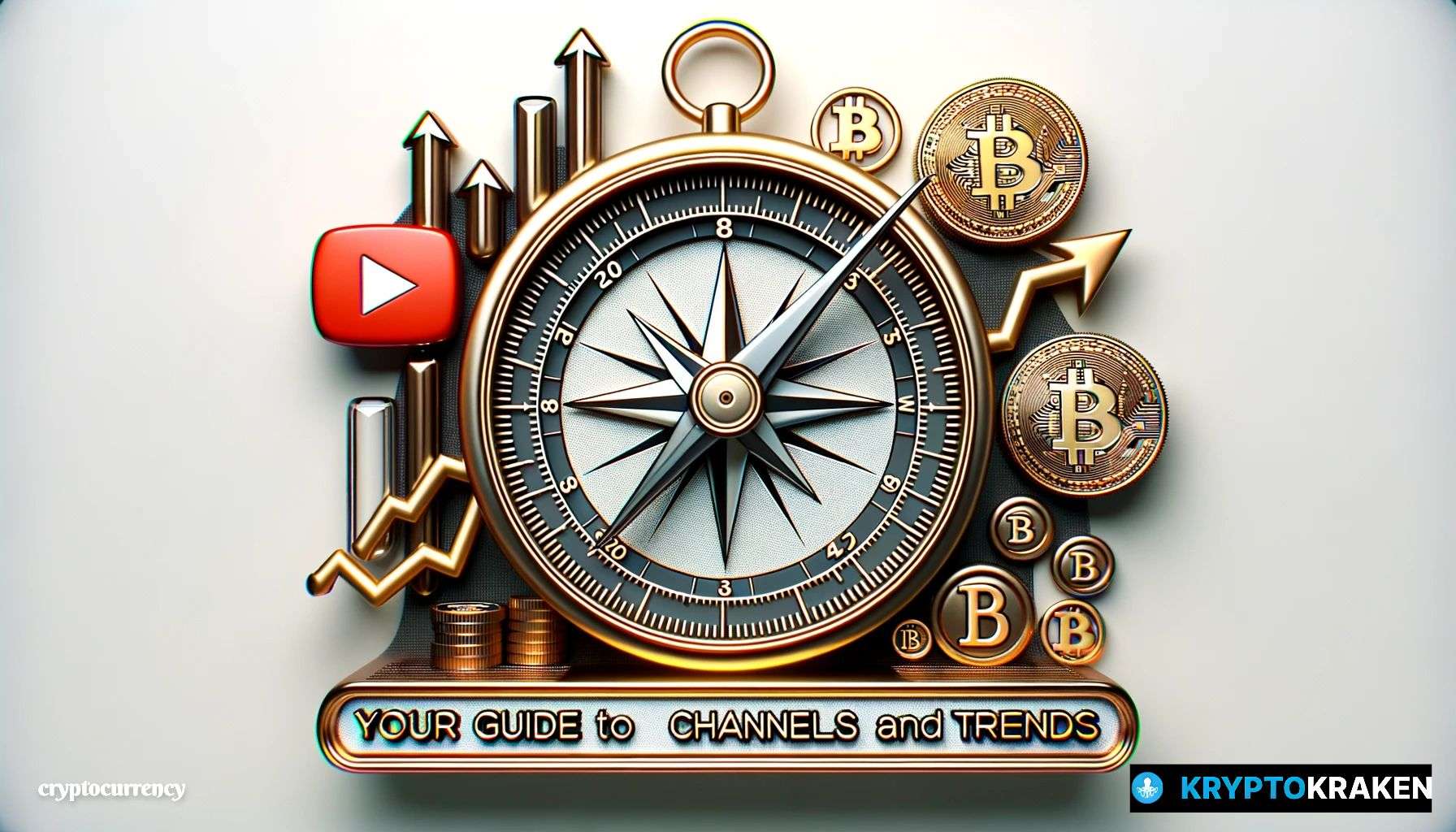

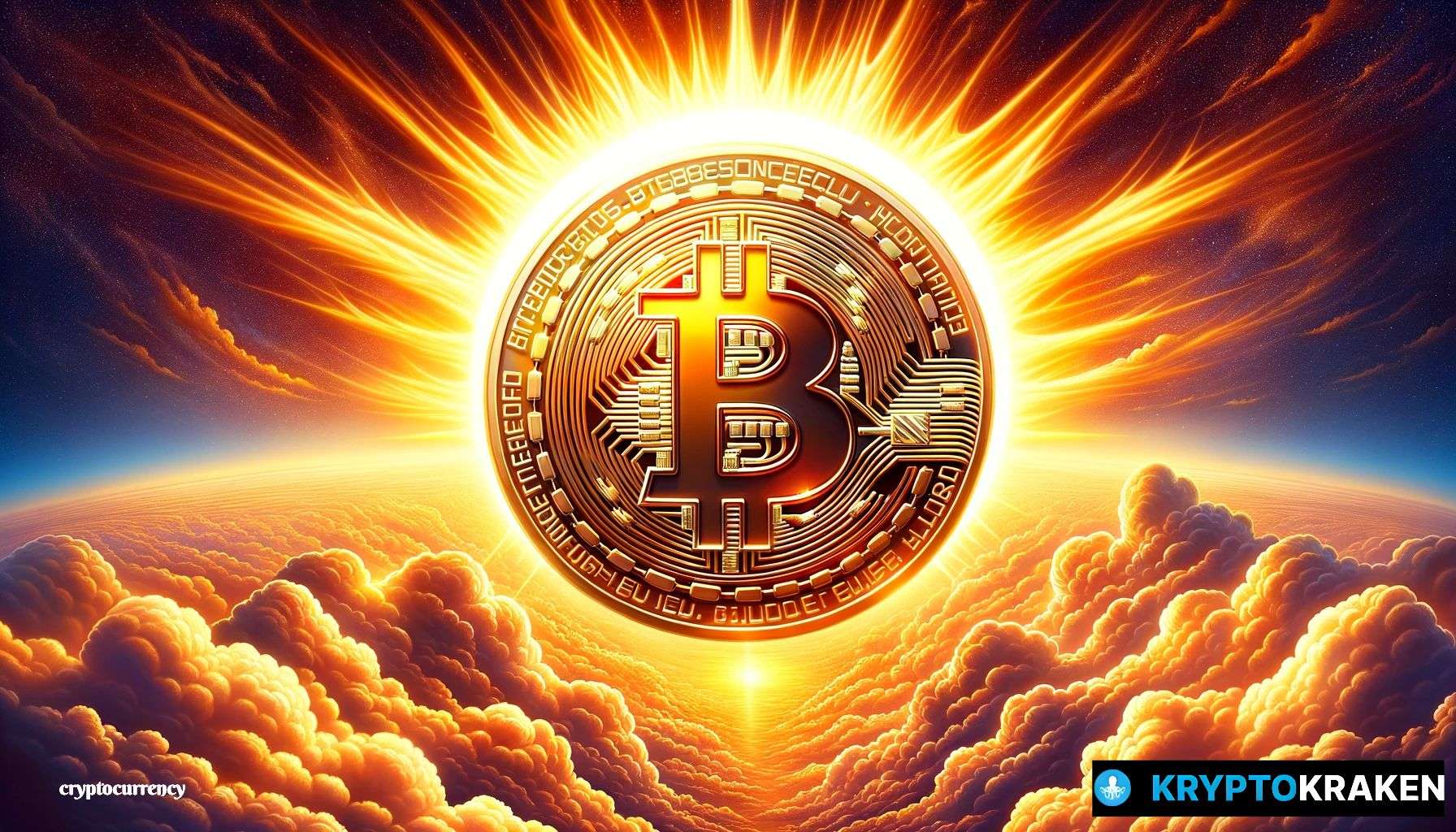
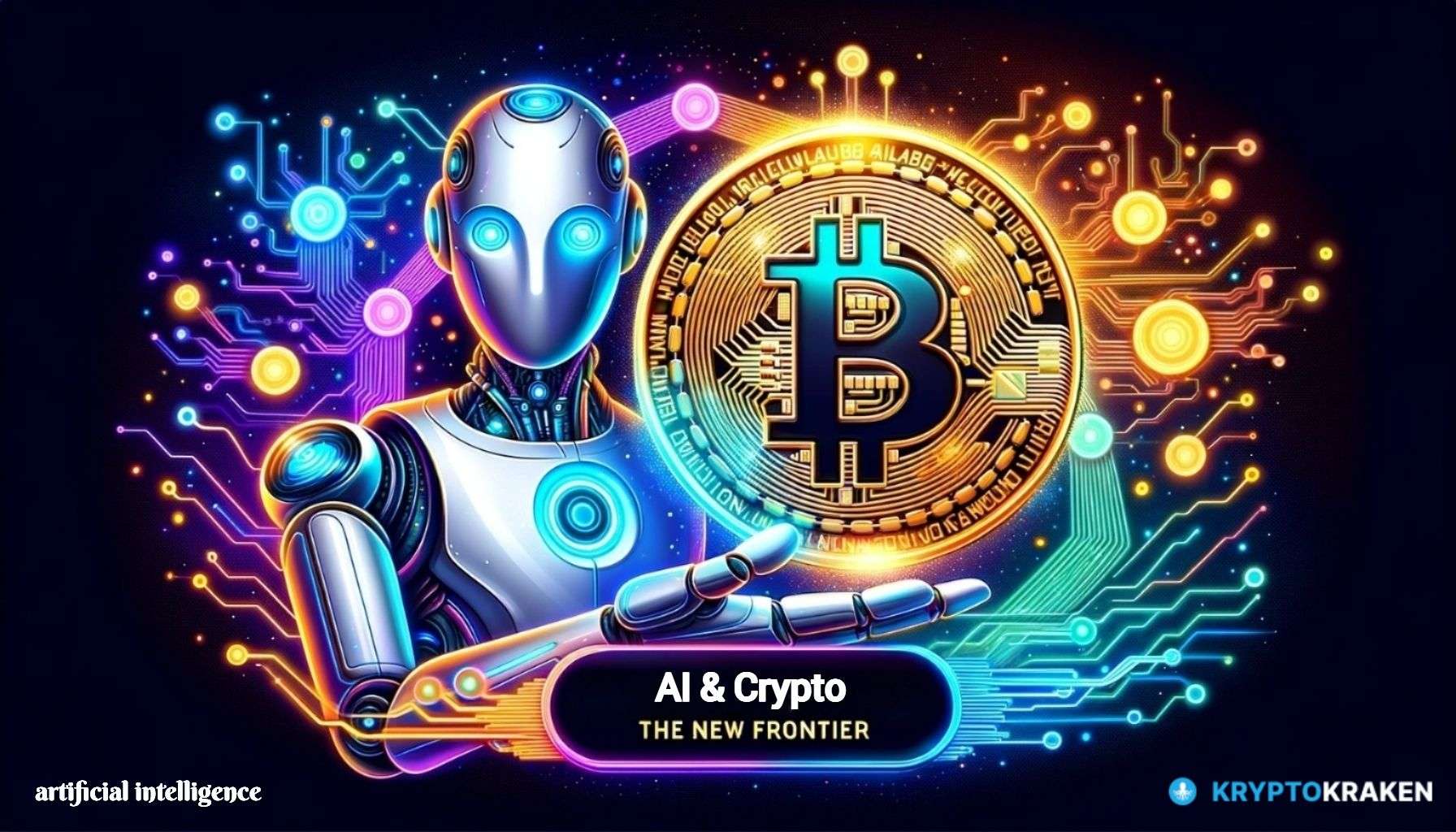

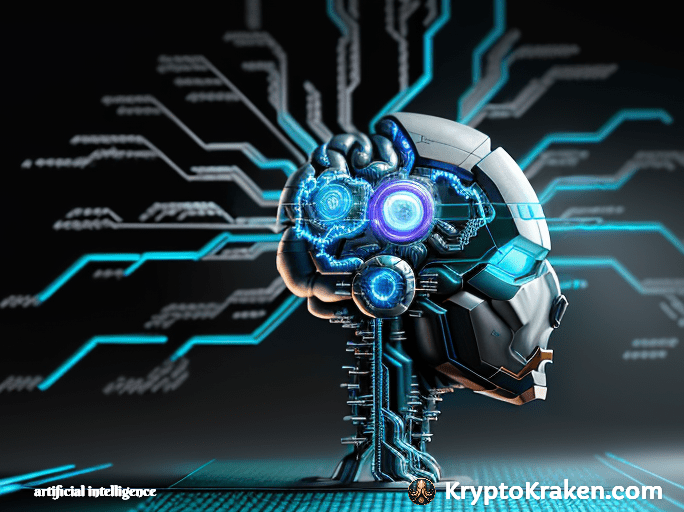
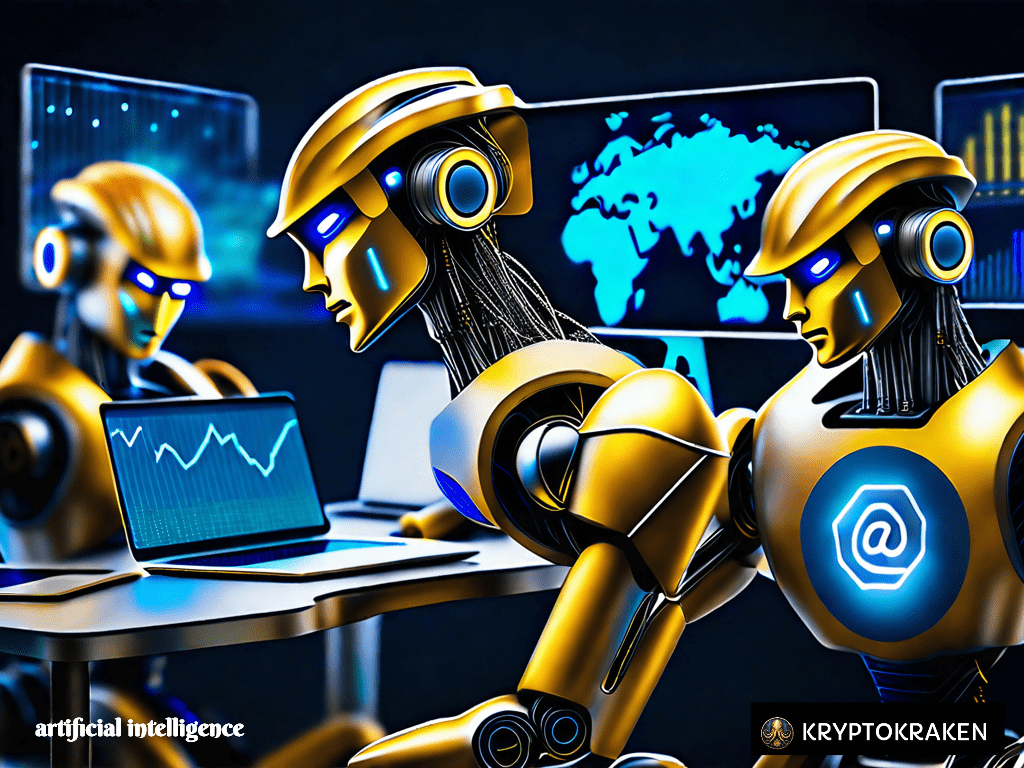
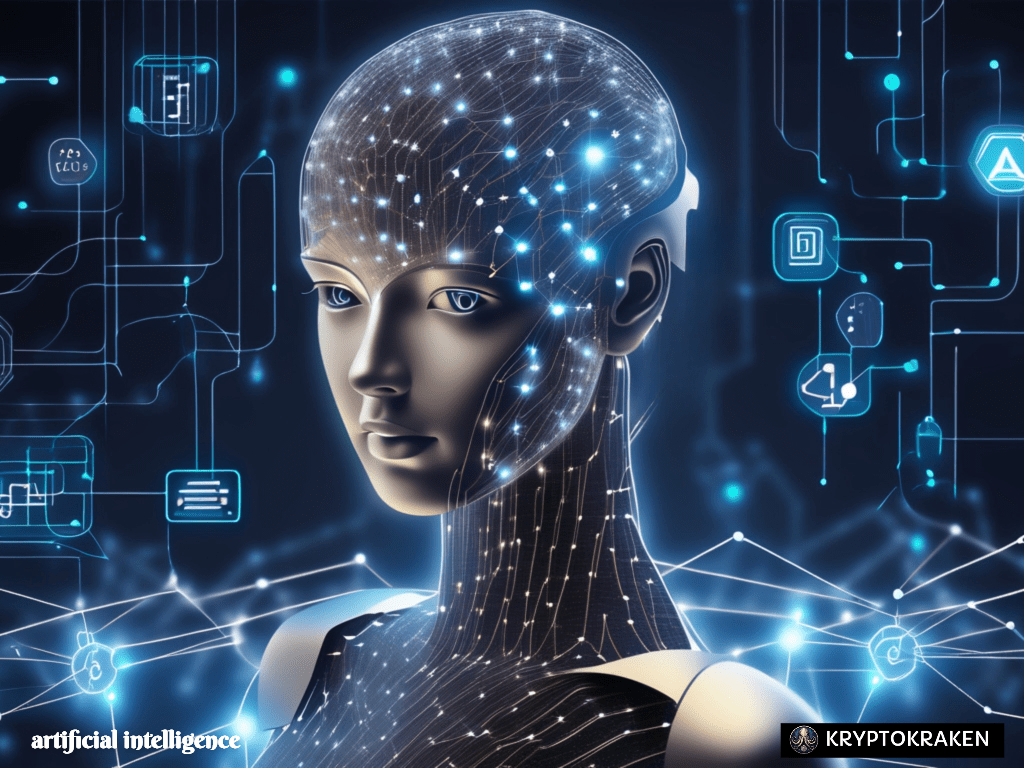
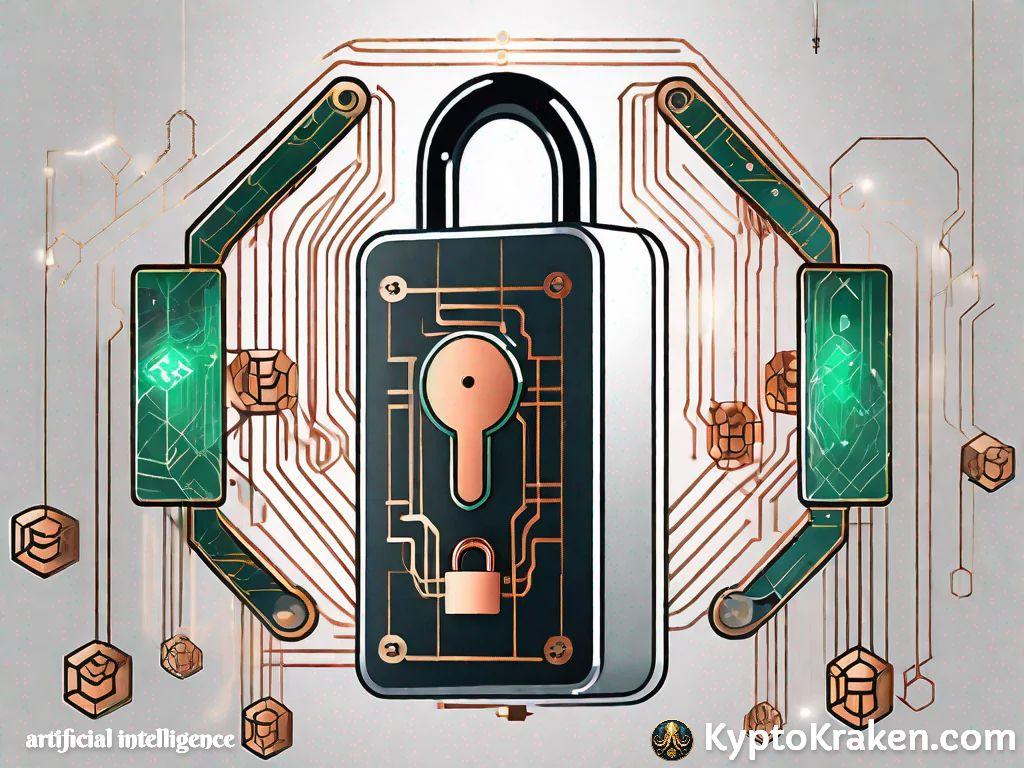
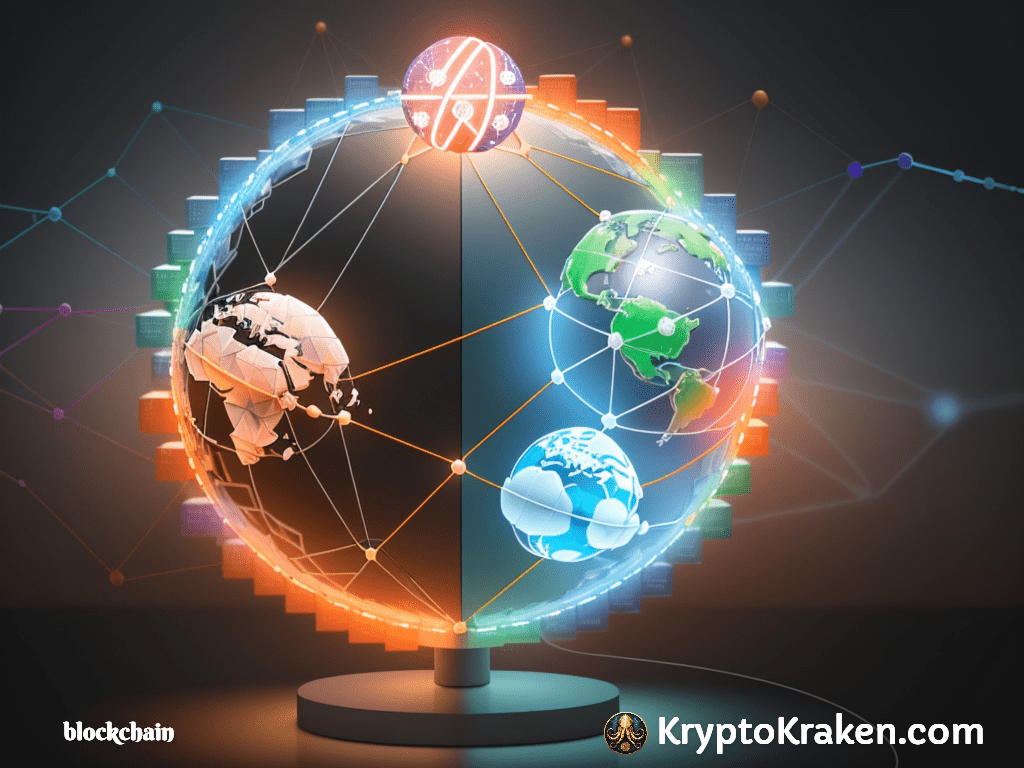
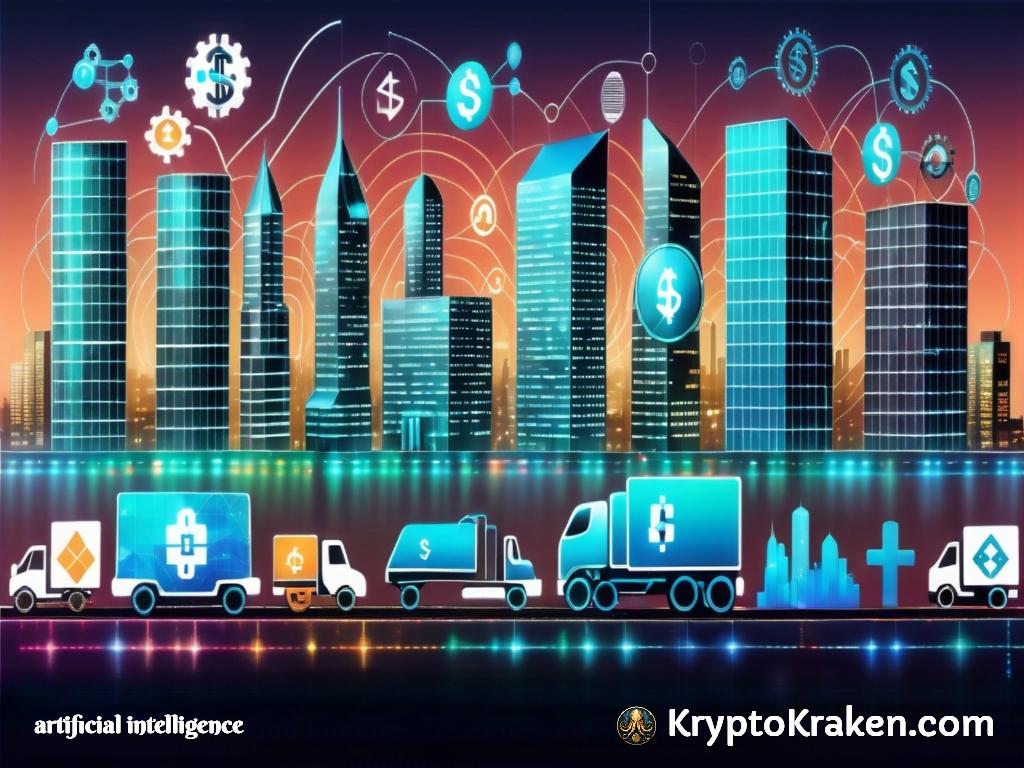
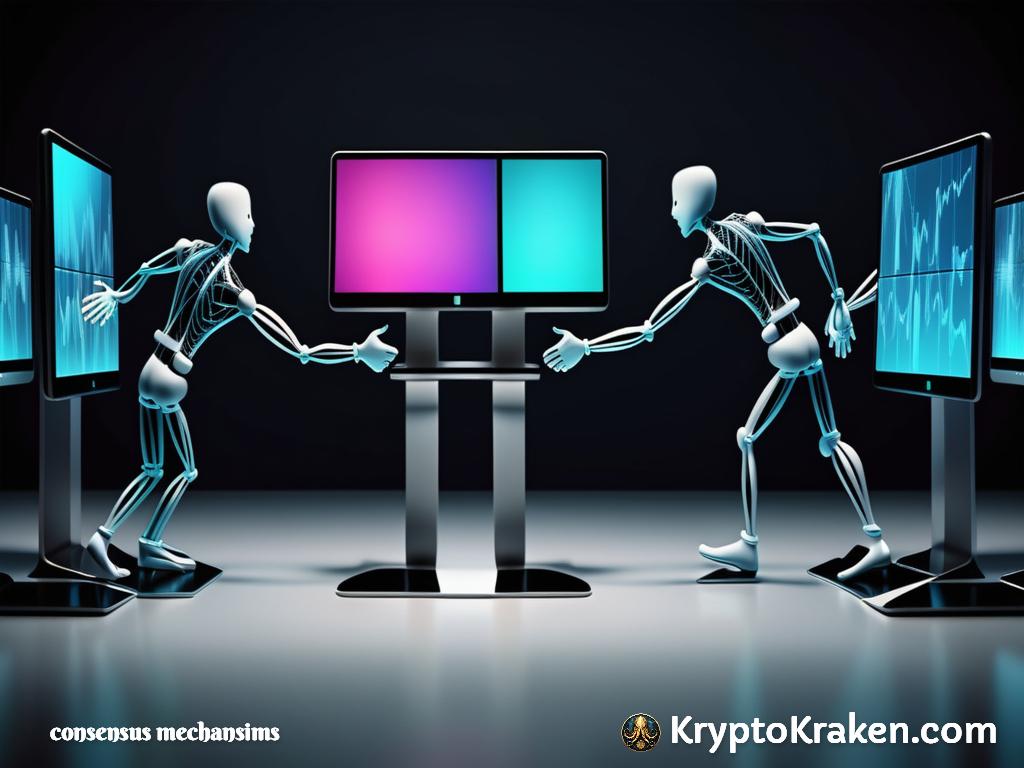
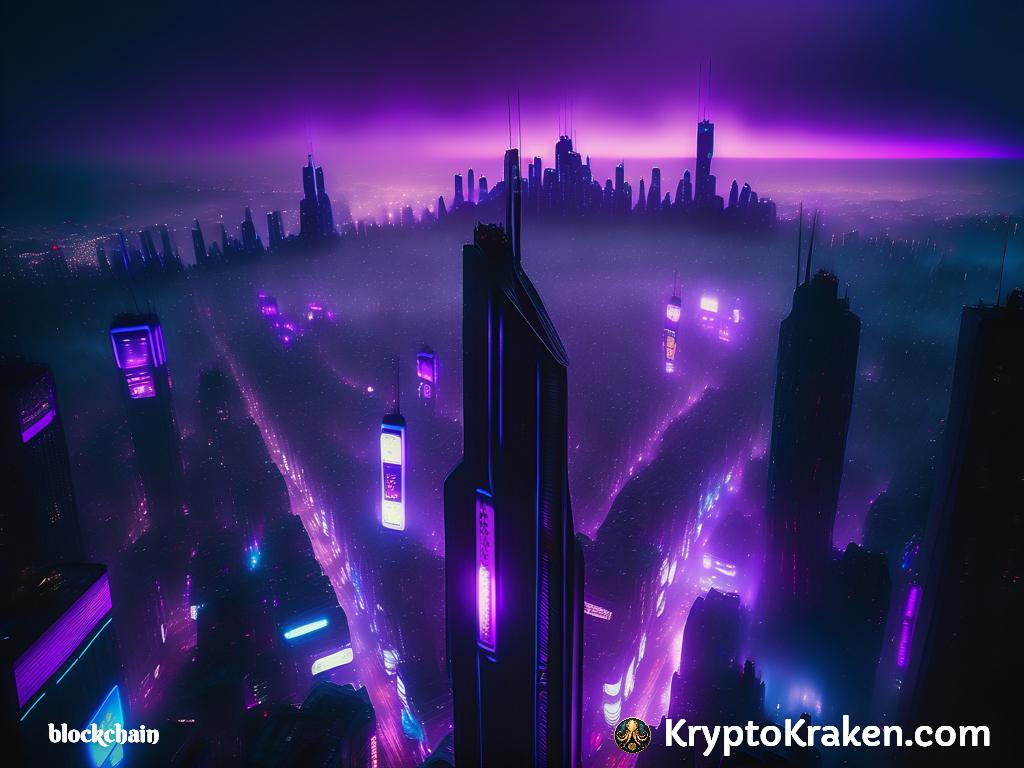
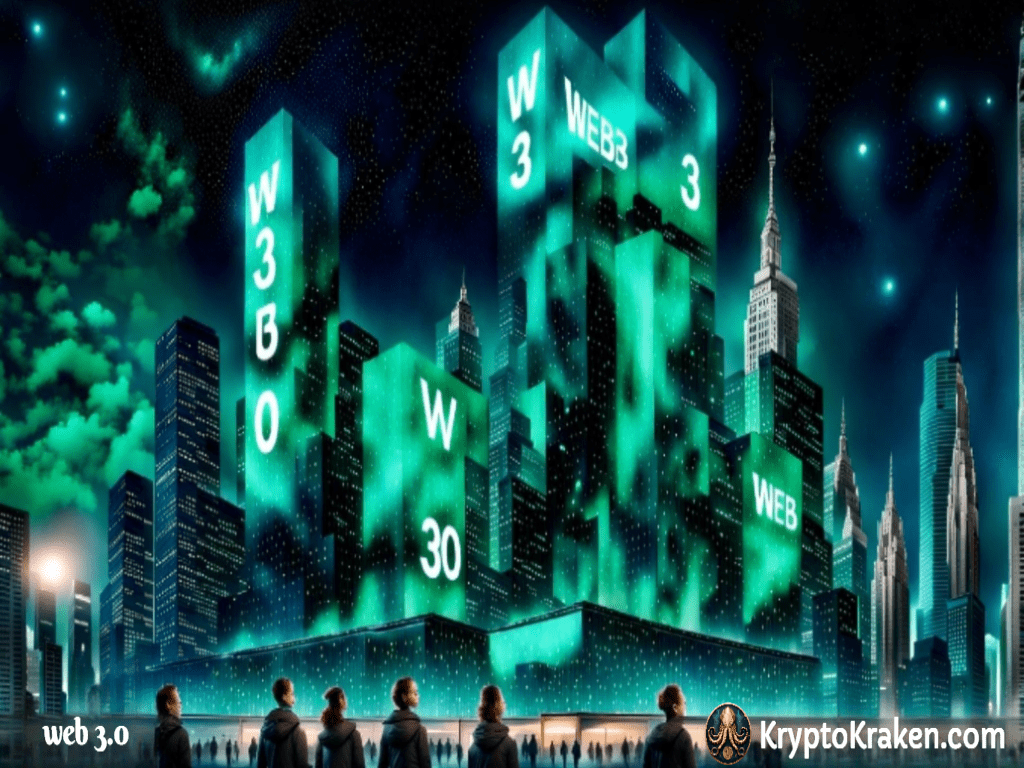
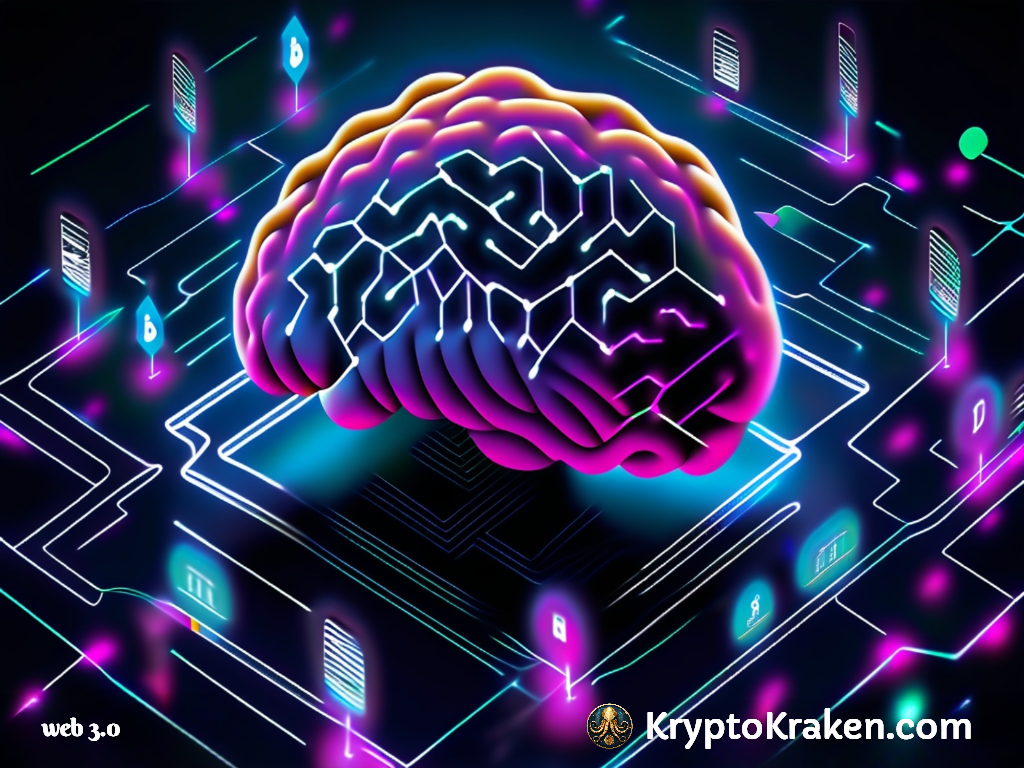
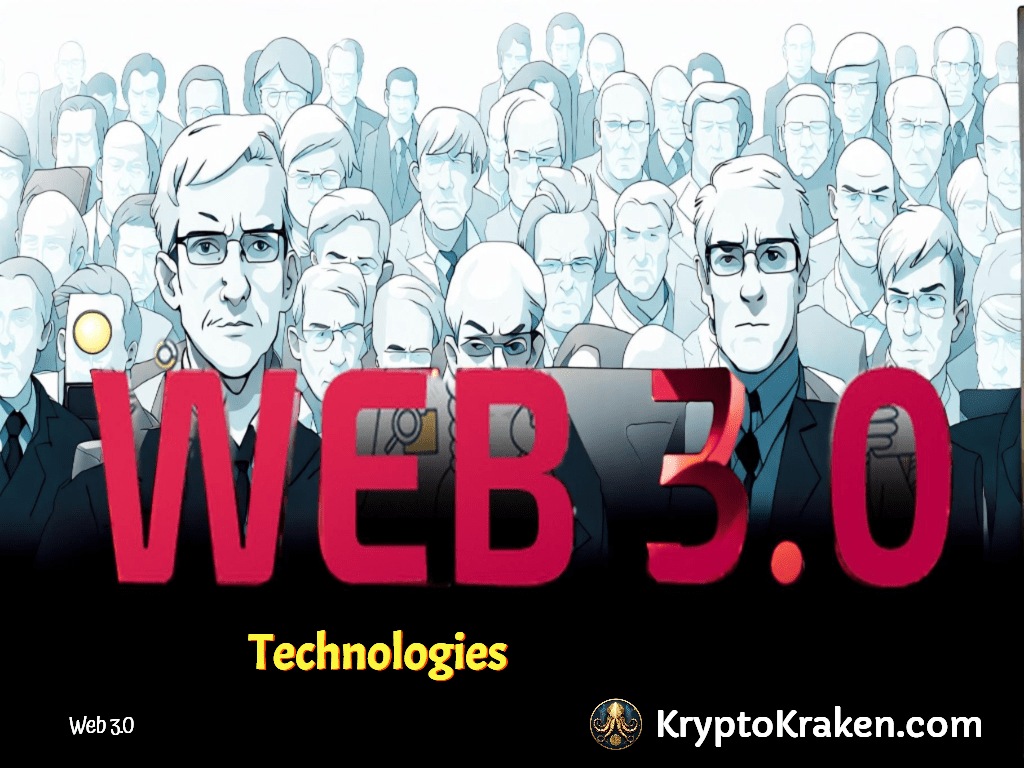
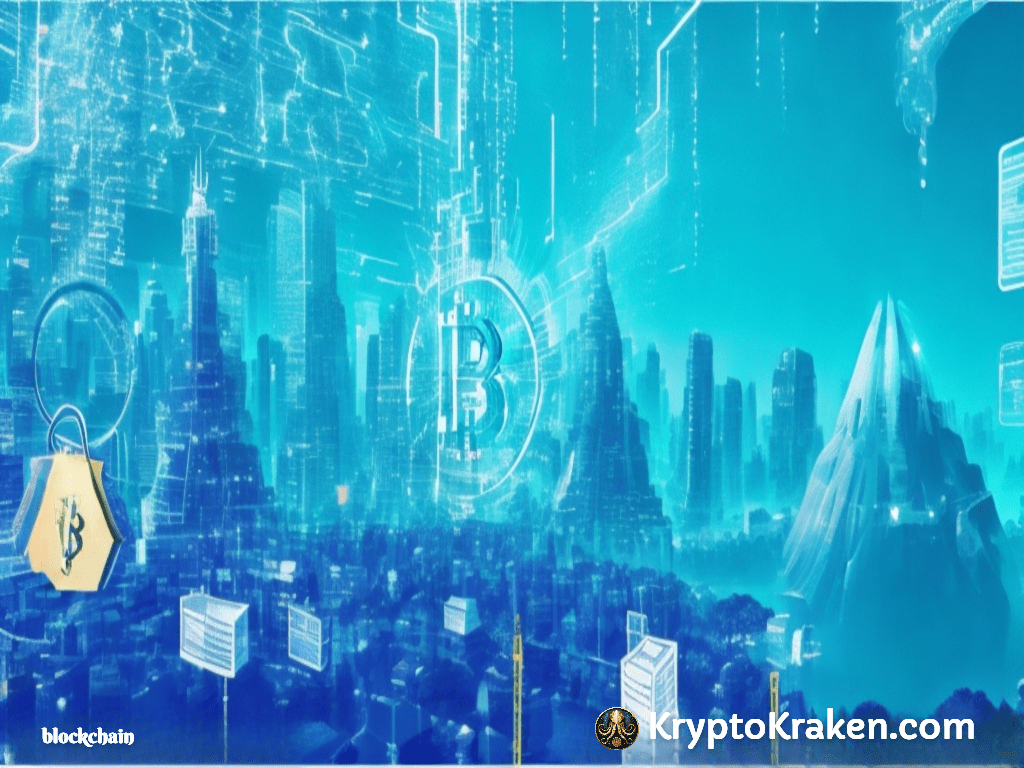
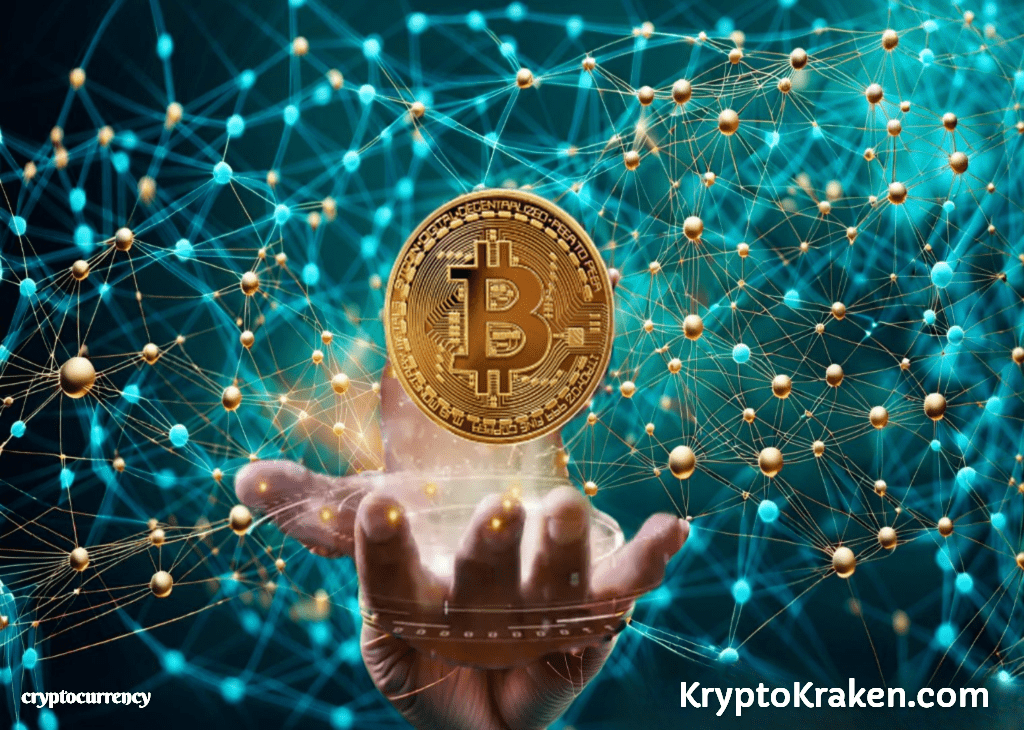
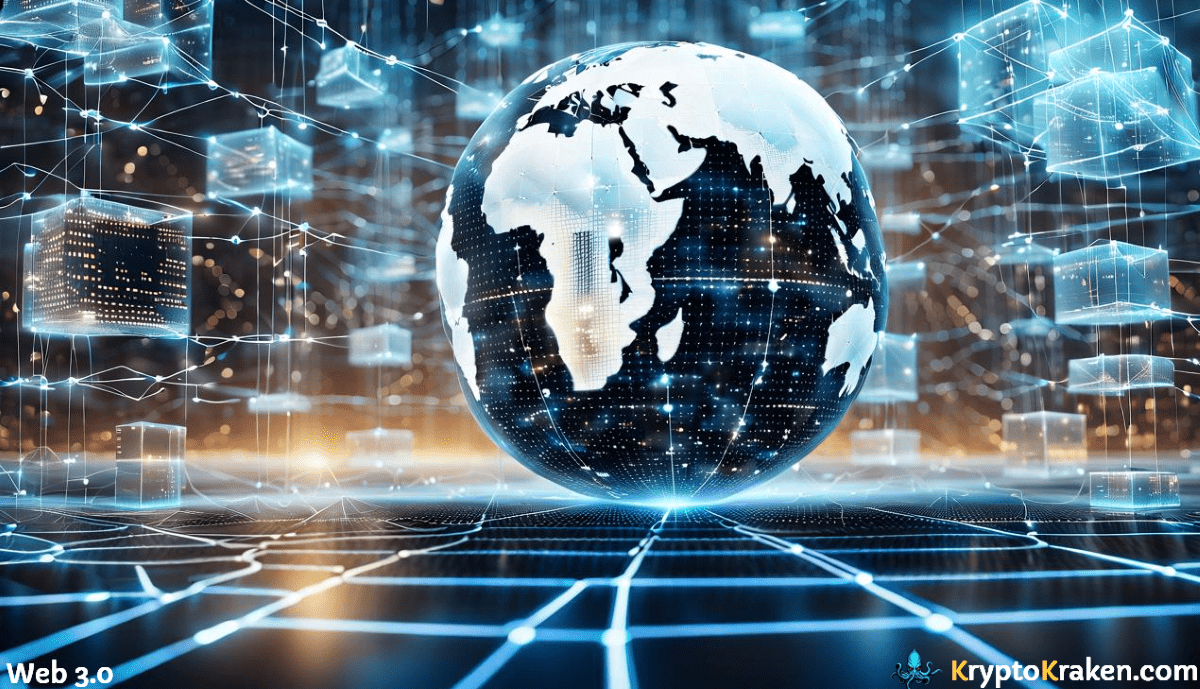
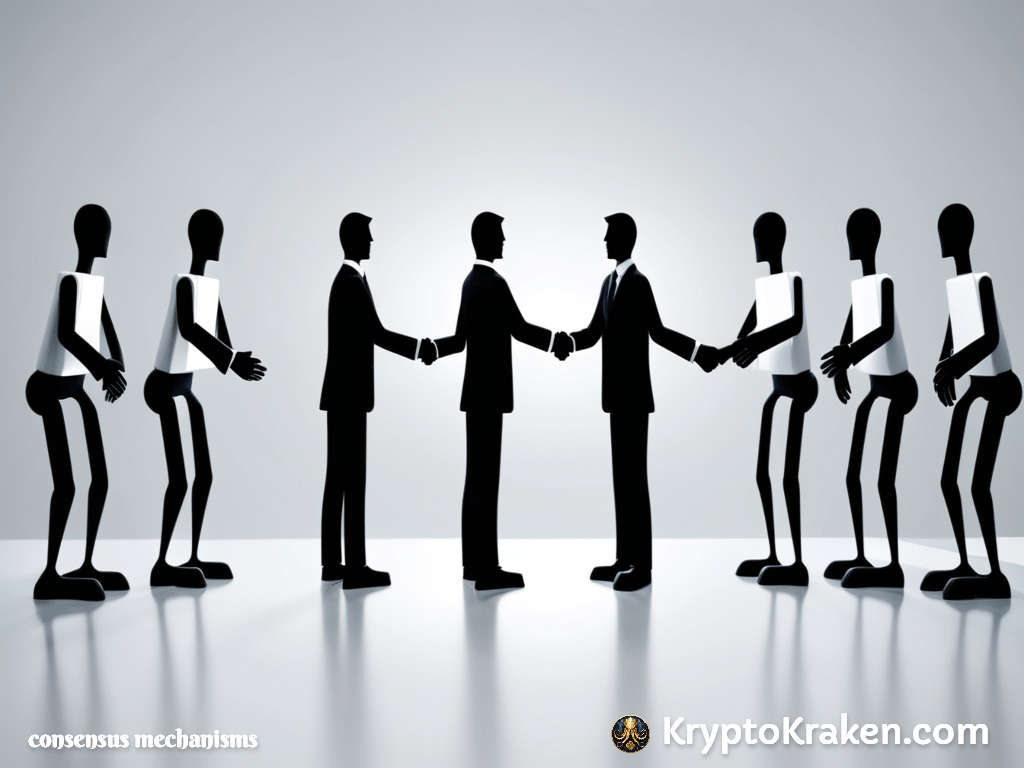
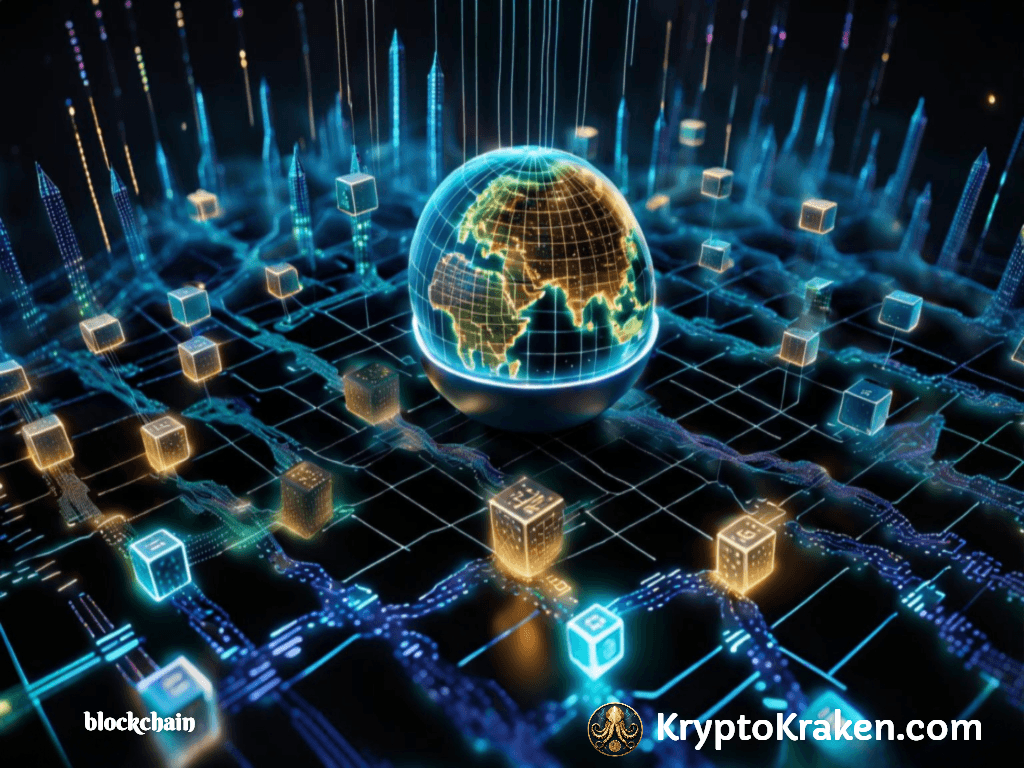
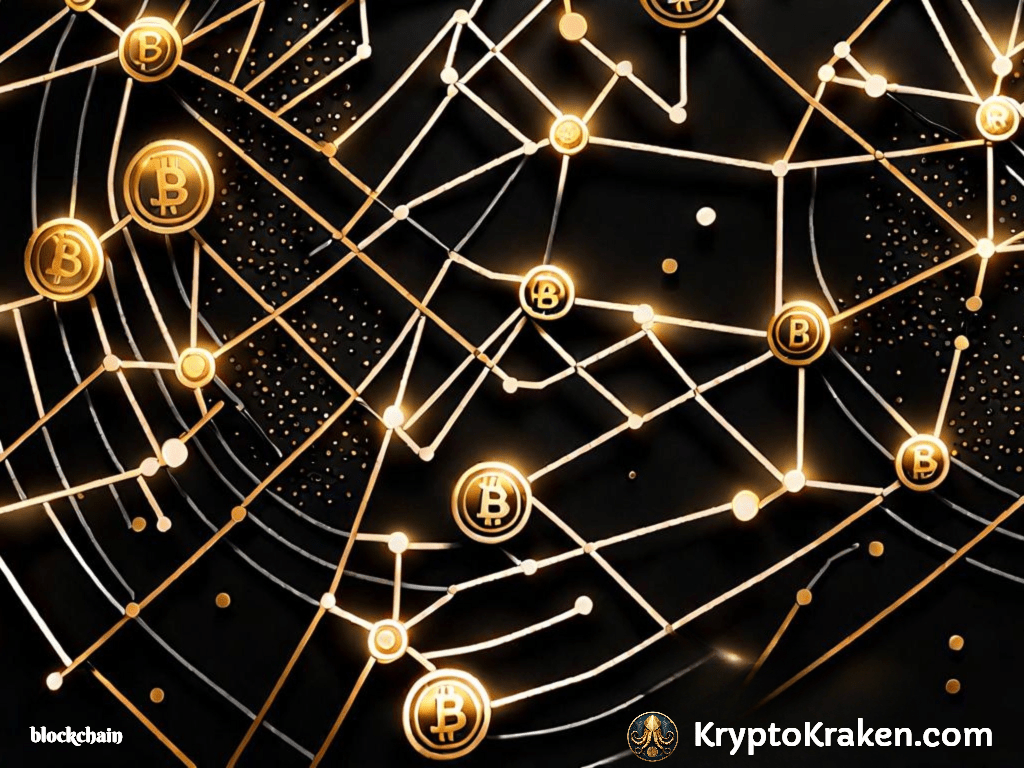
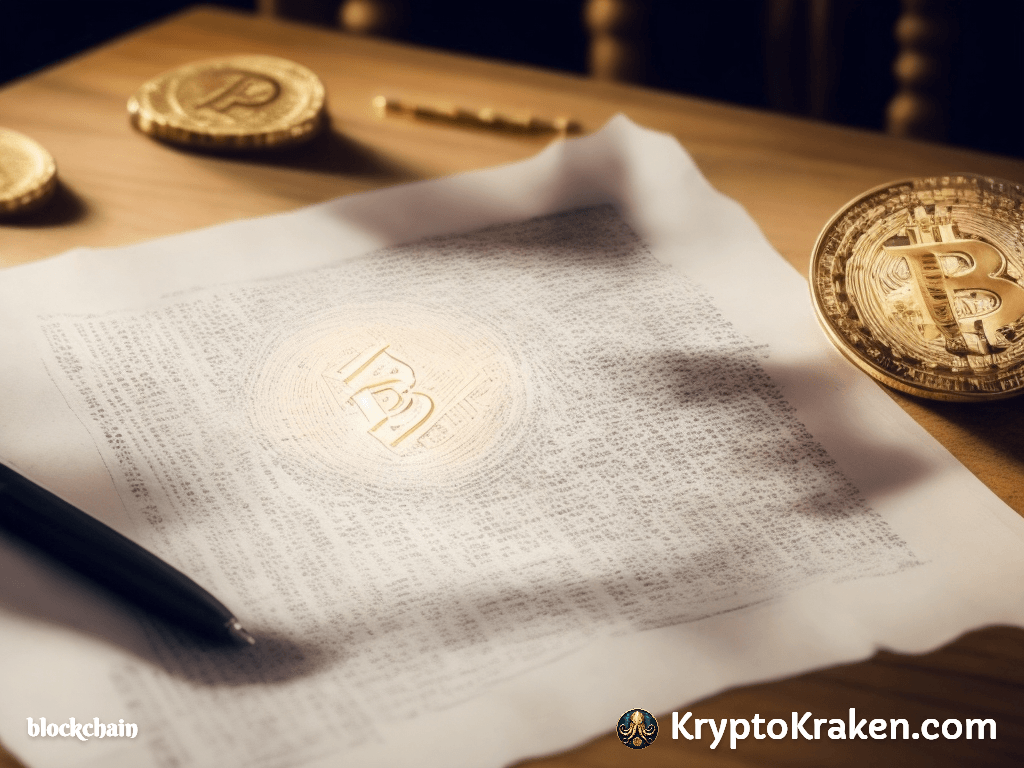
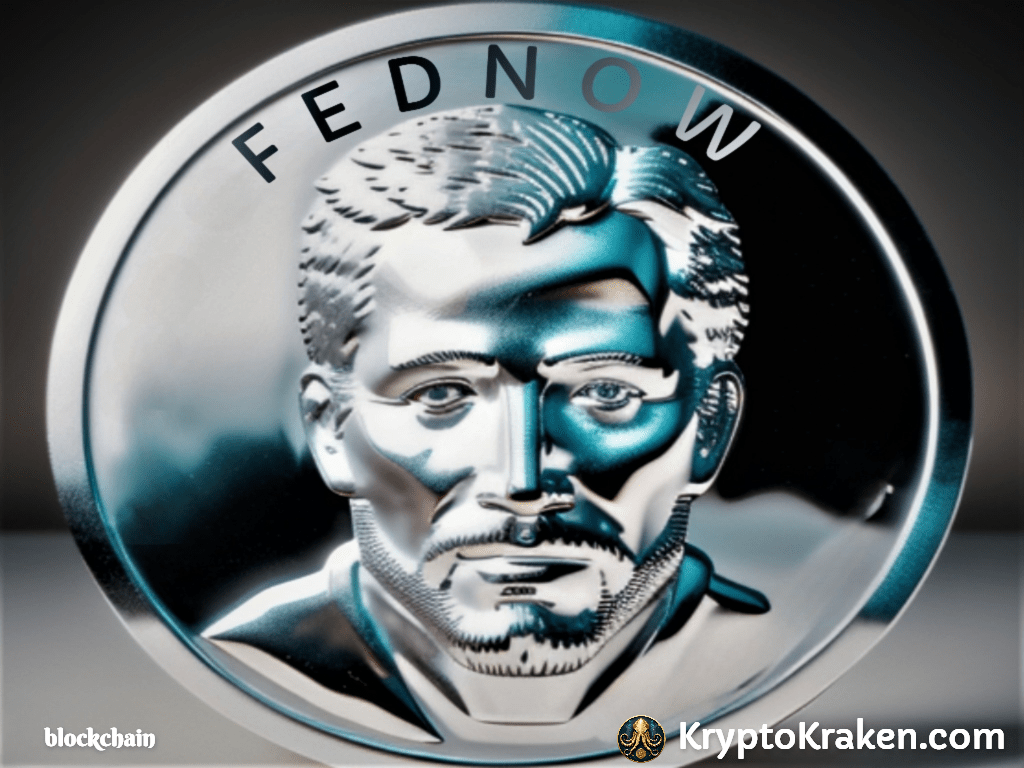
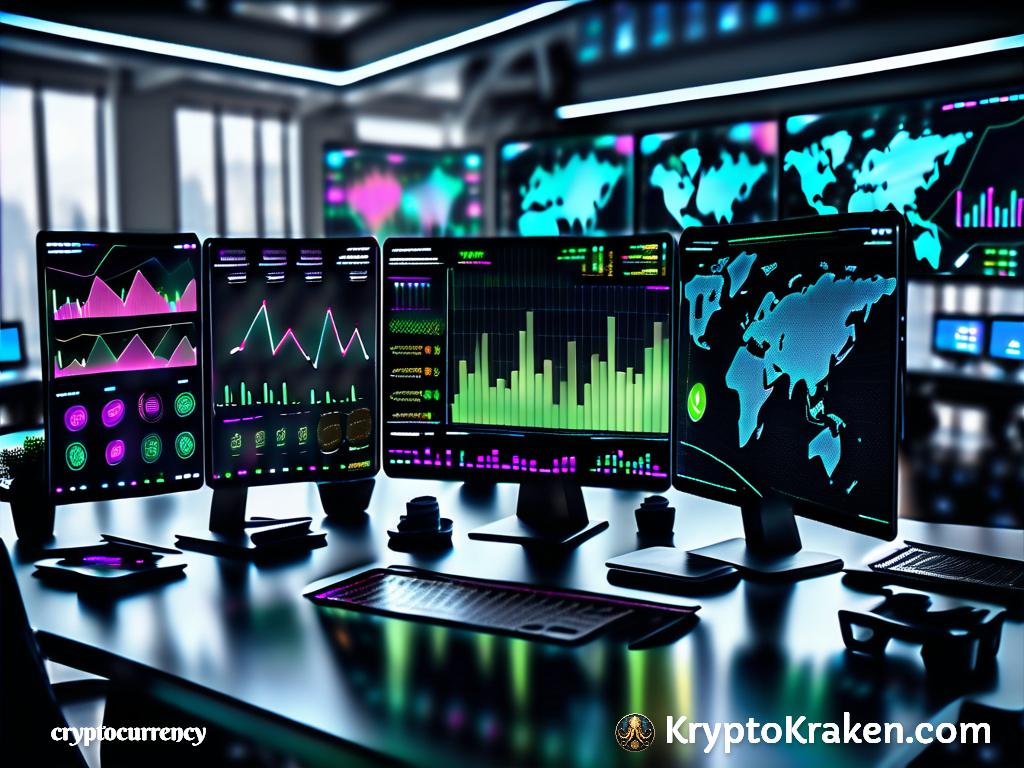
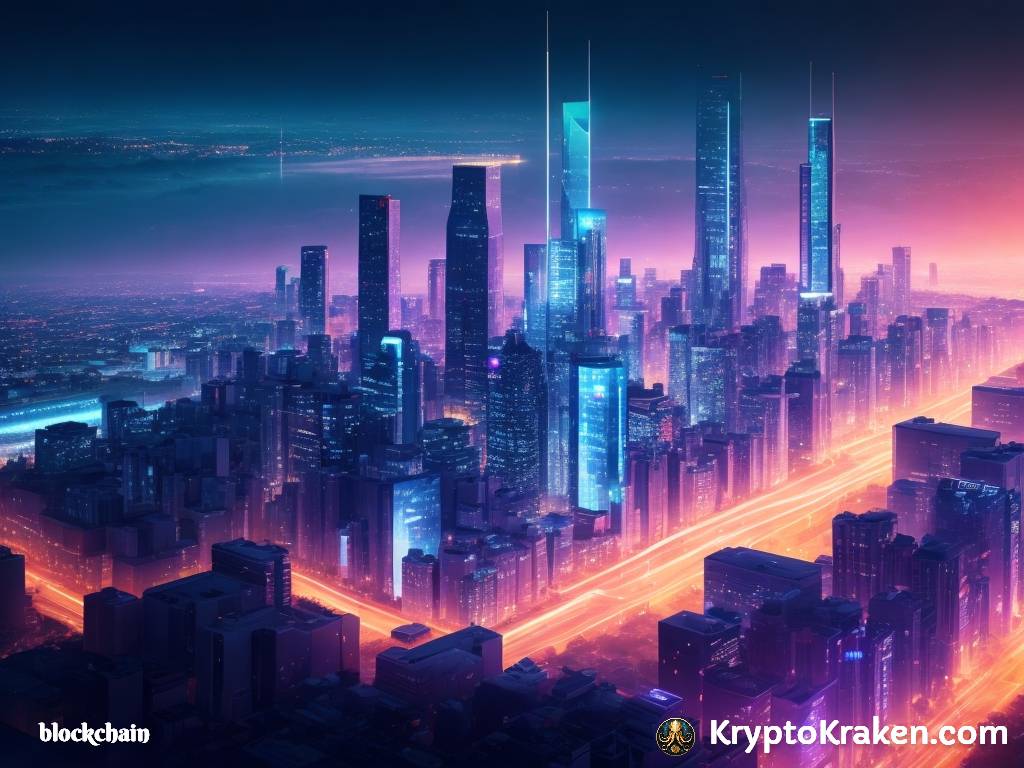
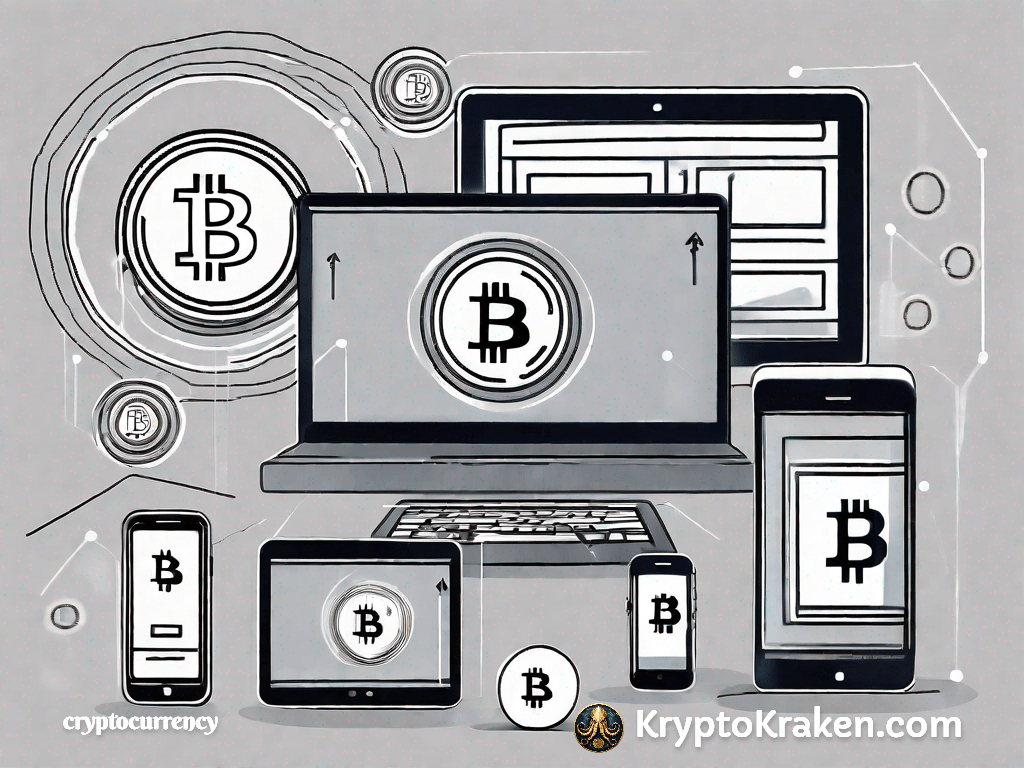
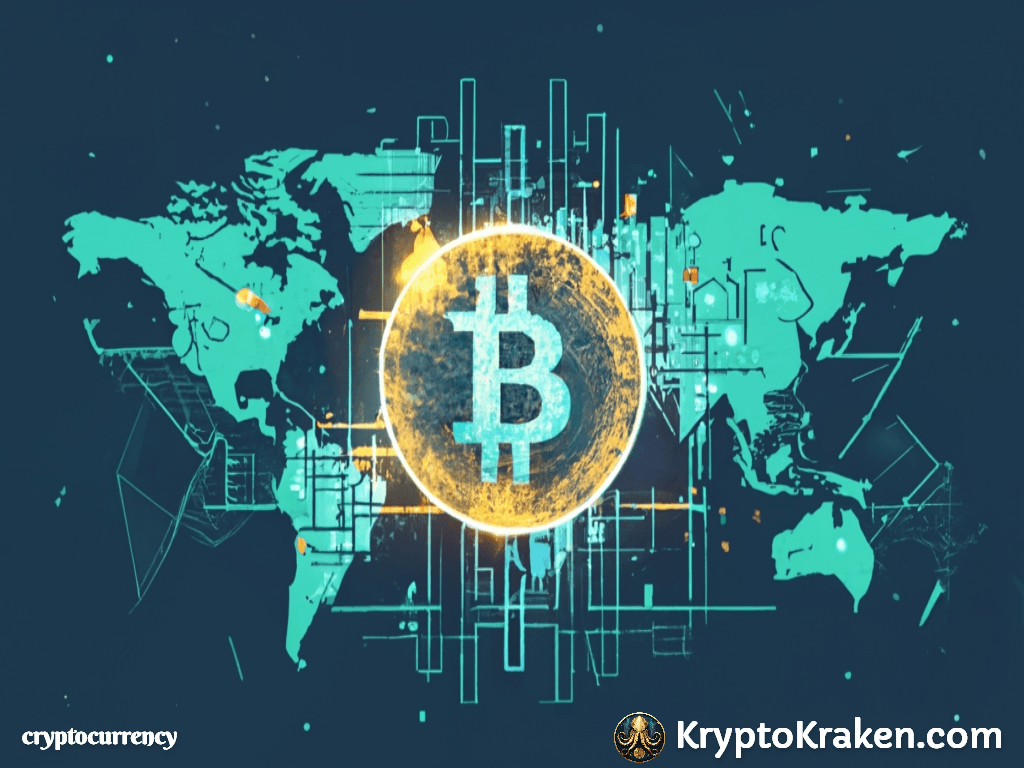
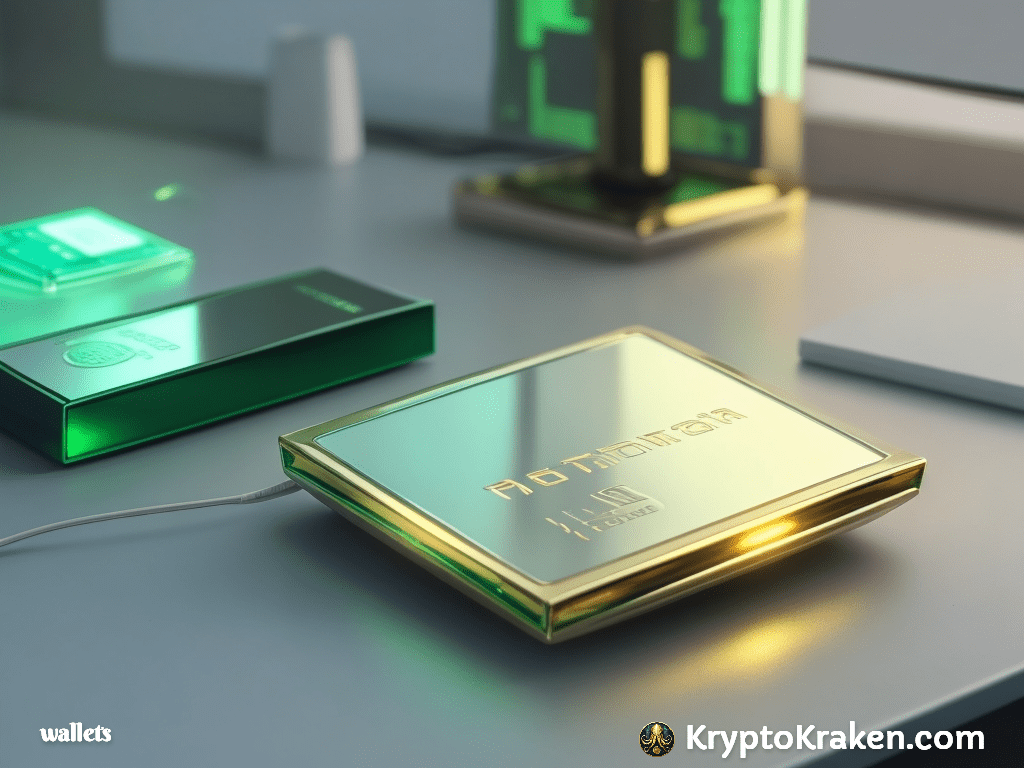
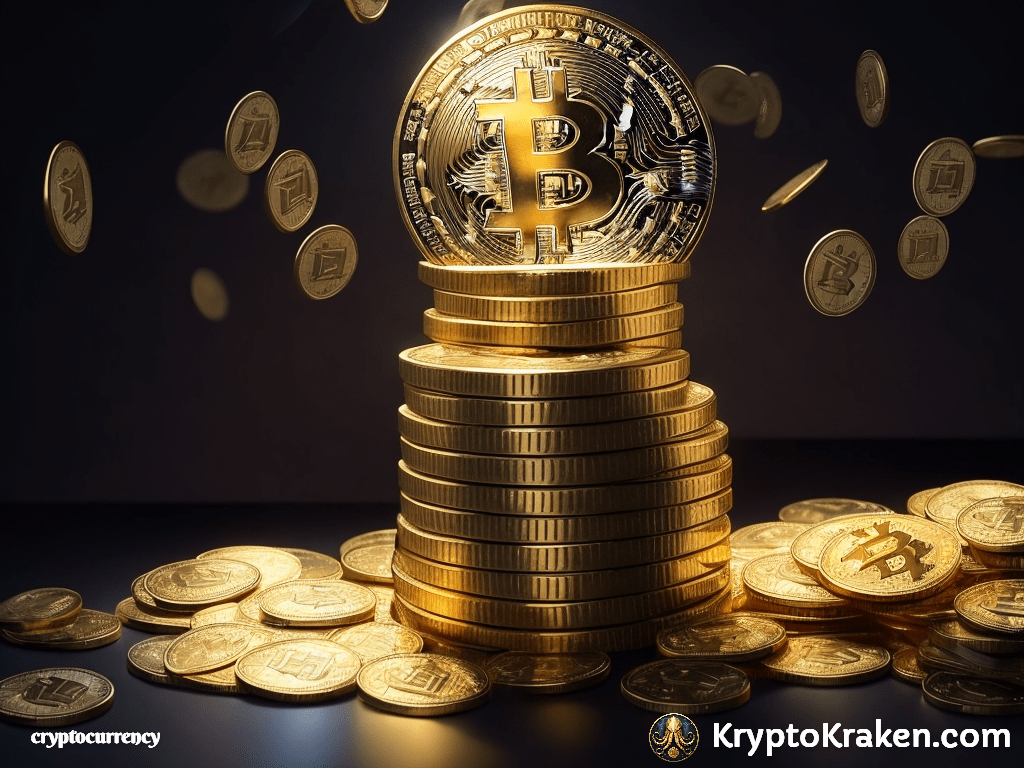
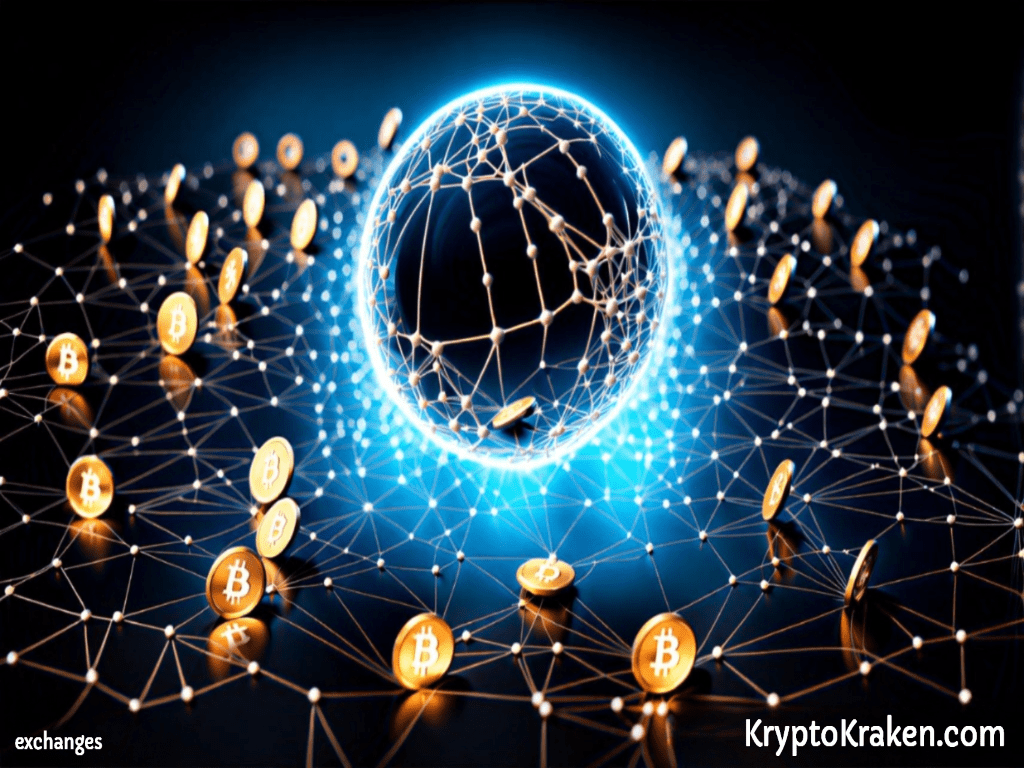
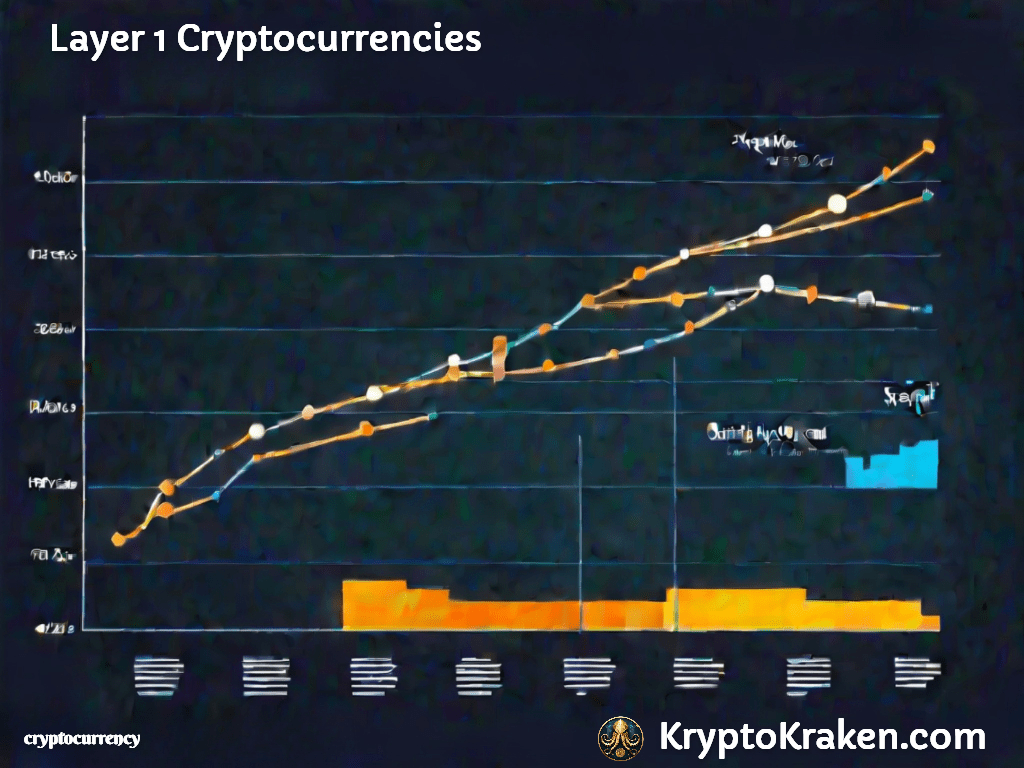
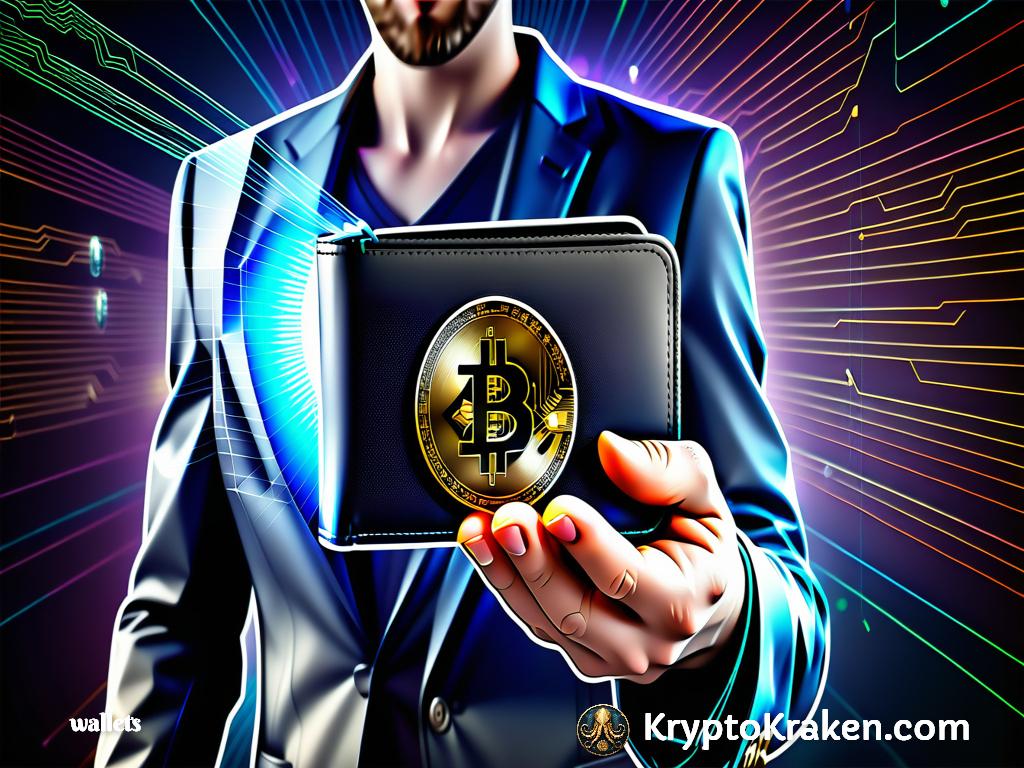
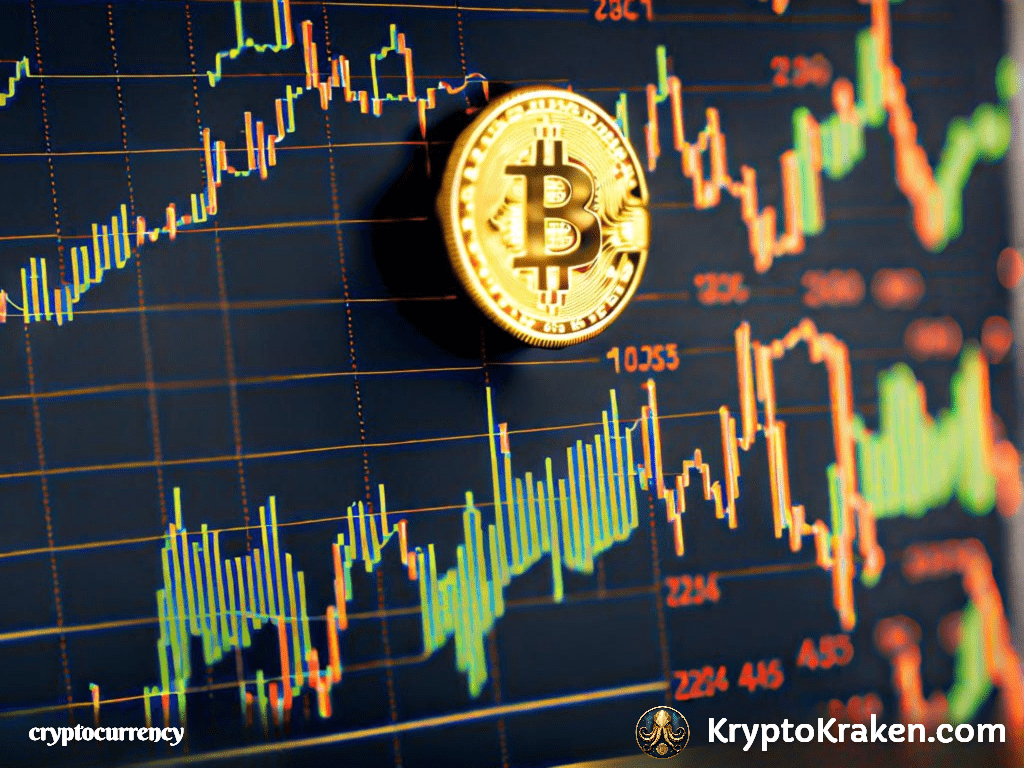
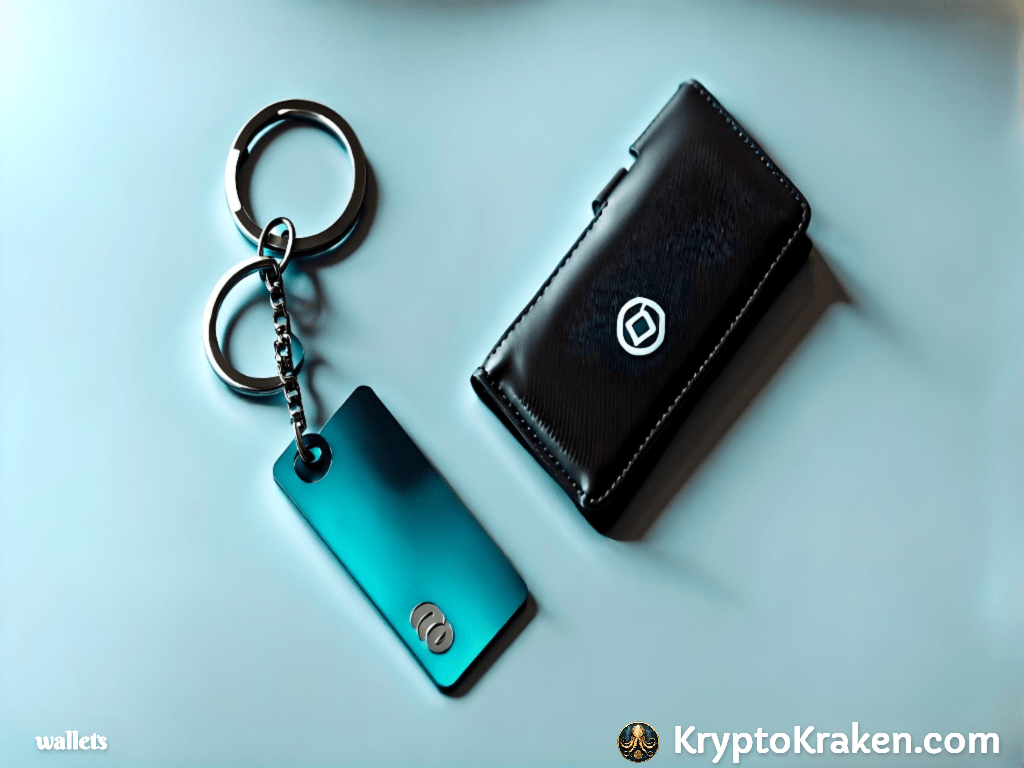
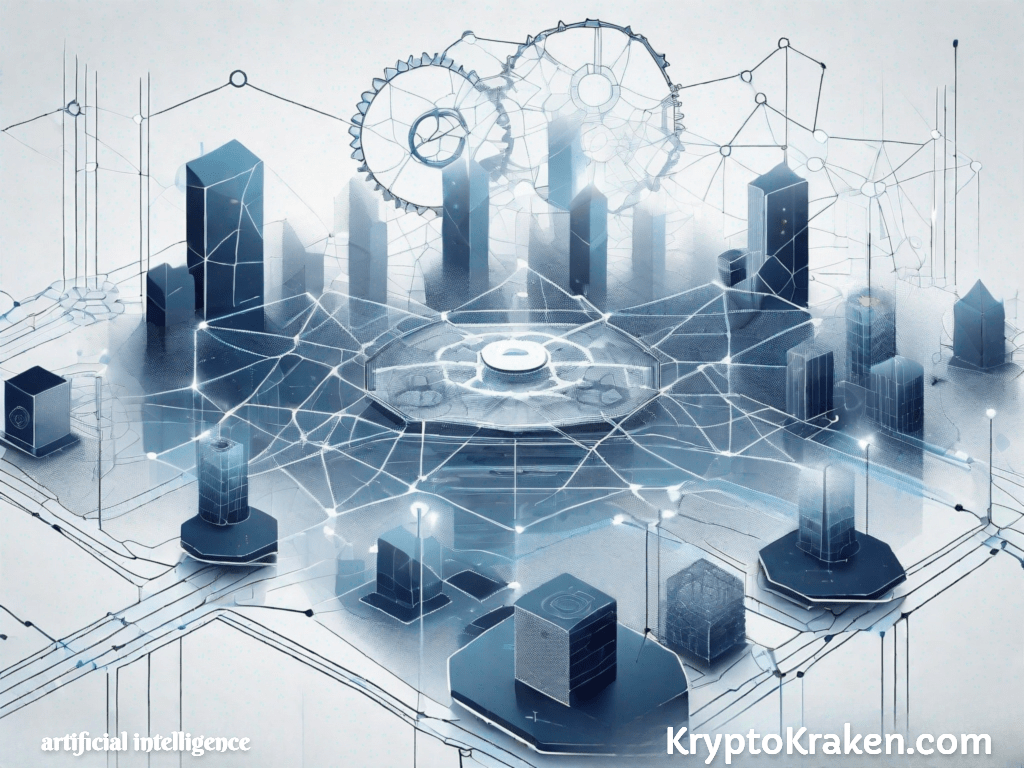
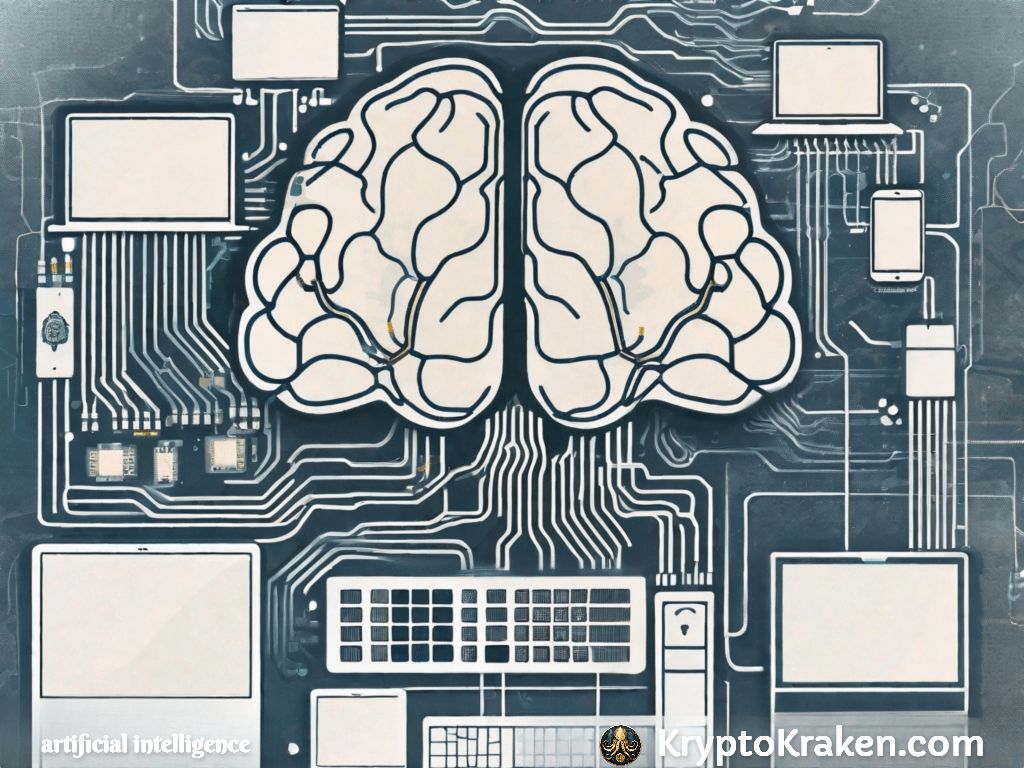
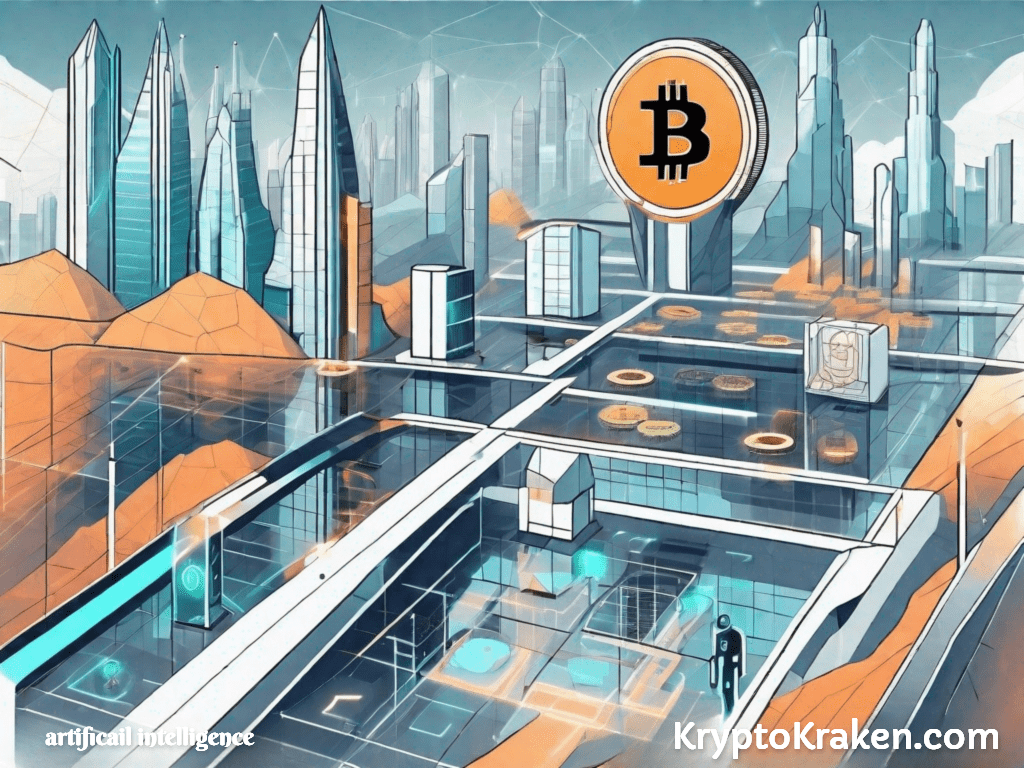
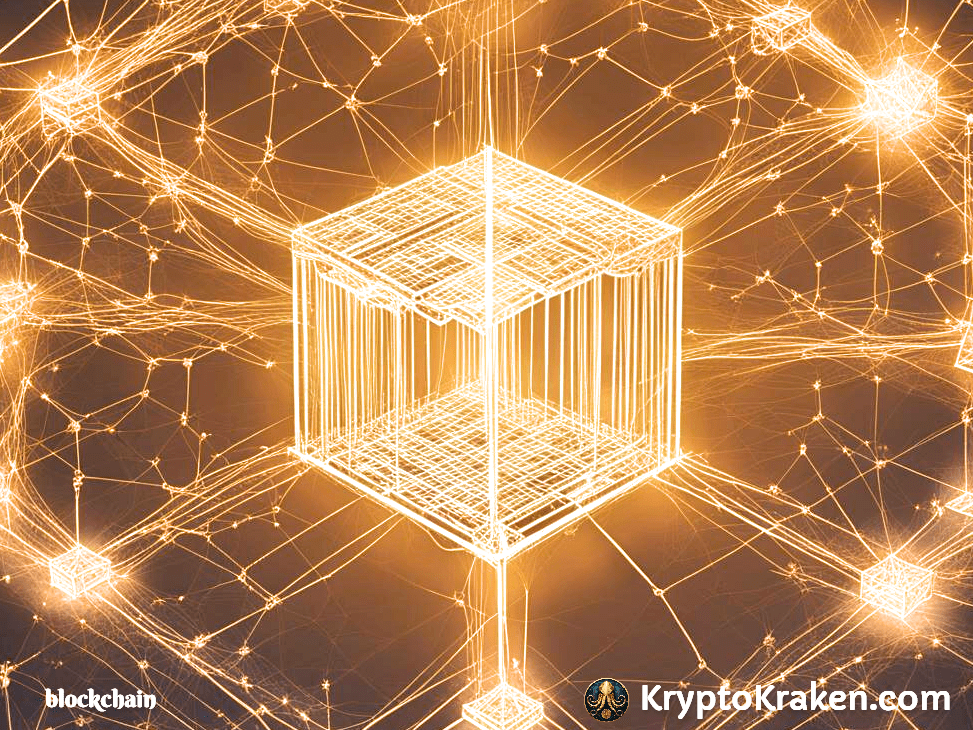
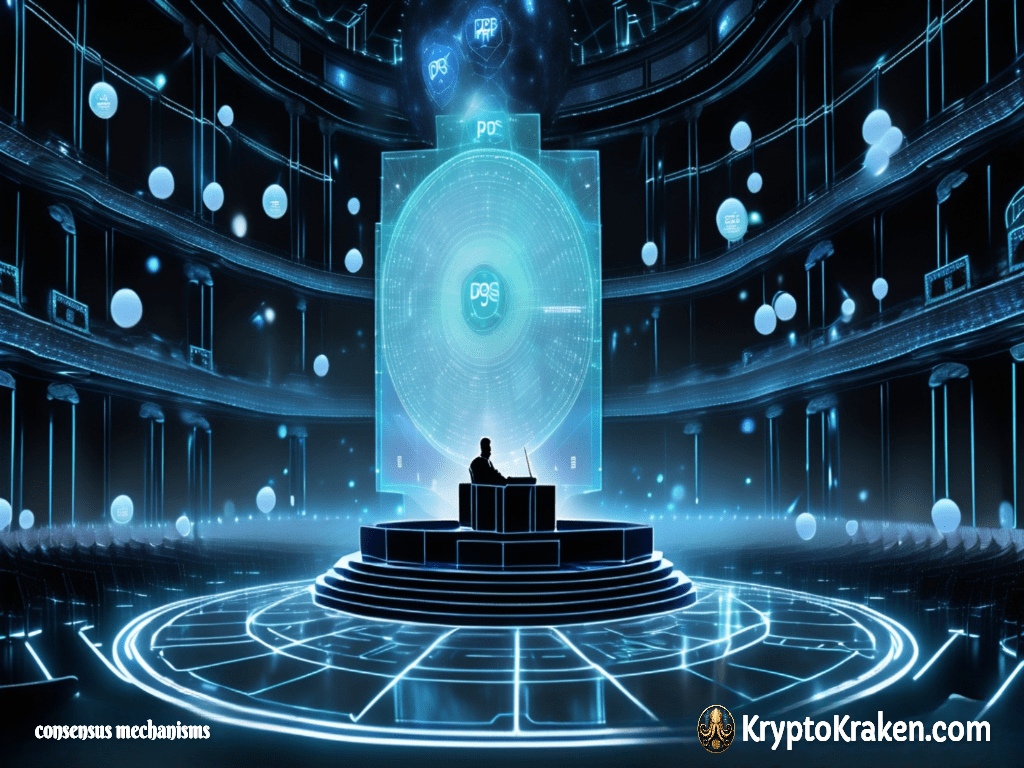
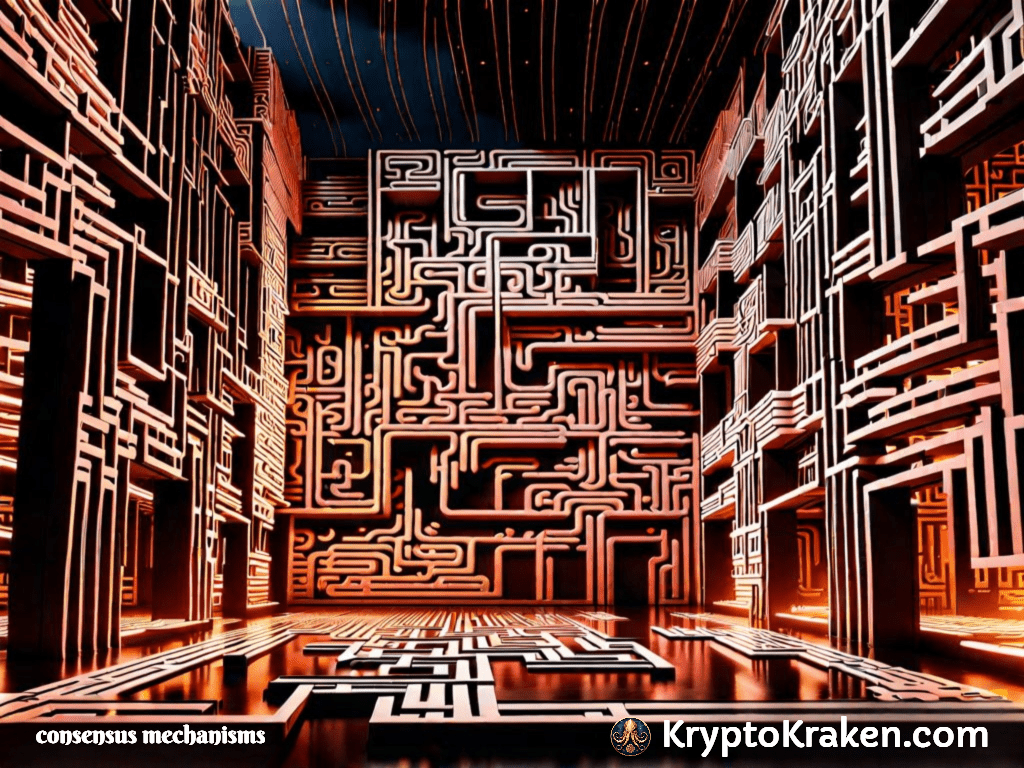
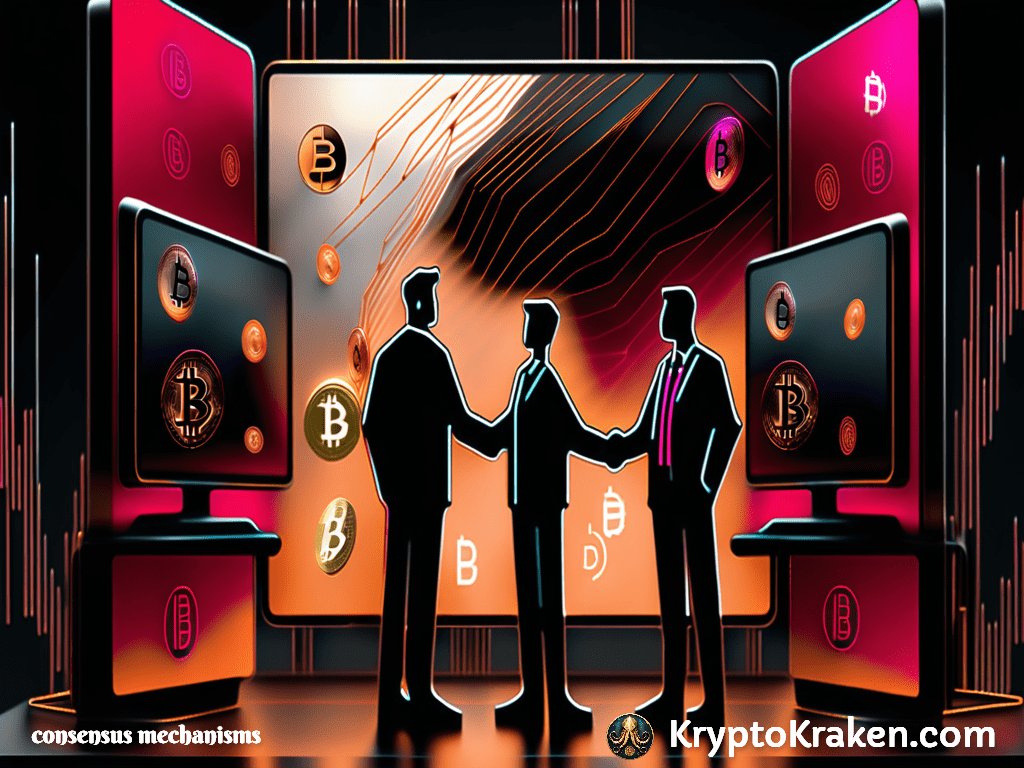
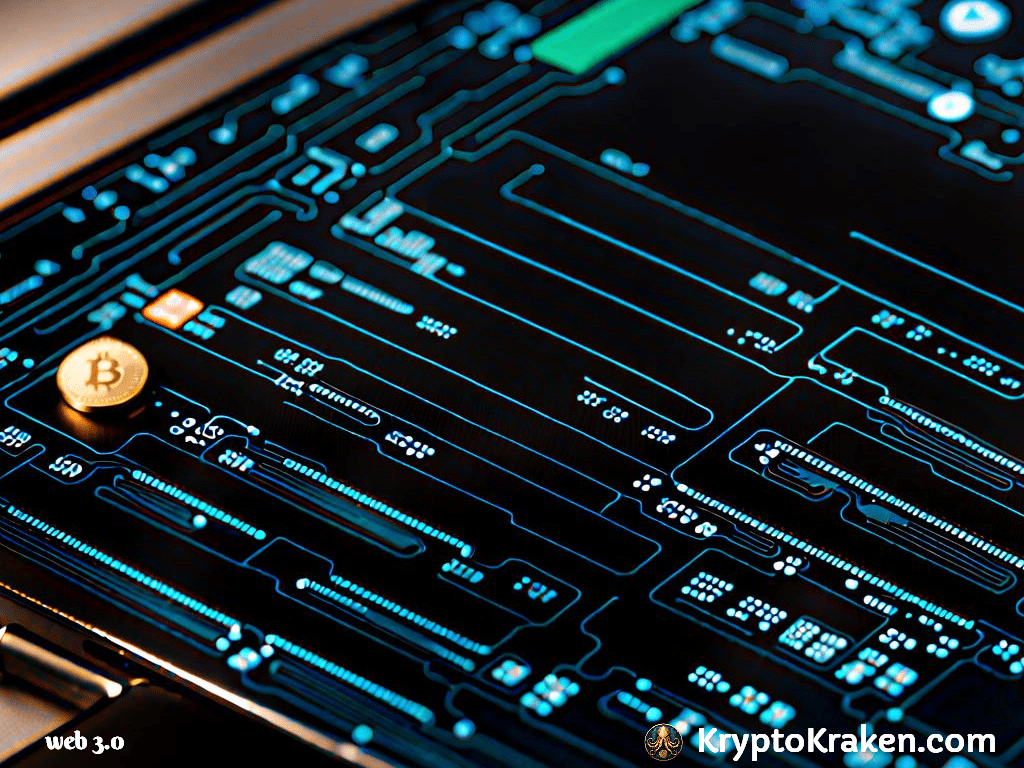
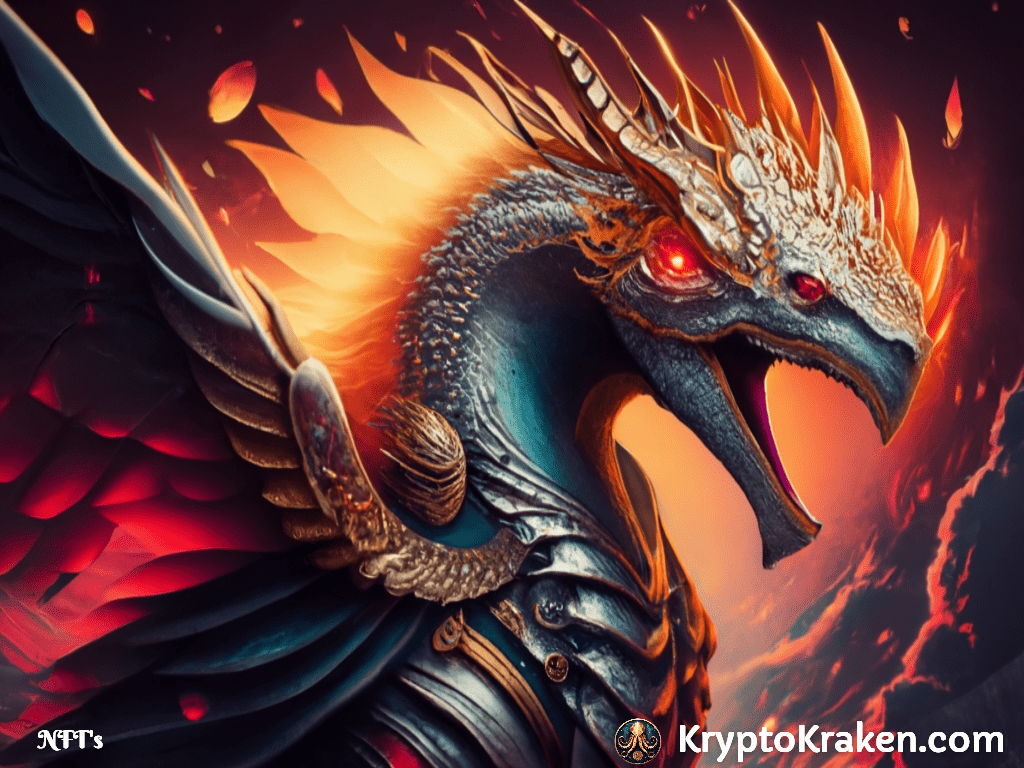
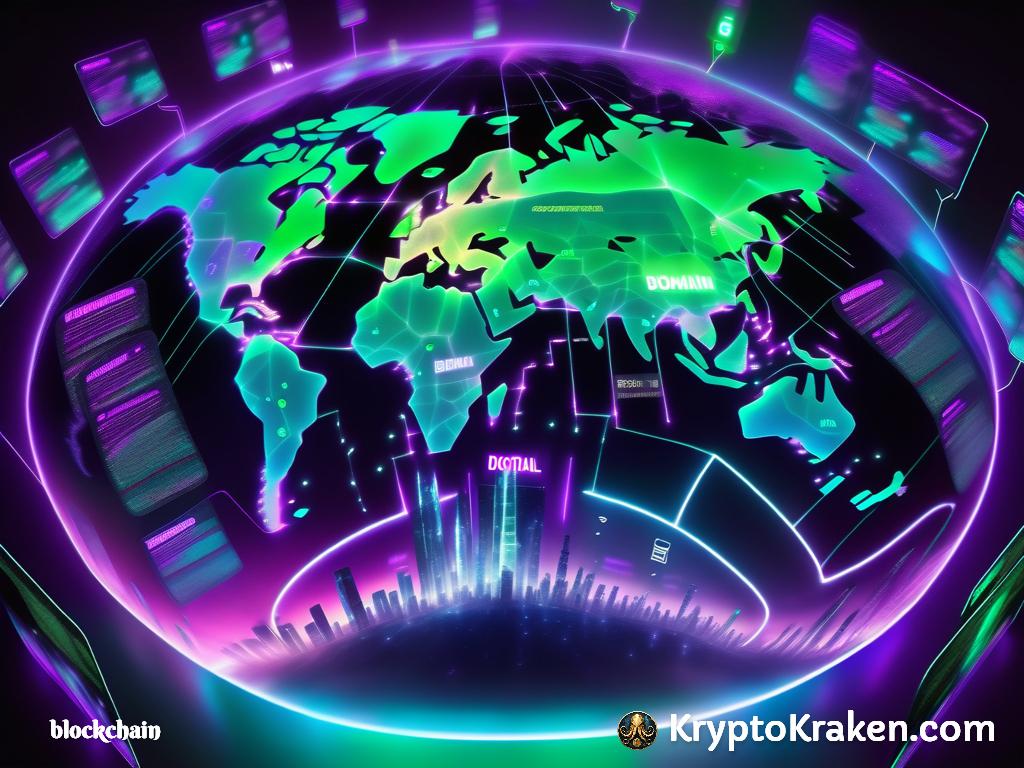
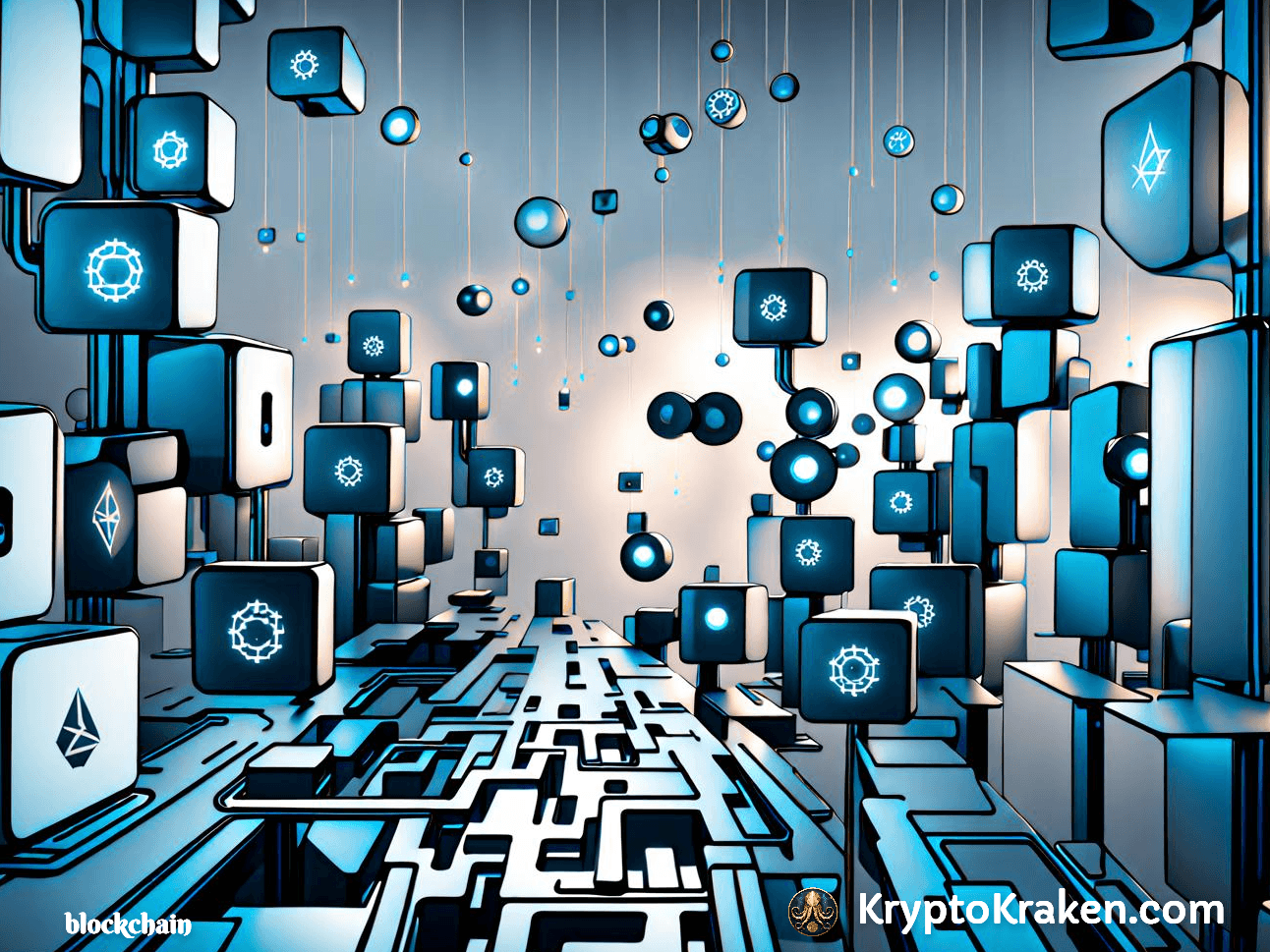
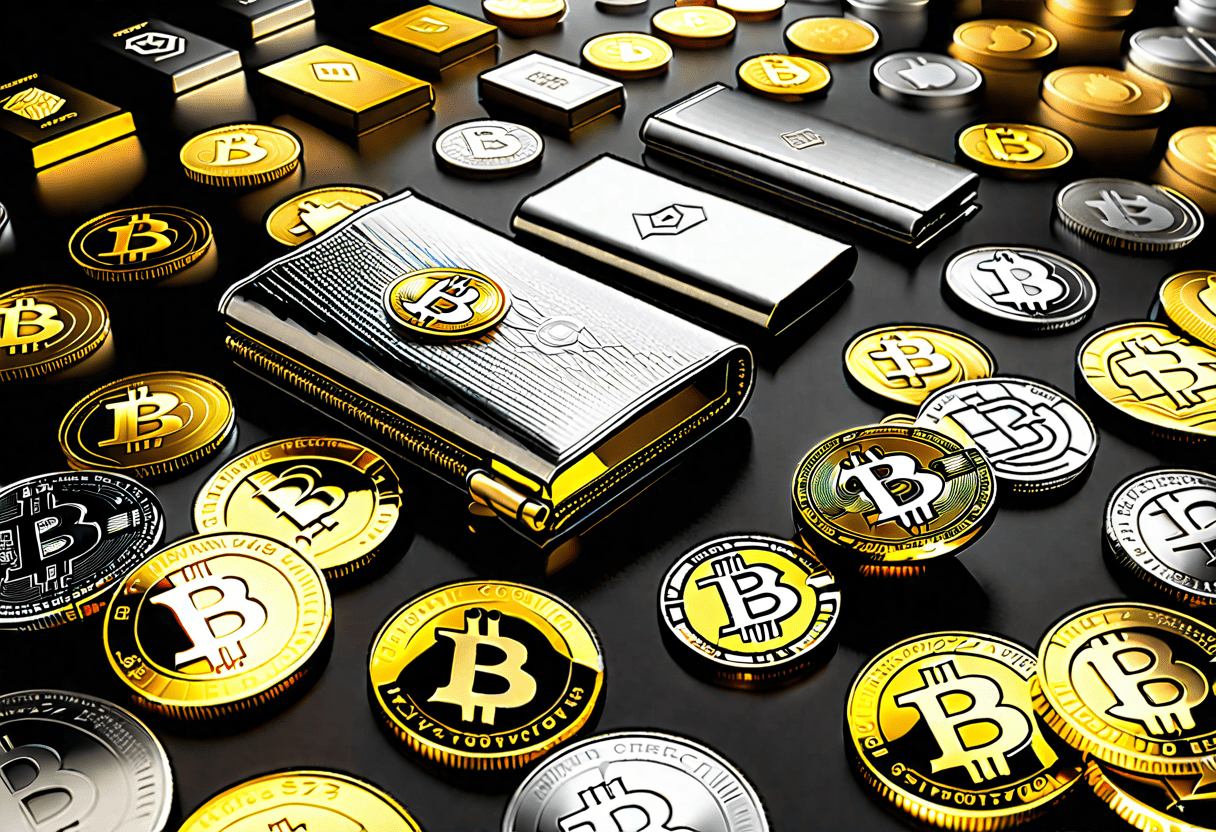

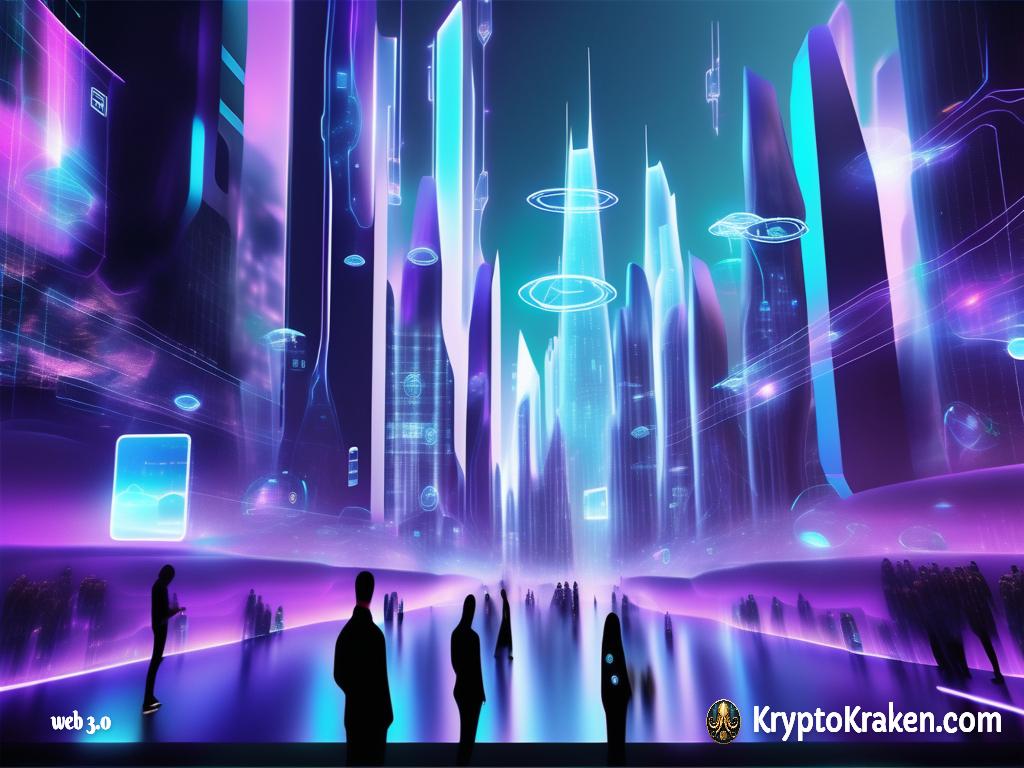
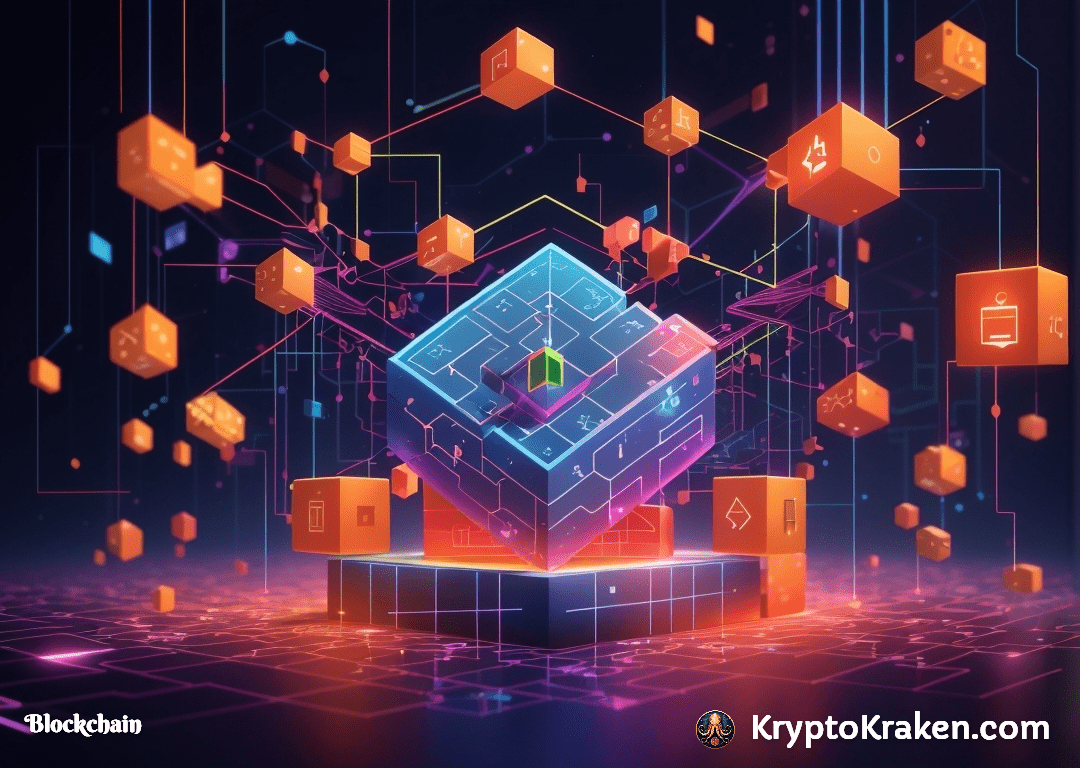
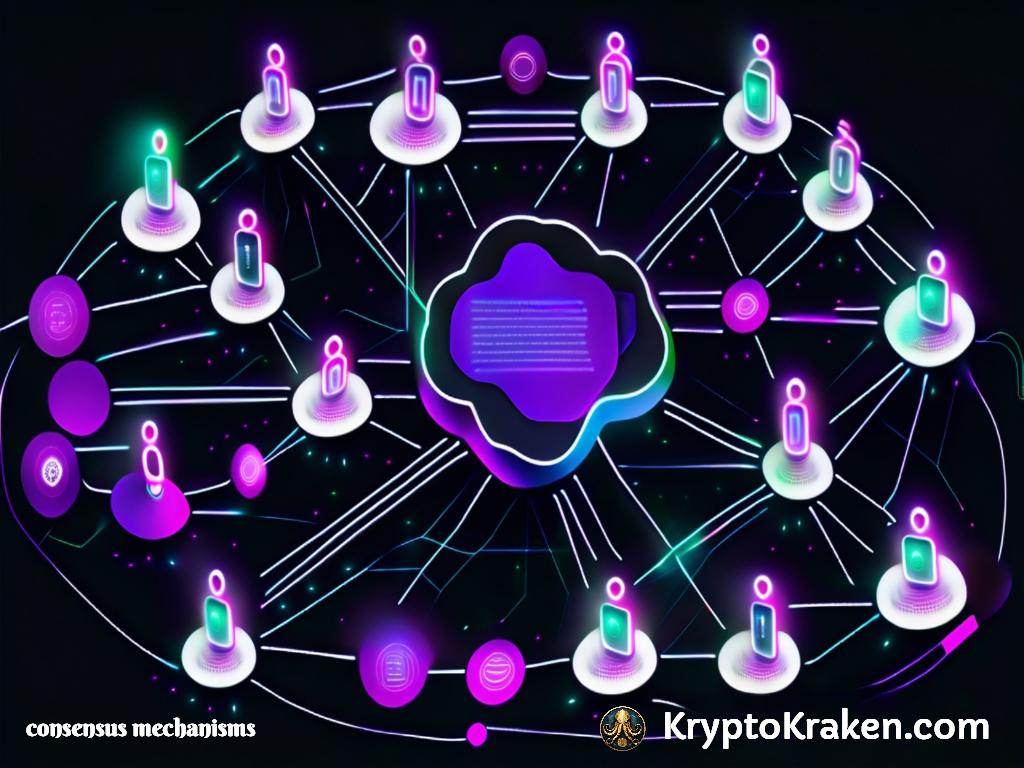
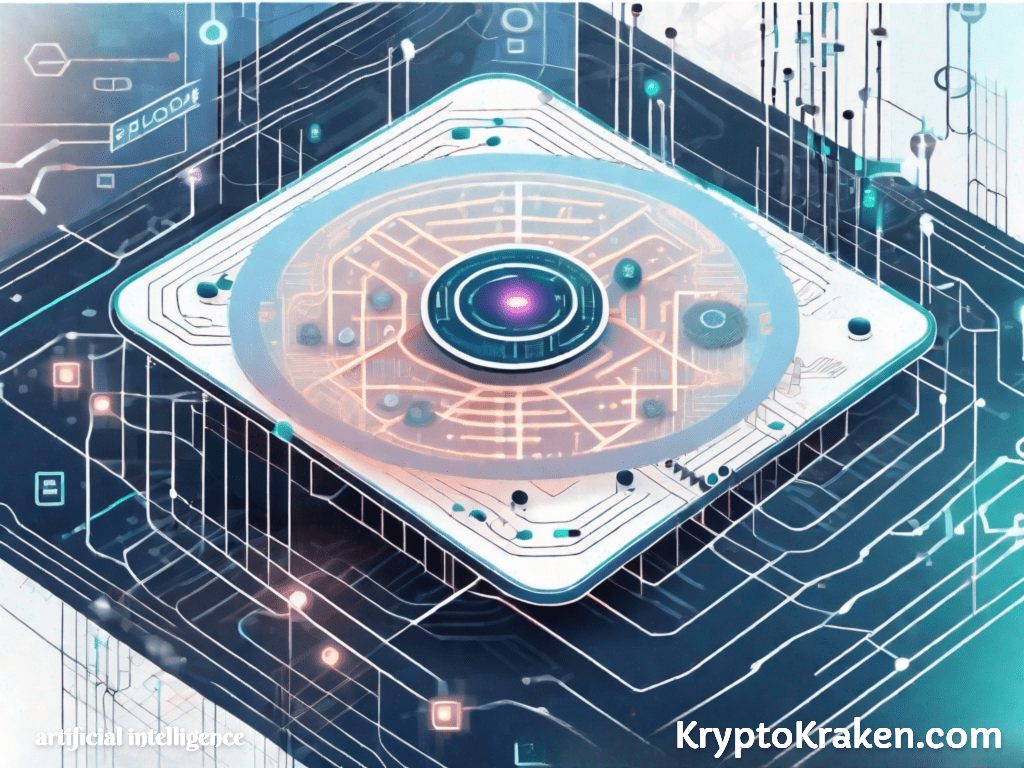
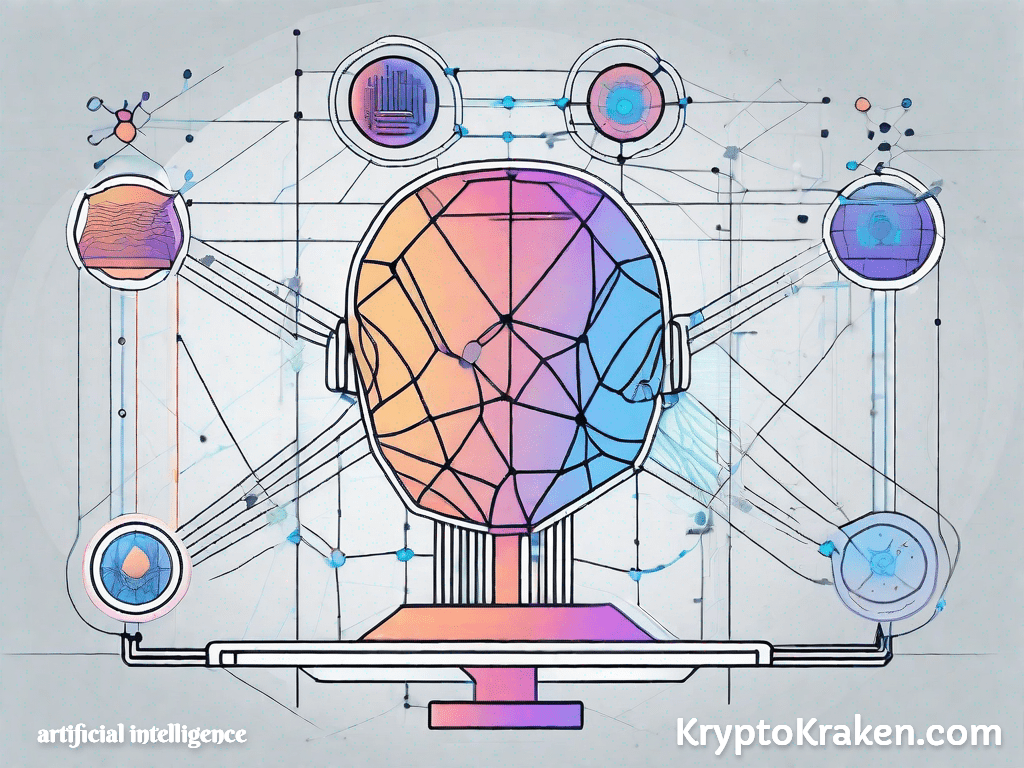
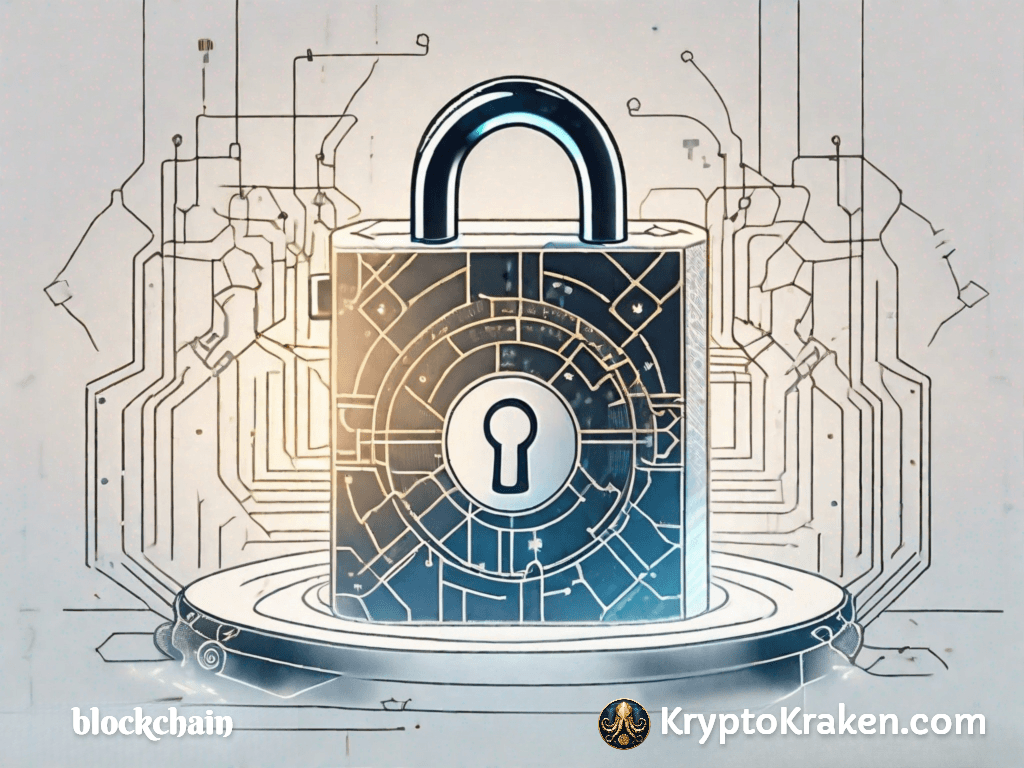
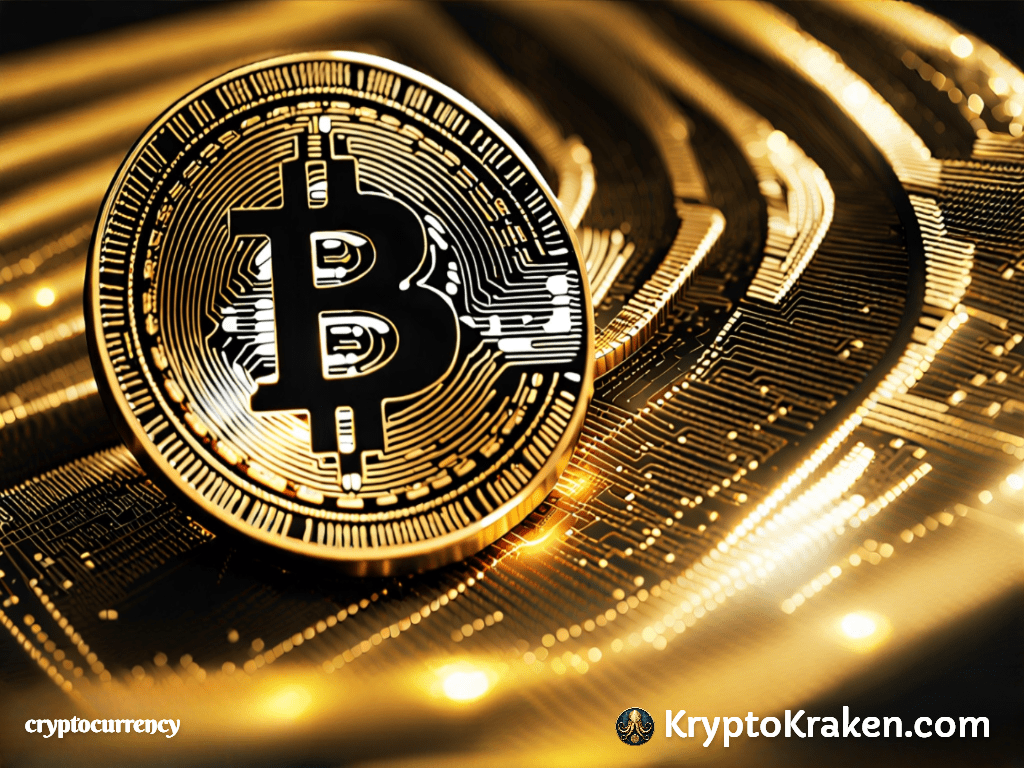
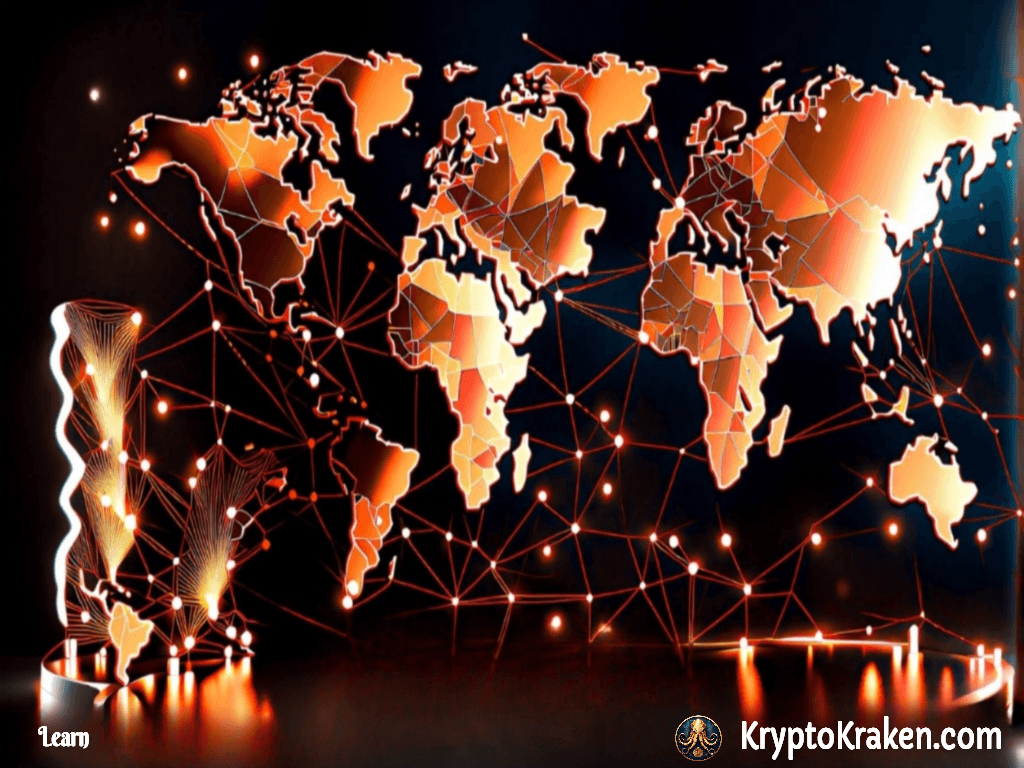
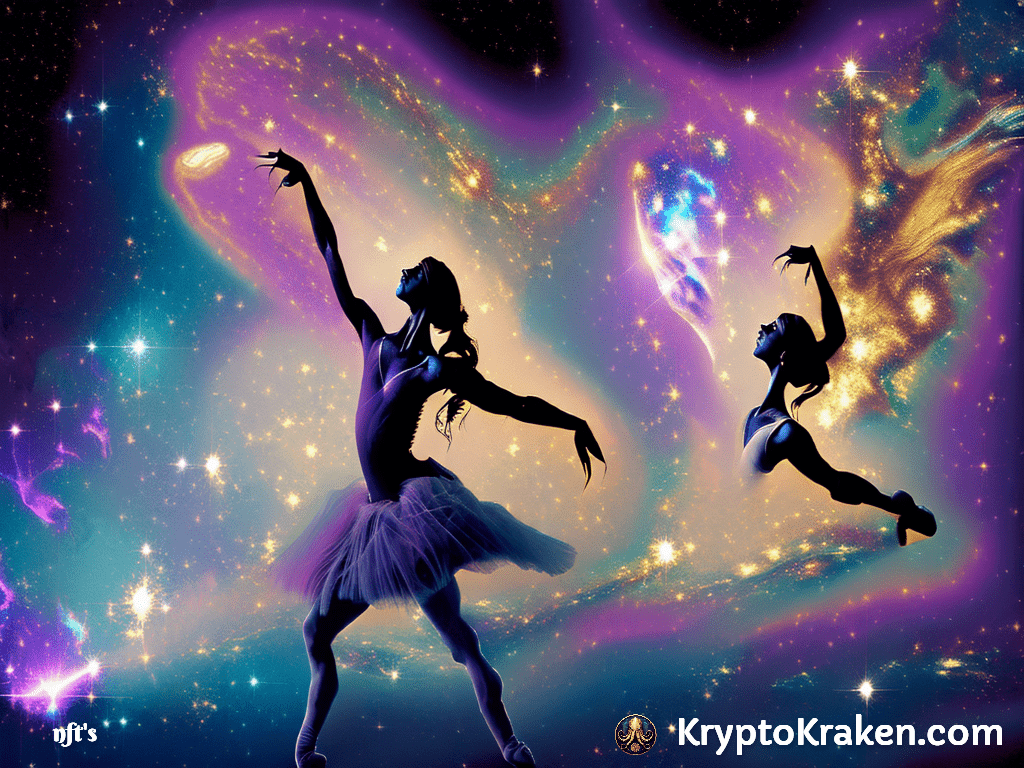
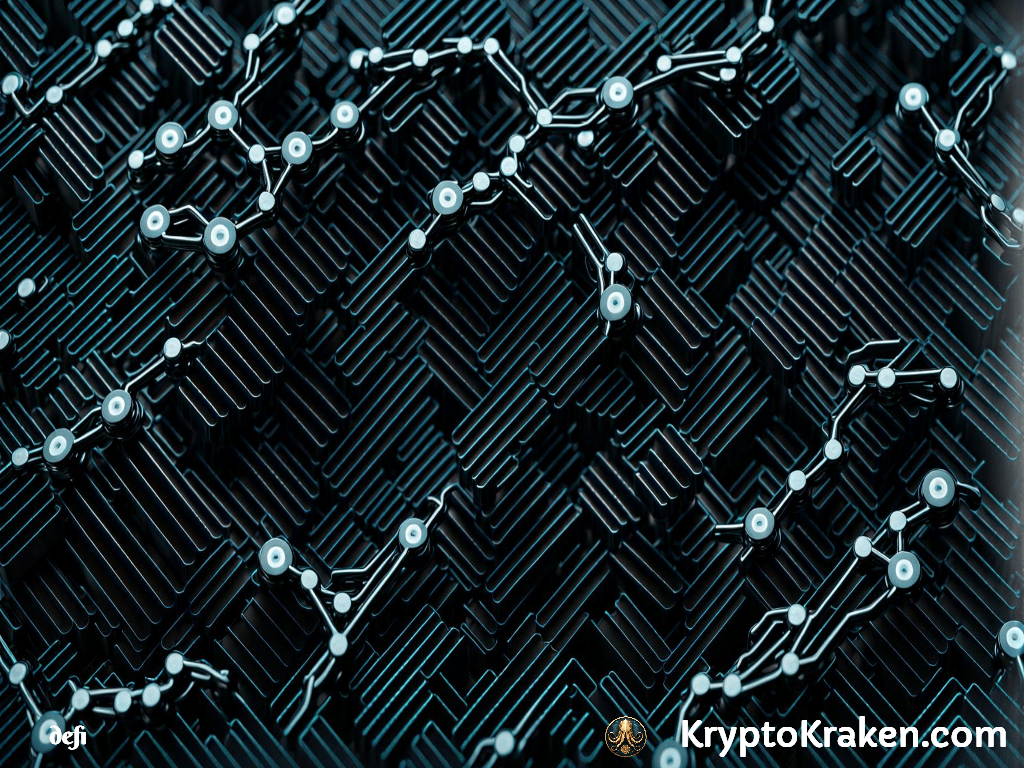
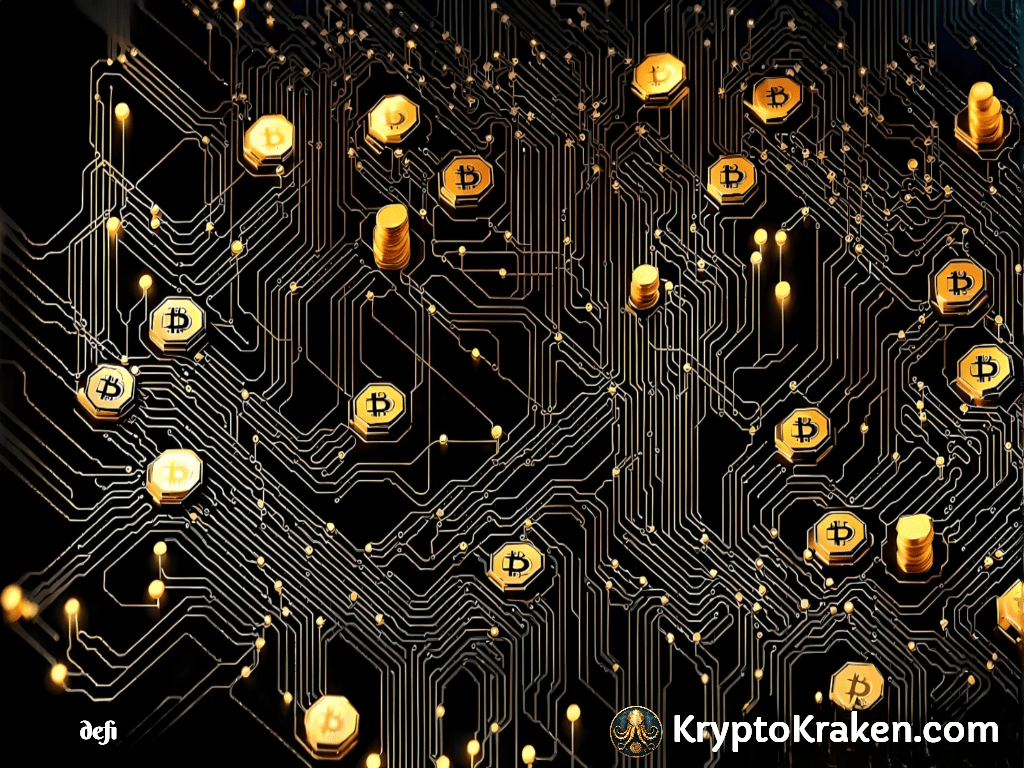

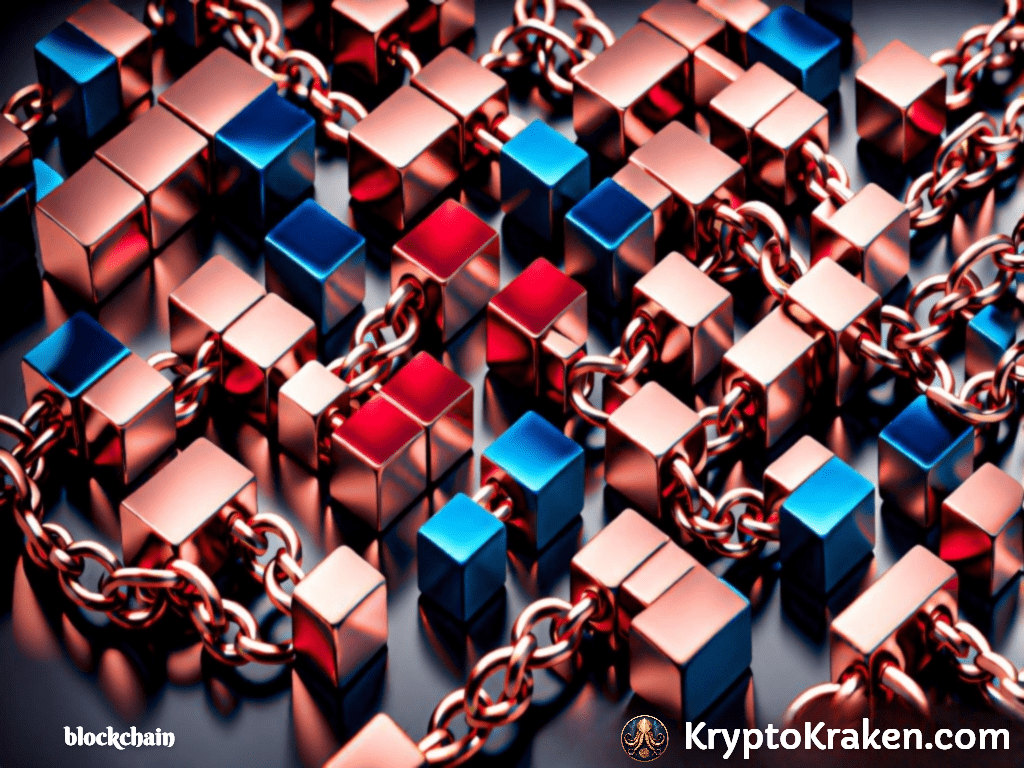
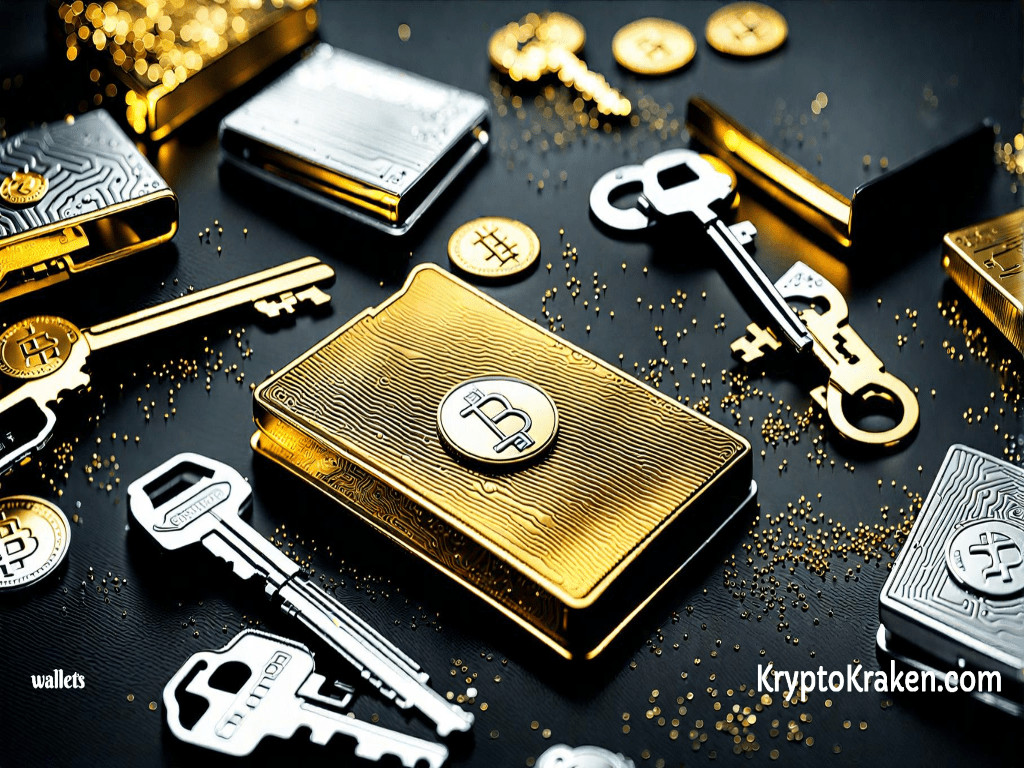
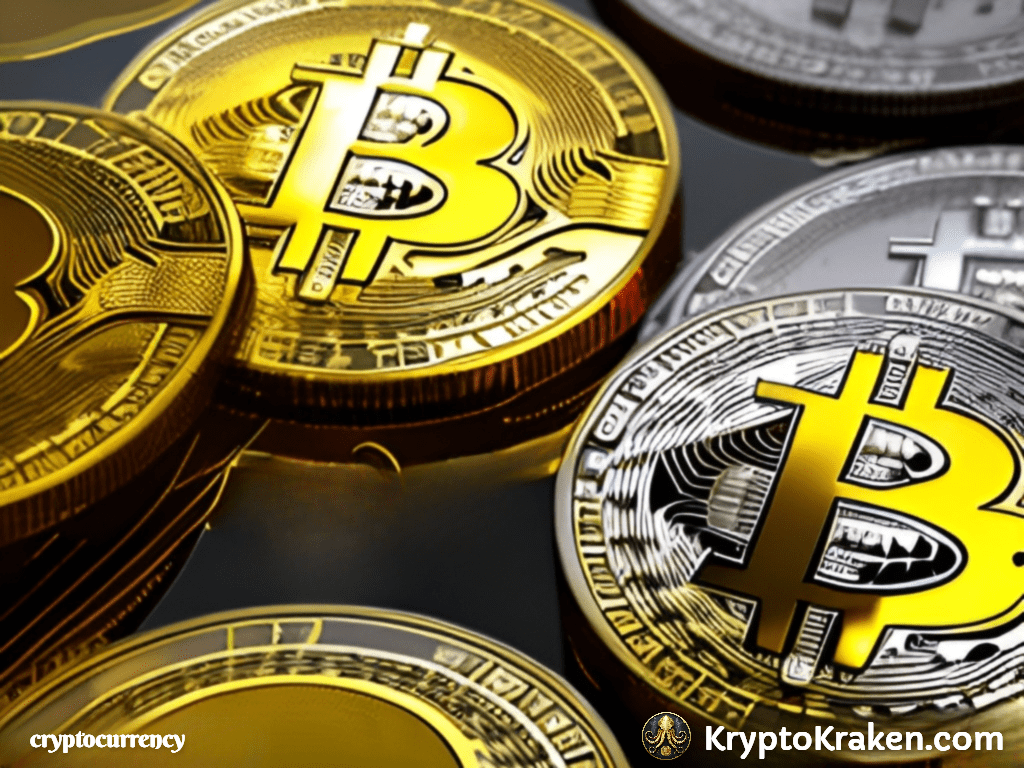
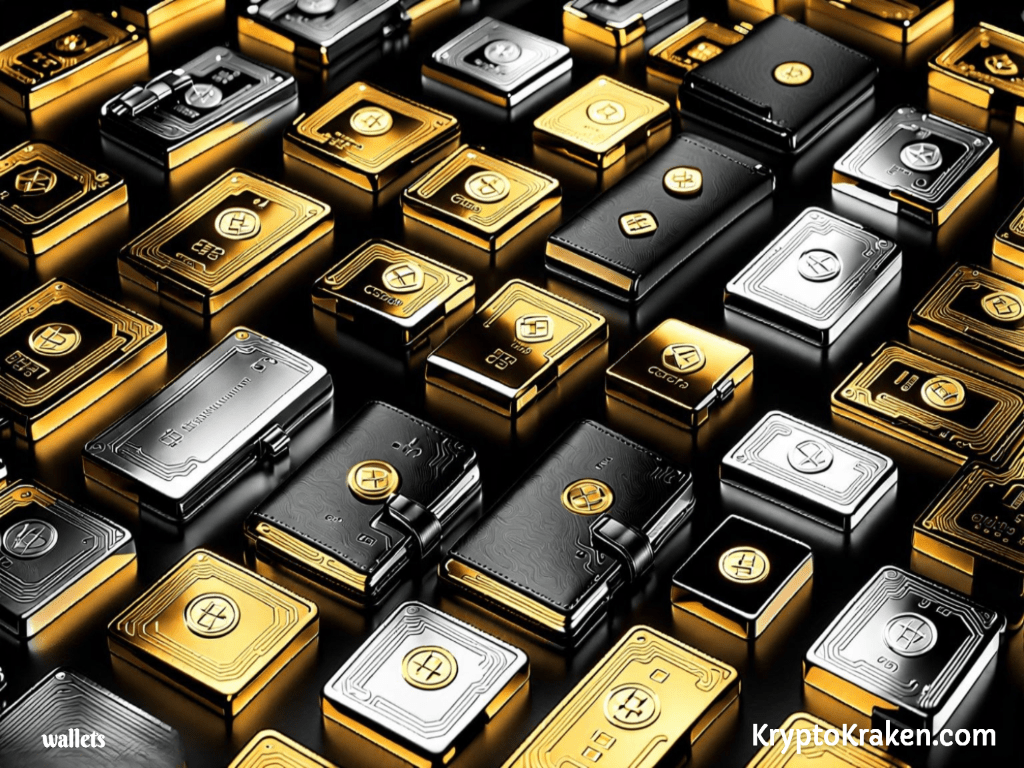
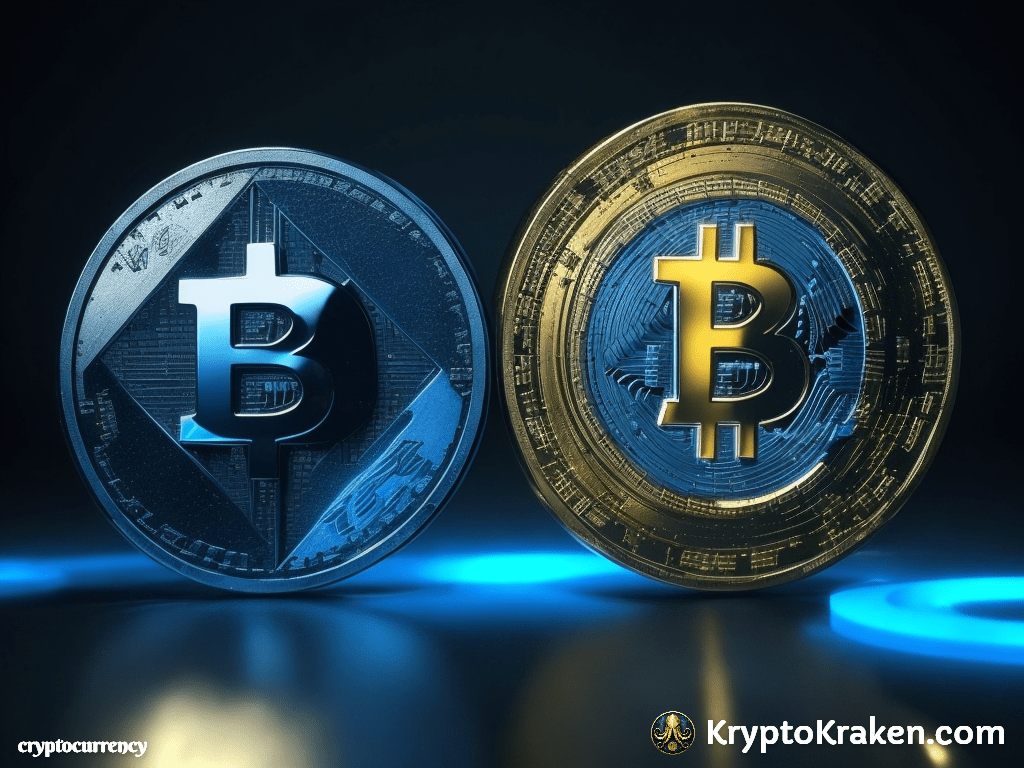
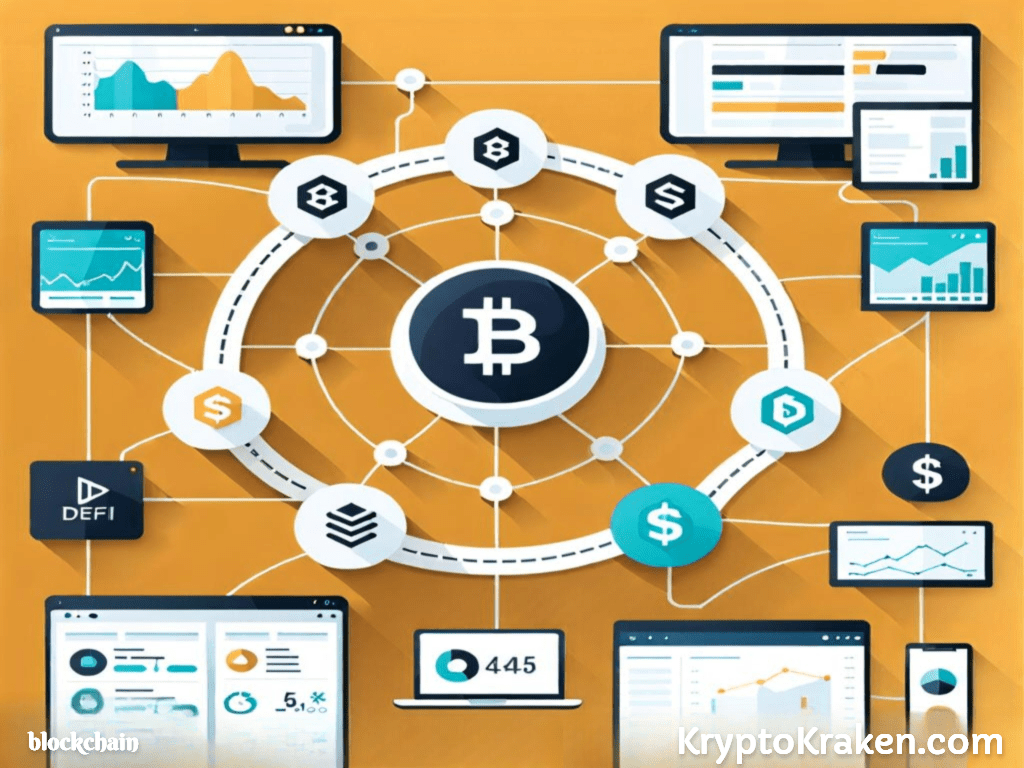
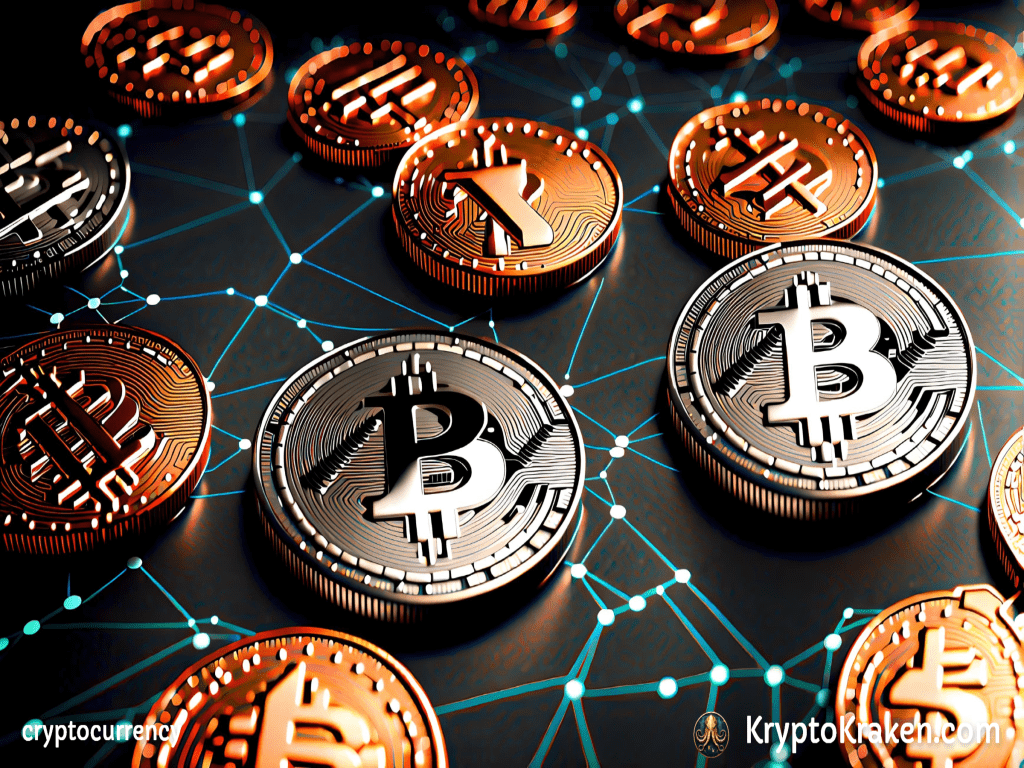
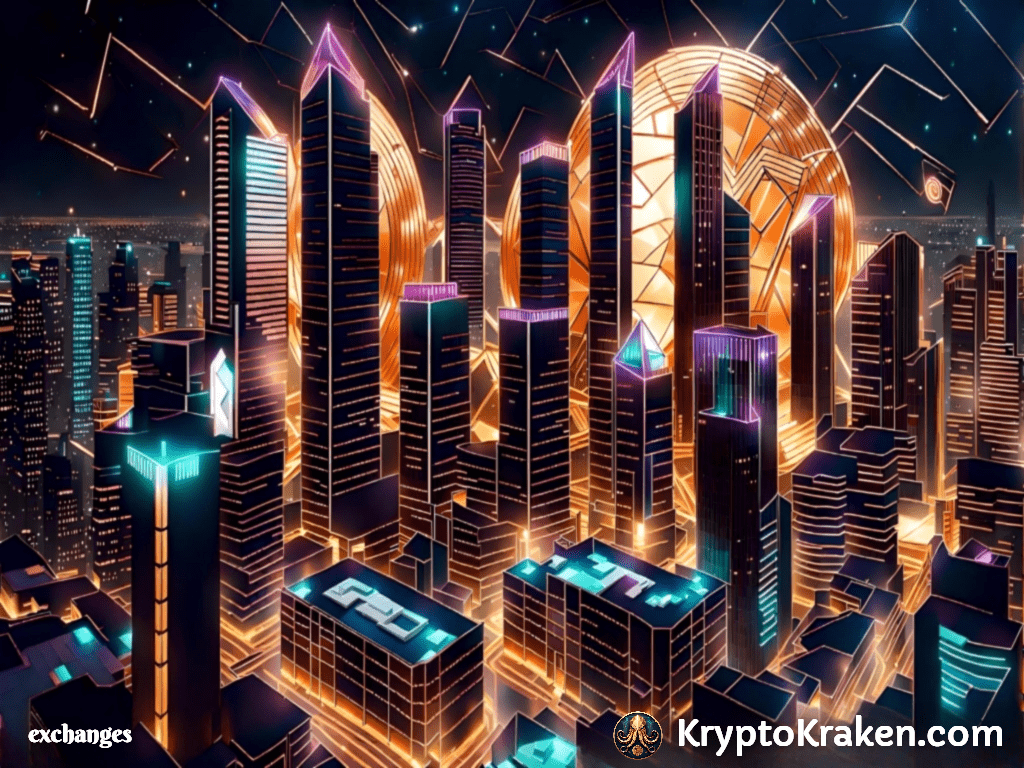
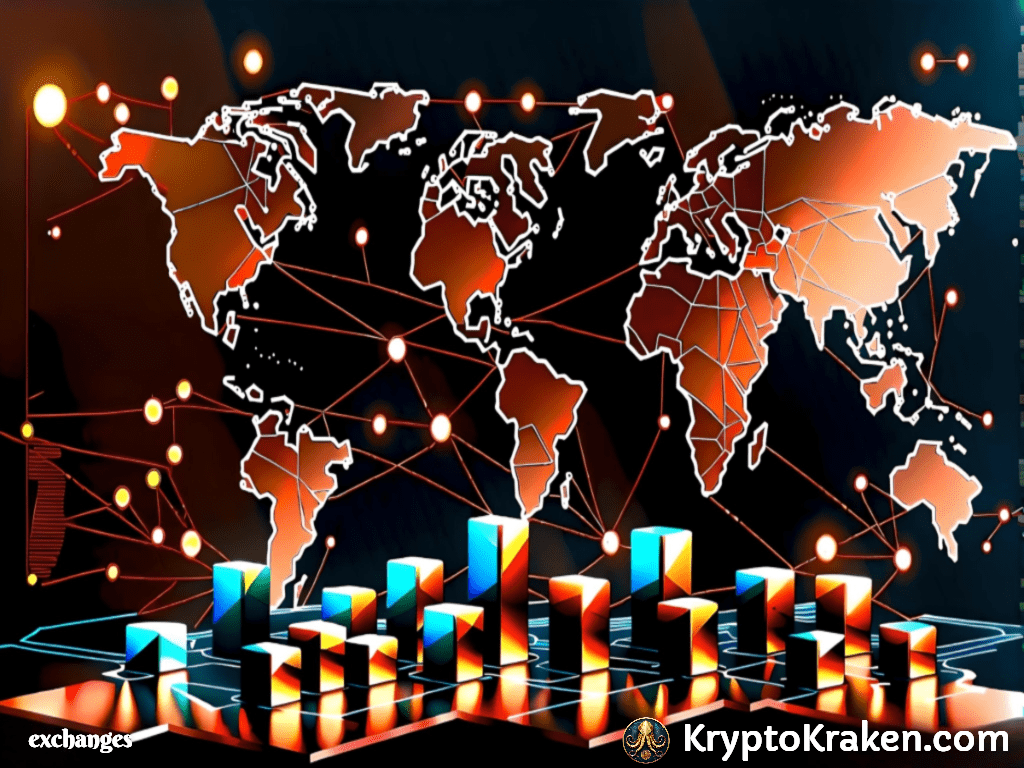
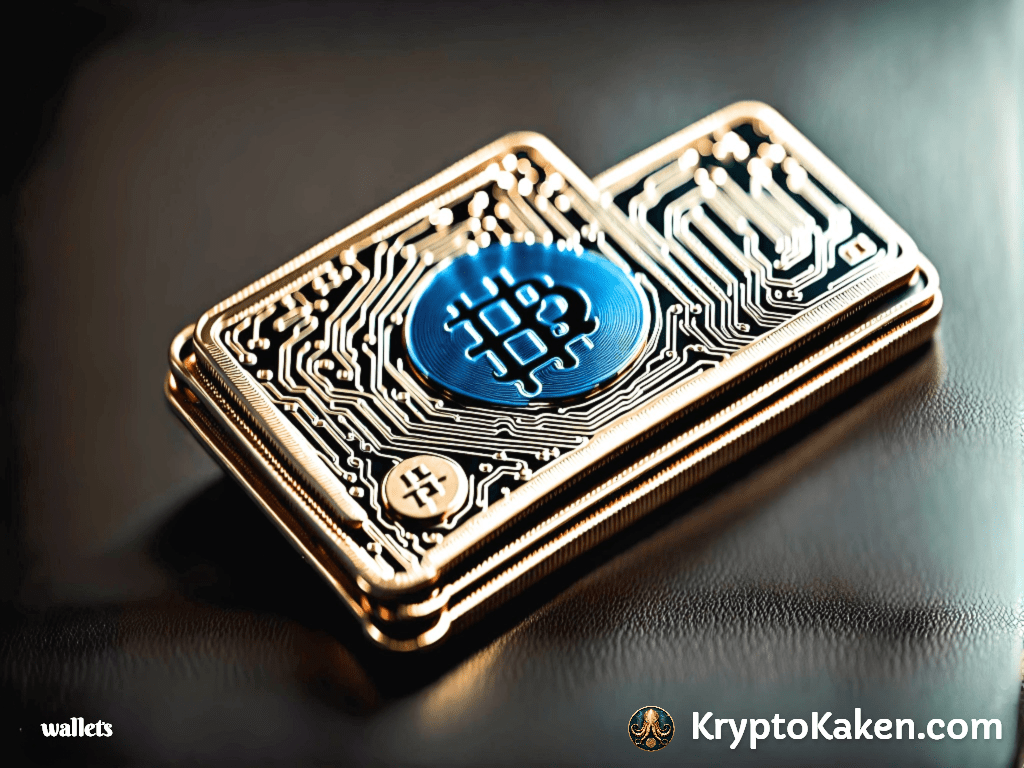

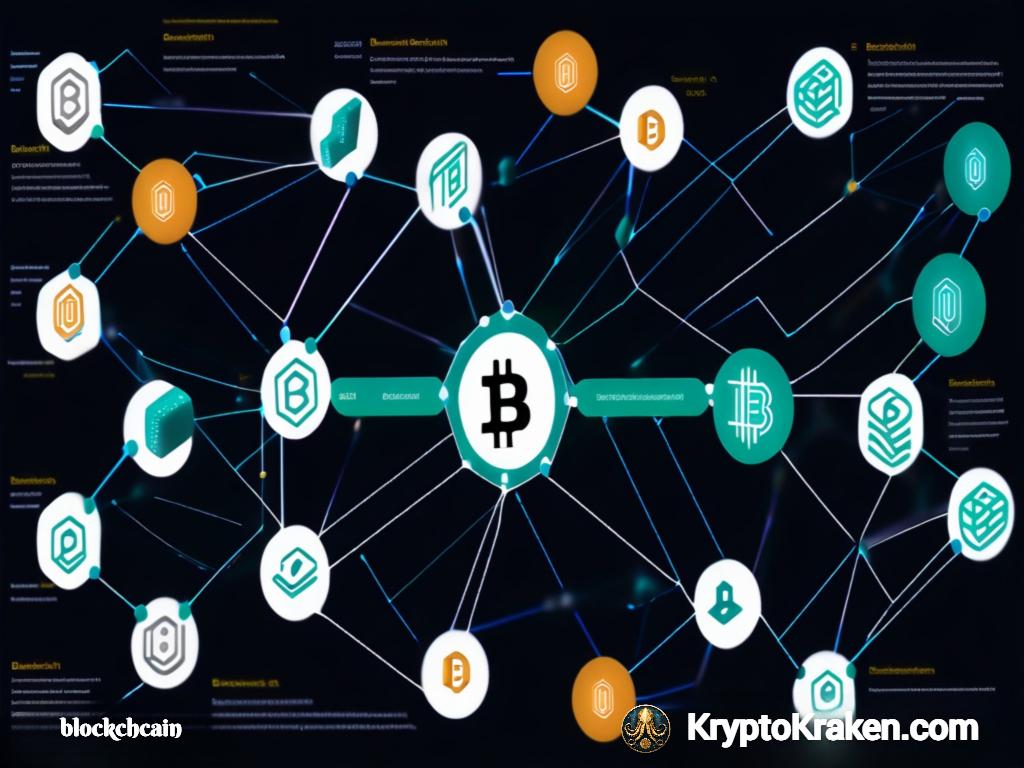
1 comment on “DeFi: The Complete Guide”